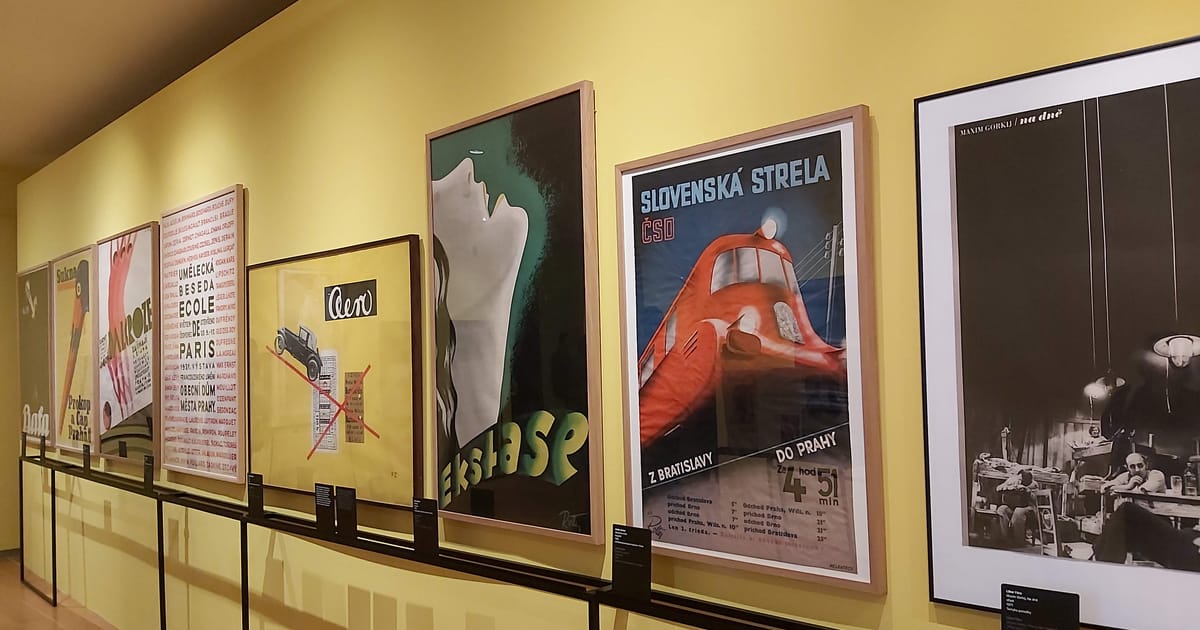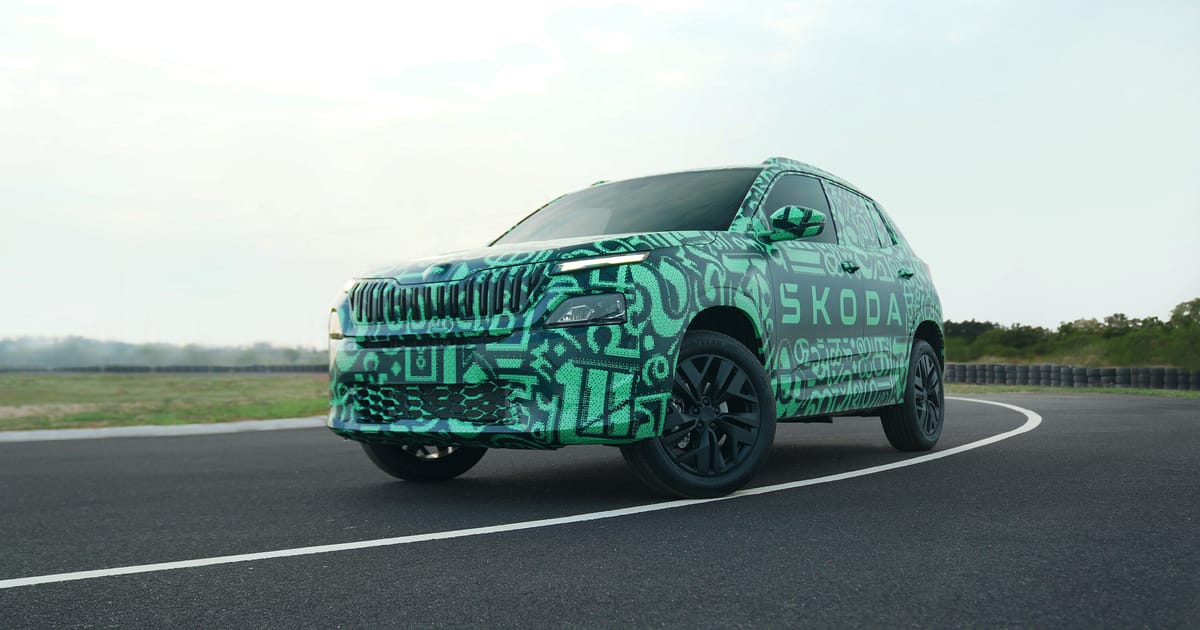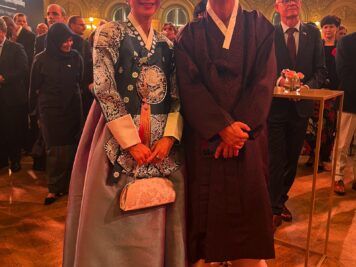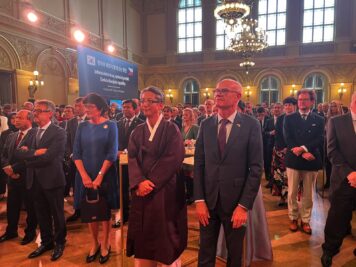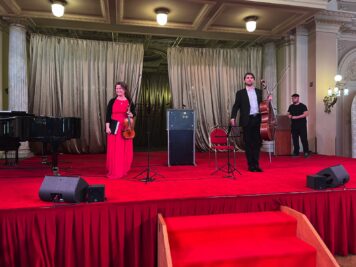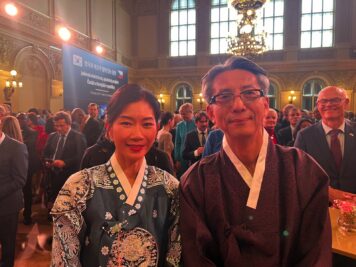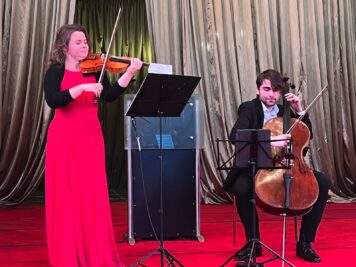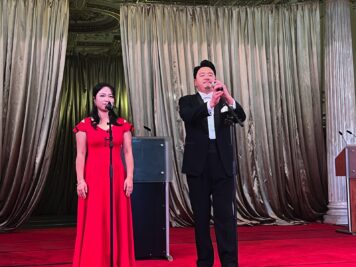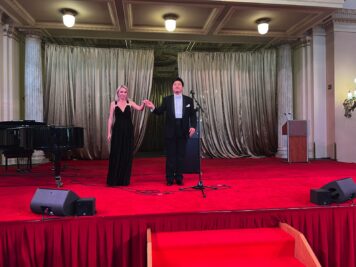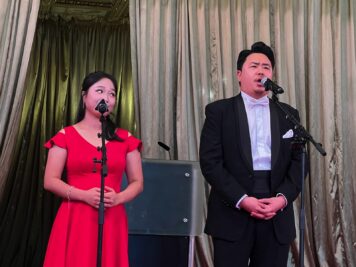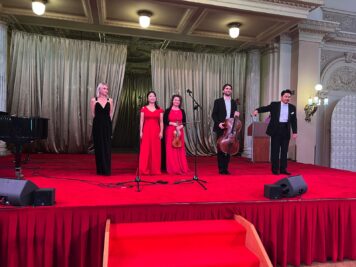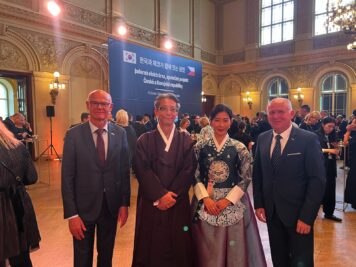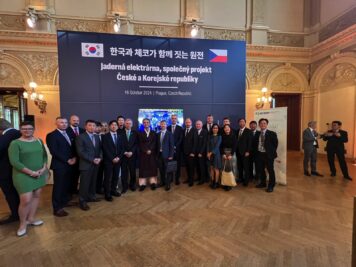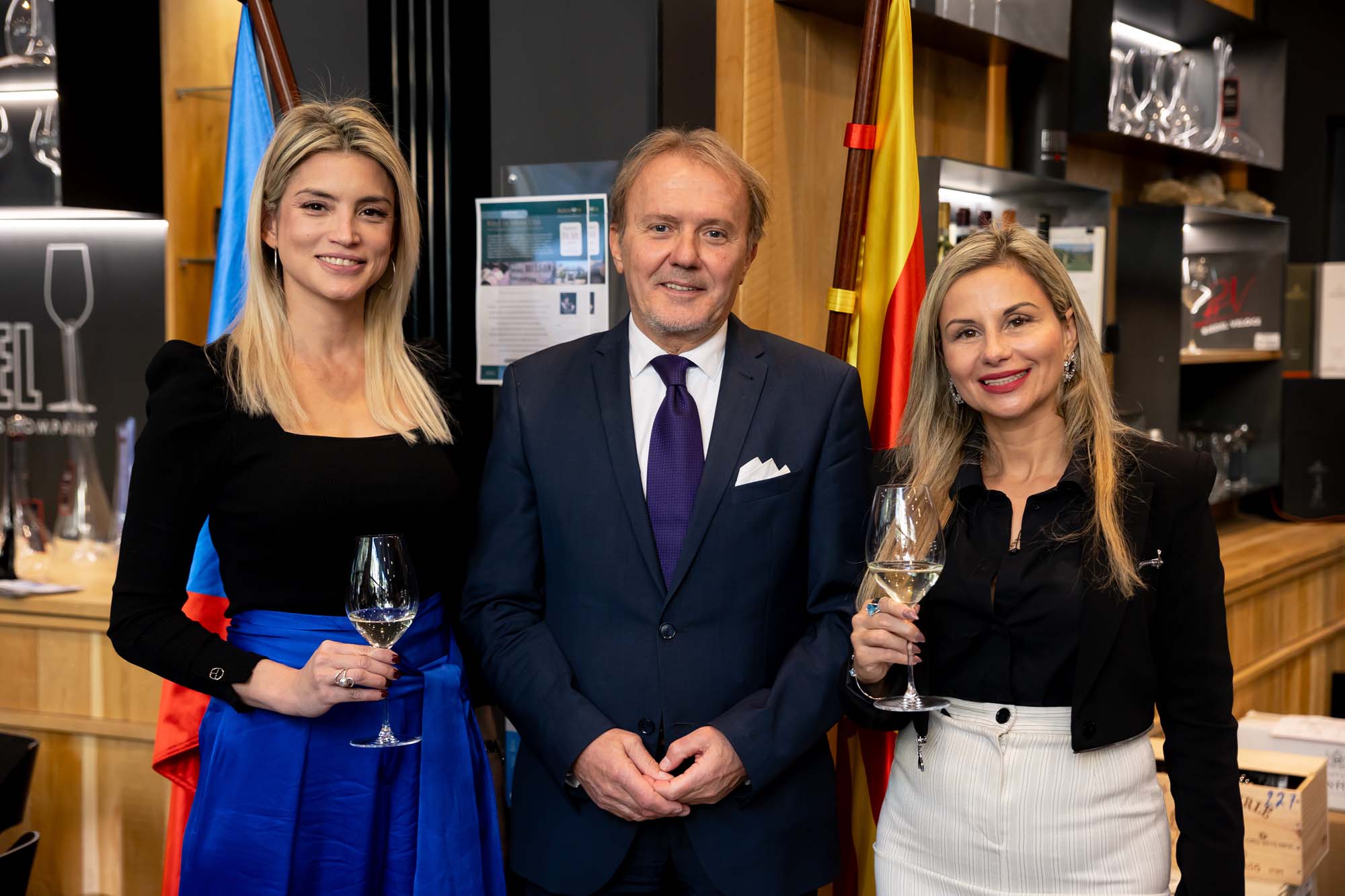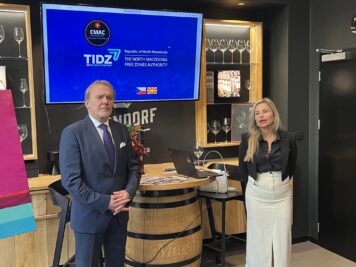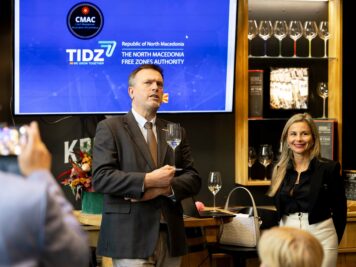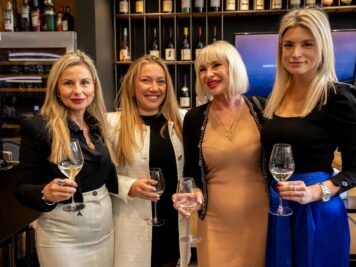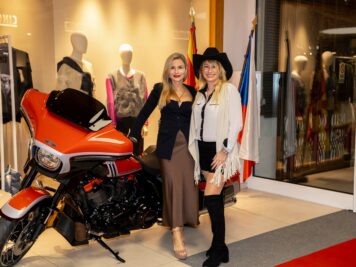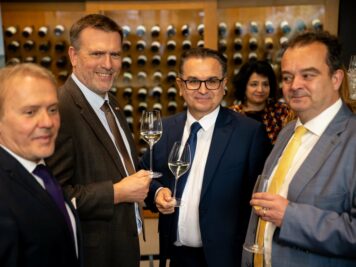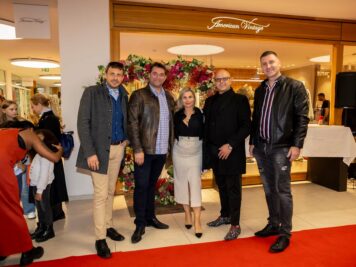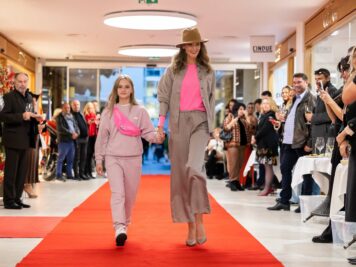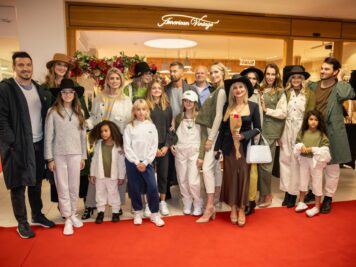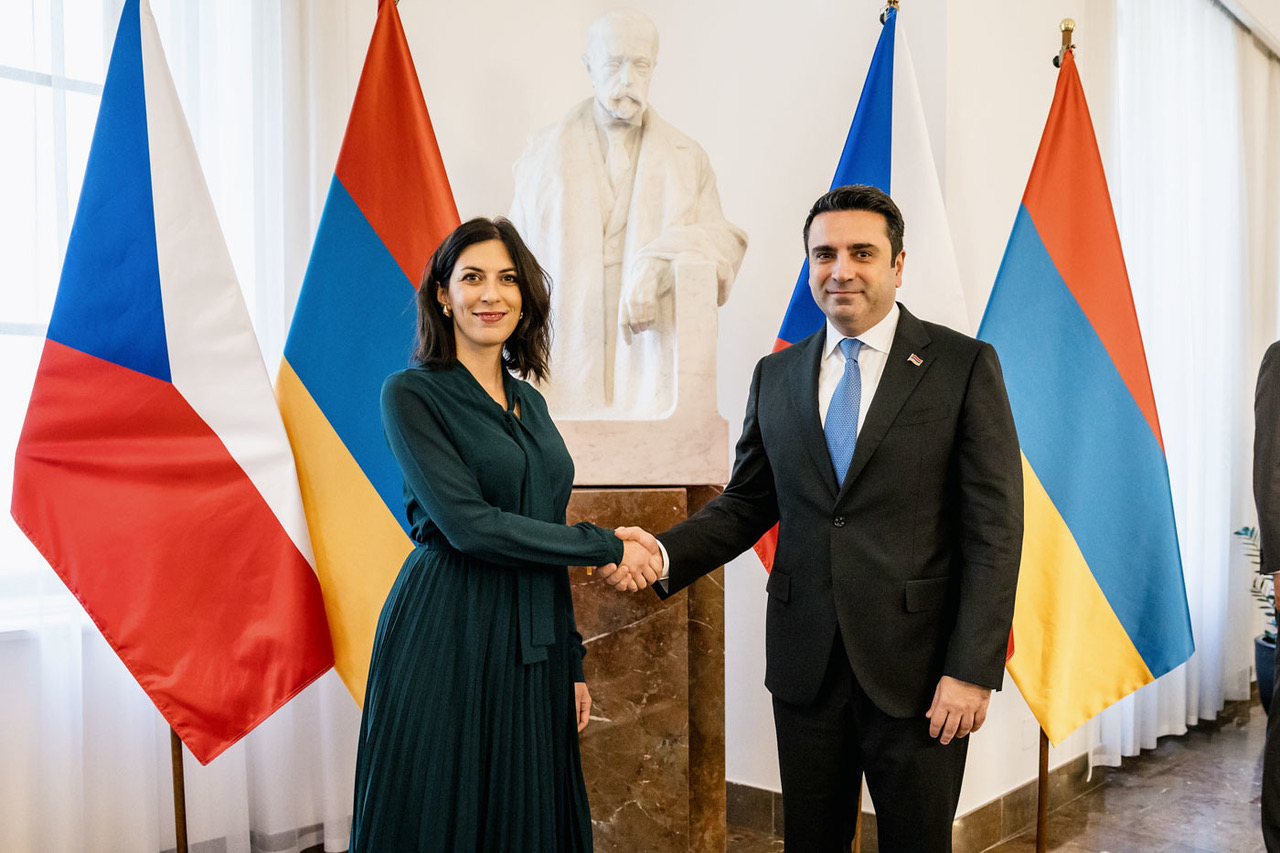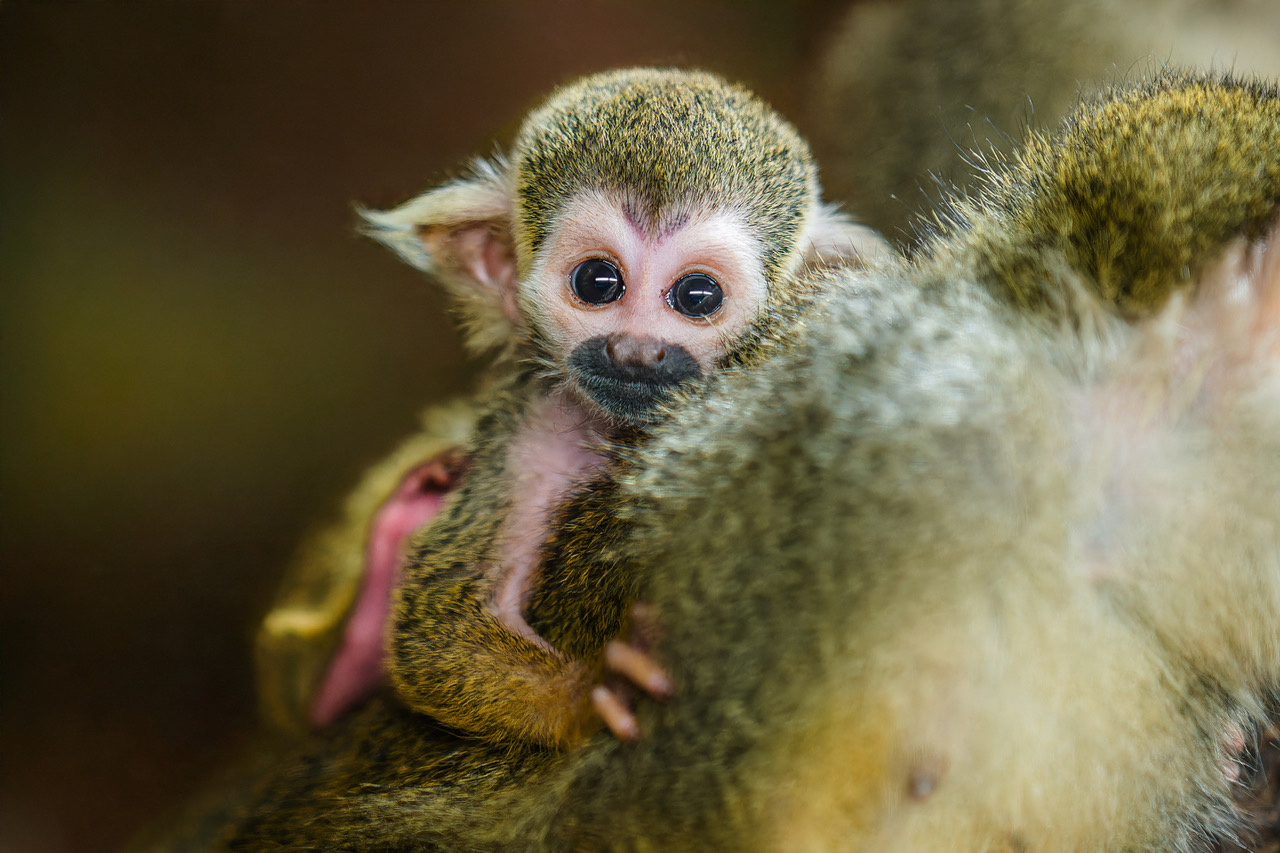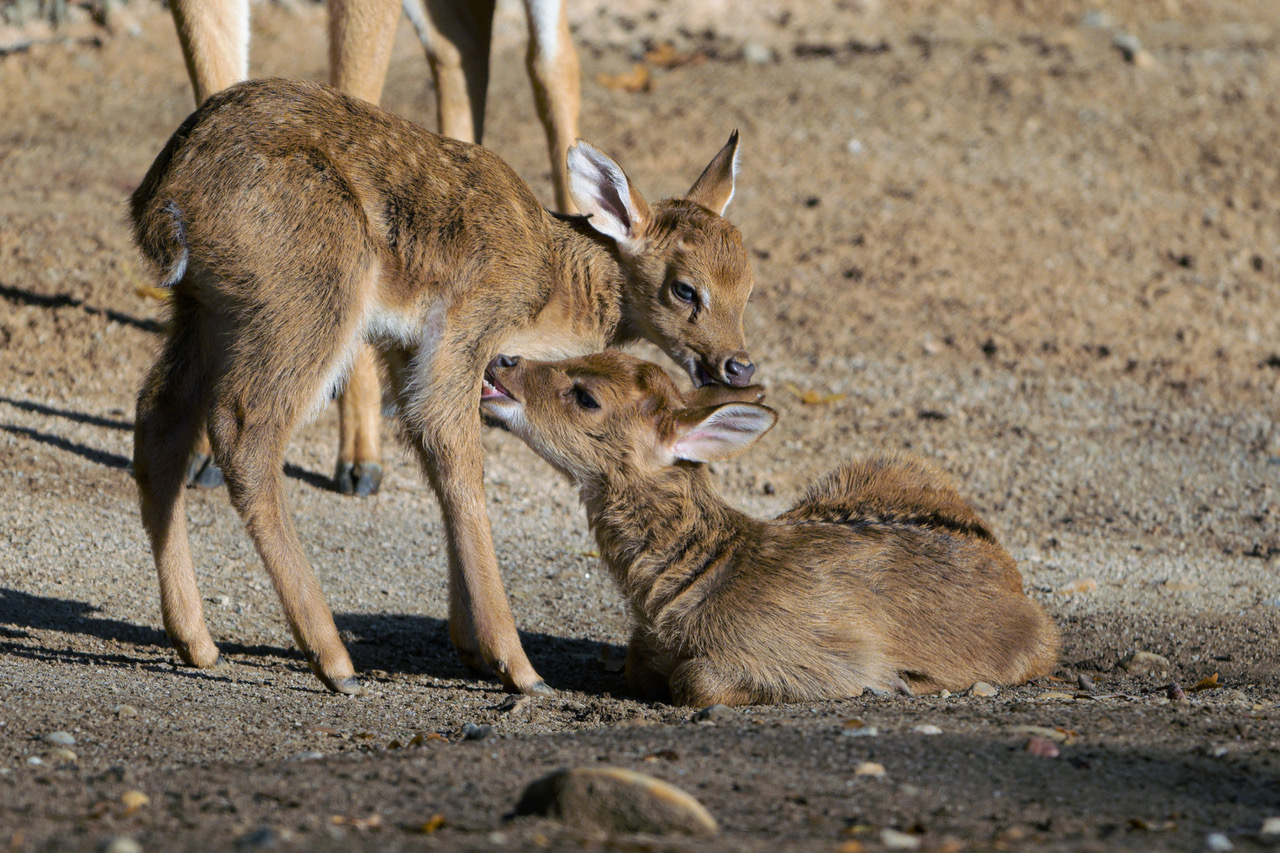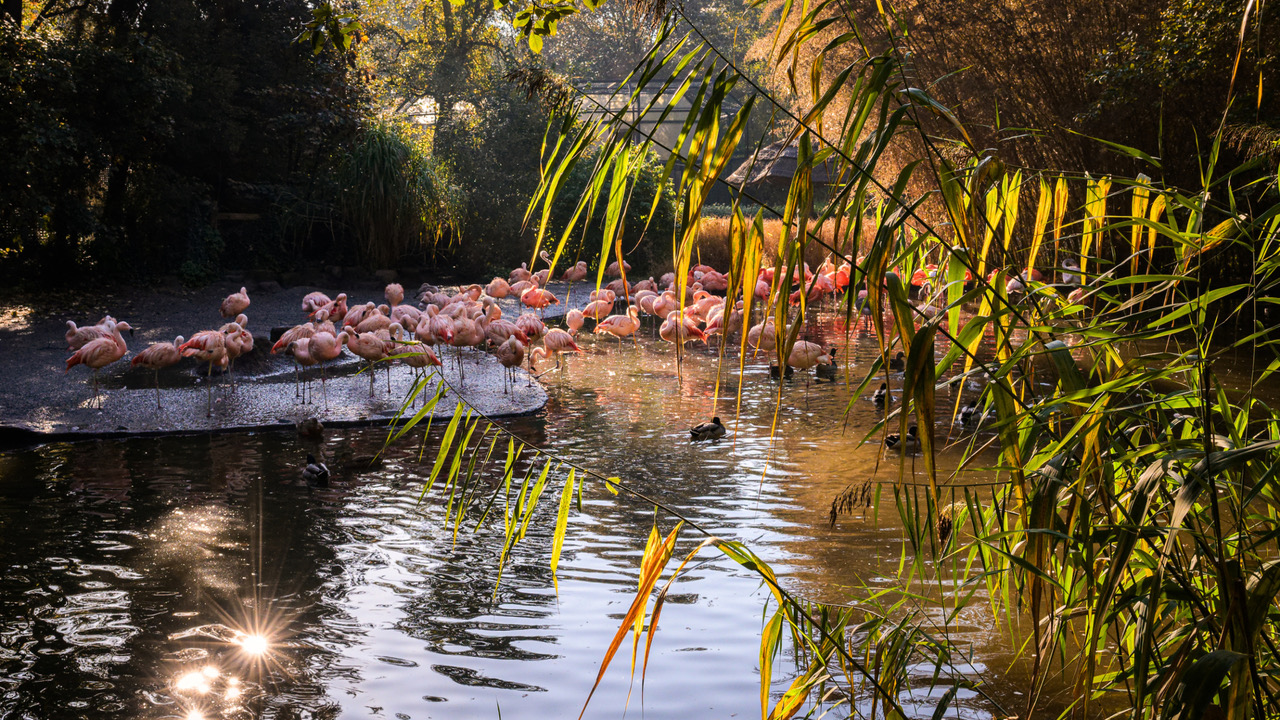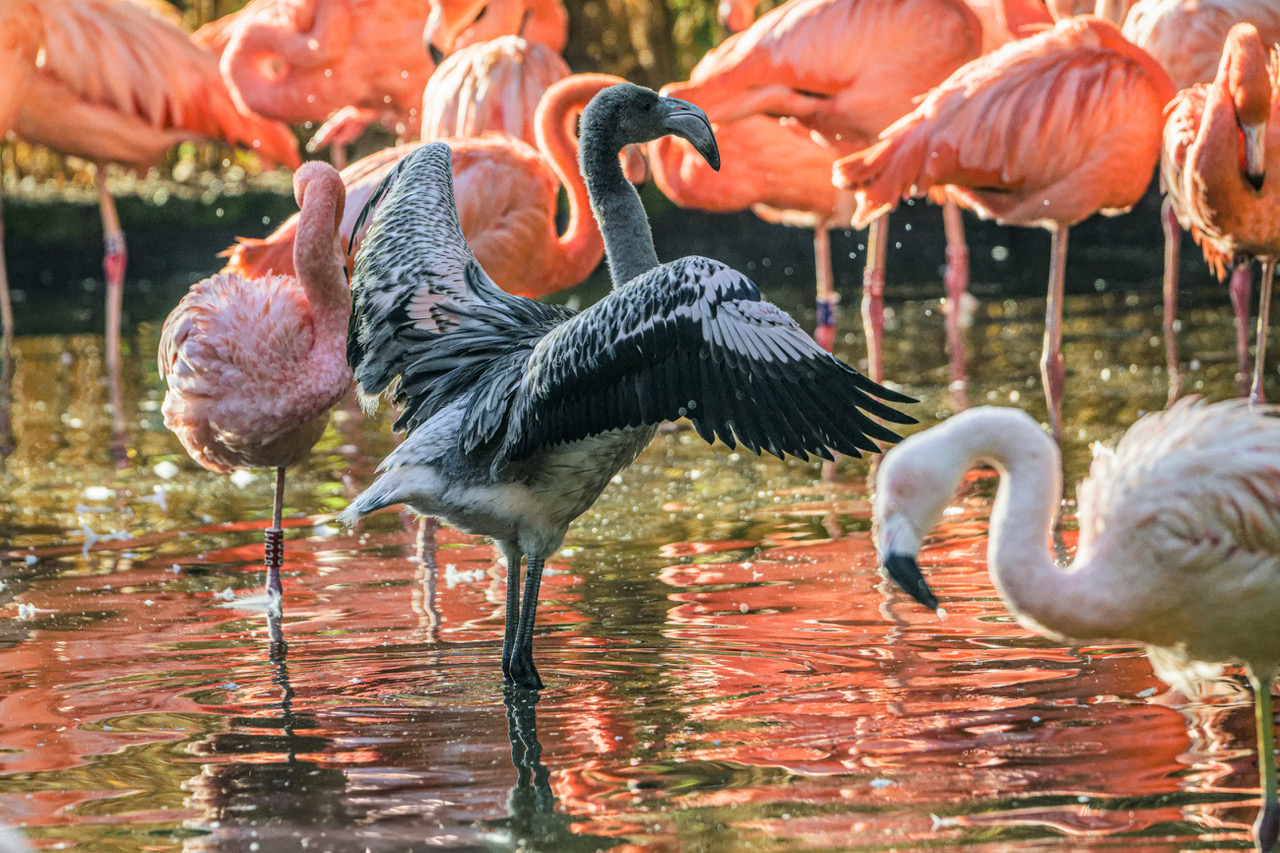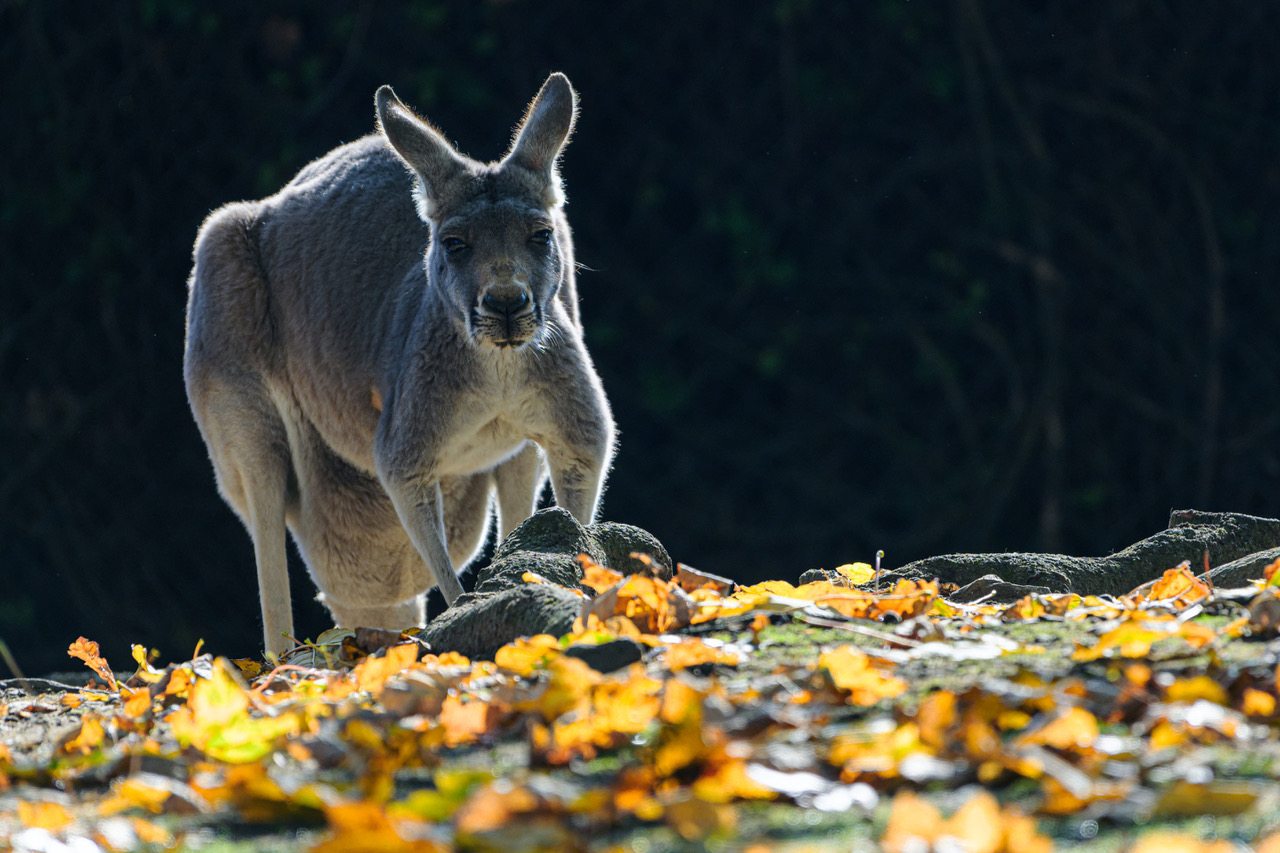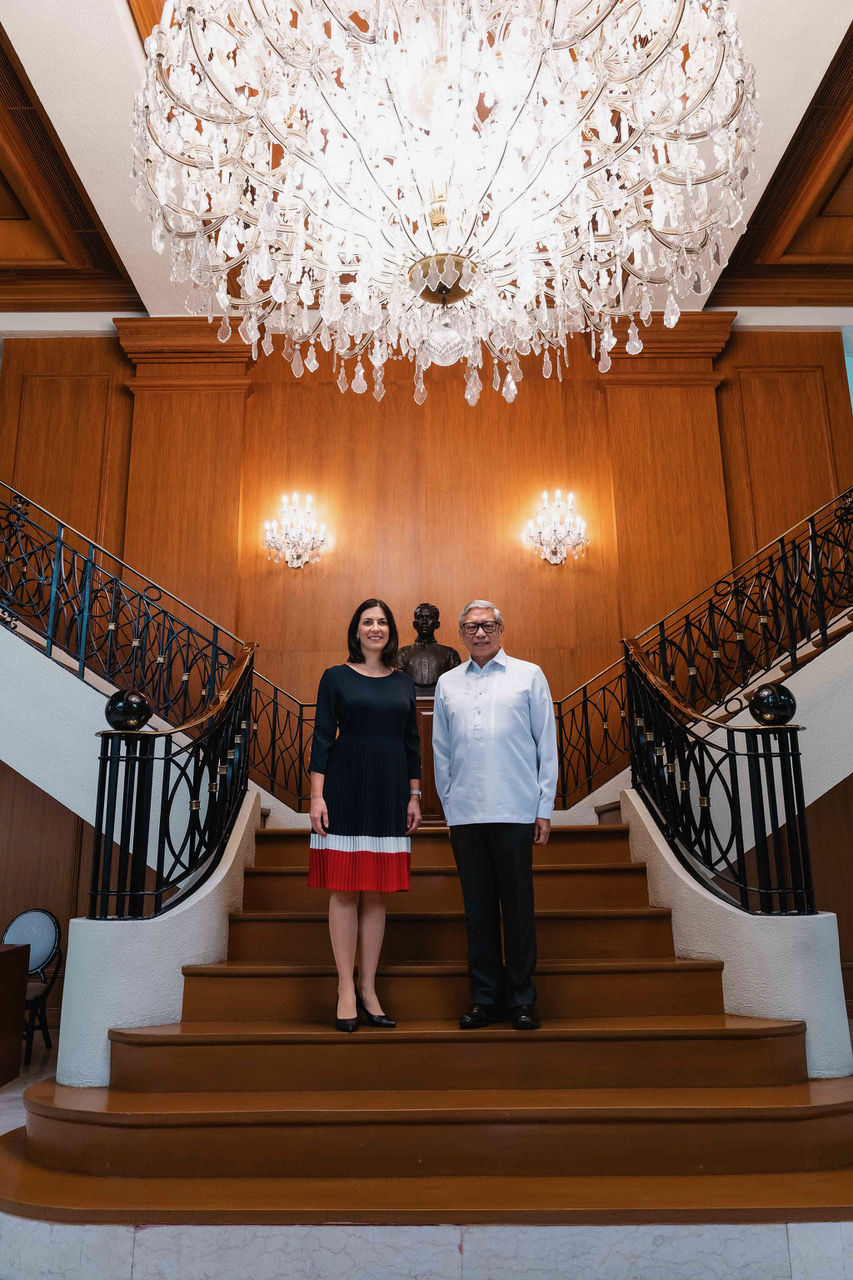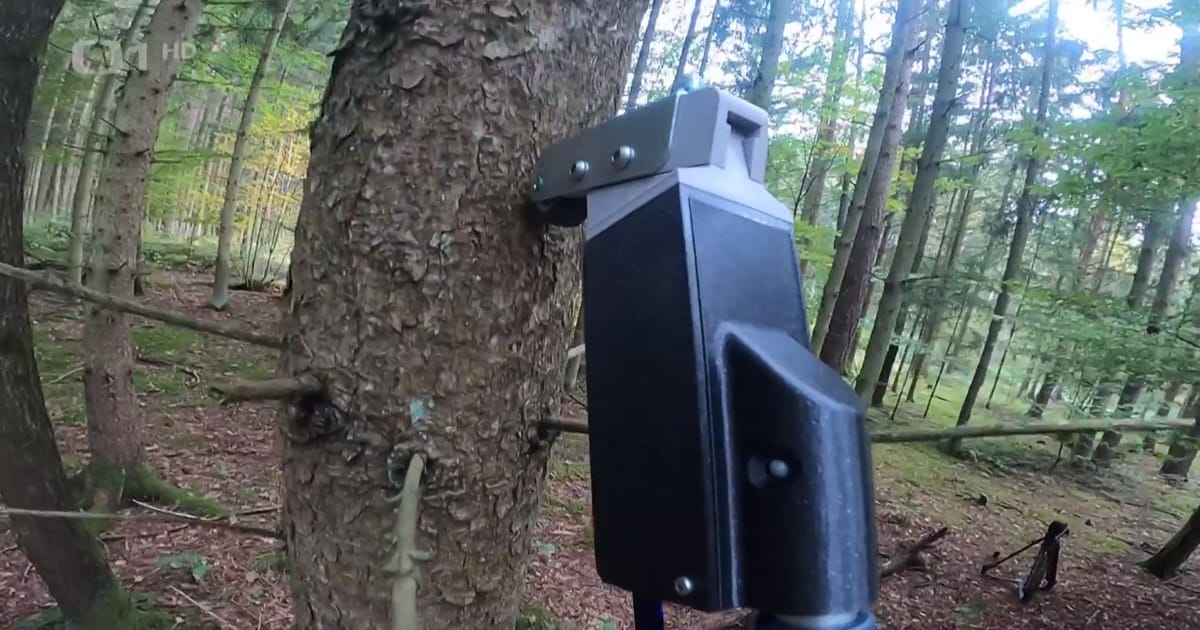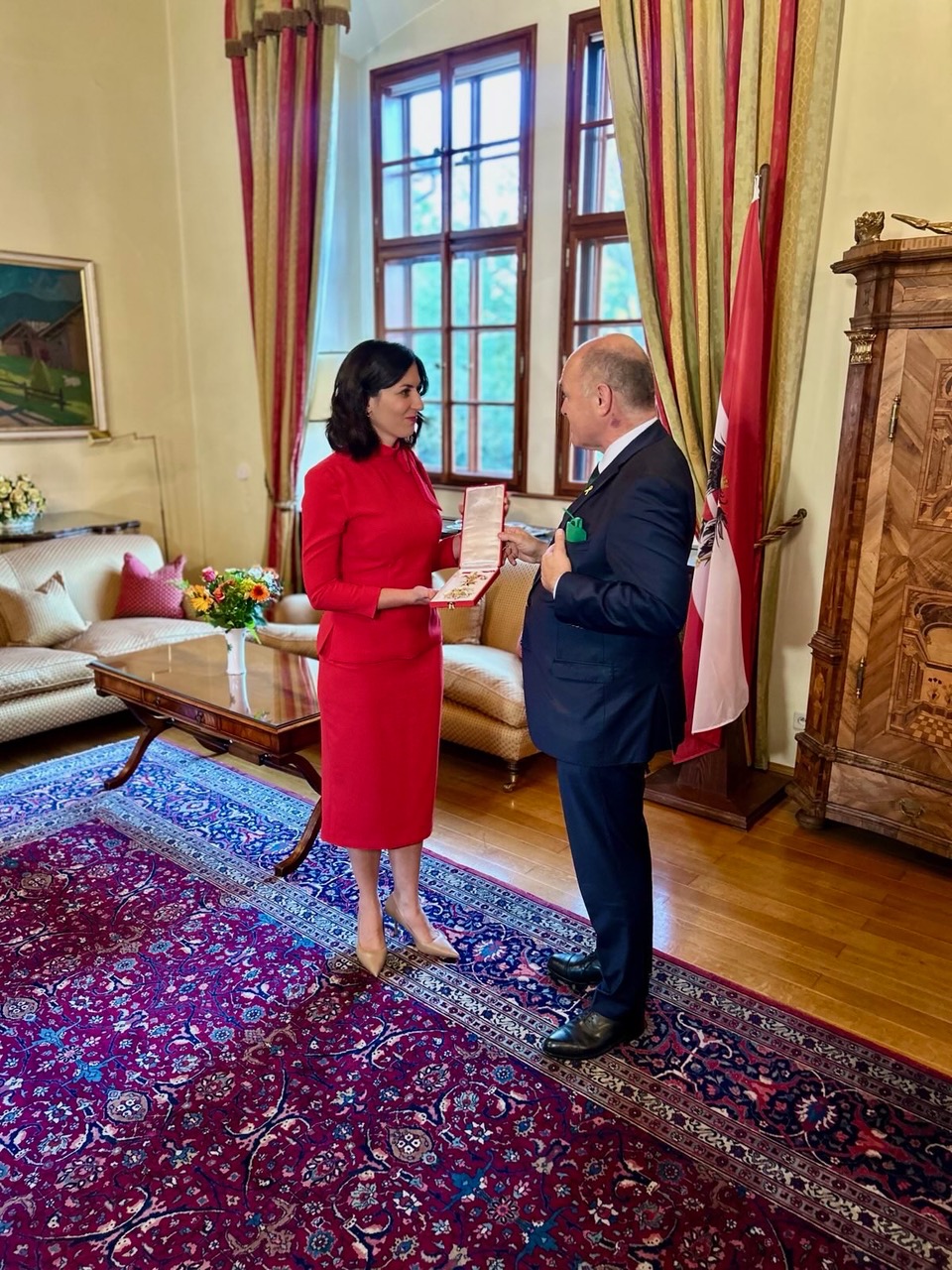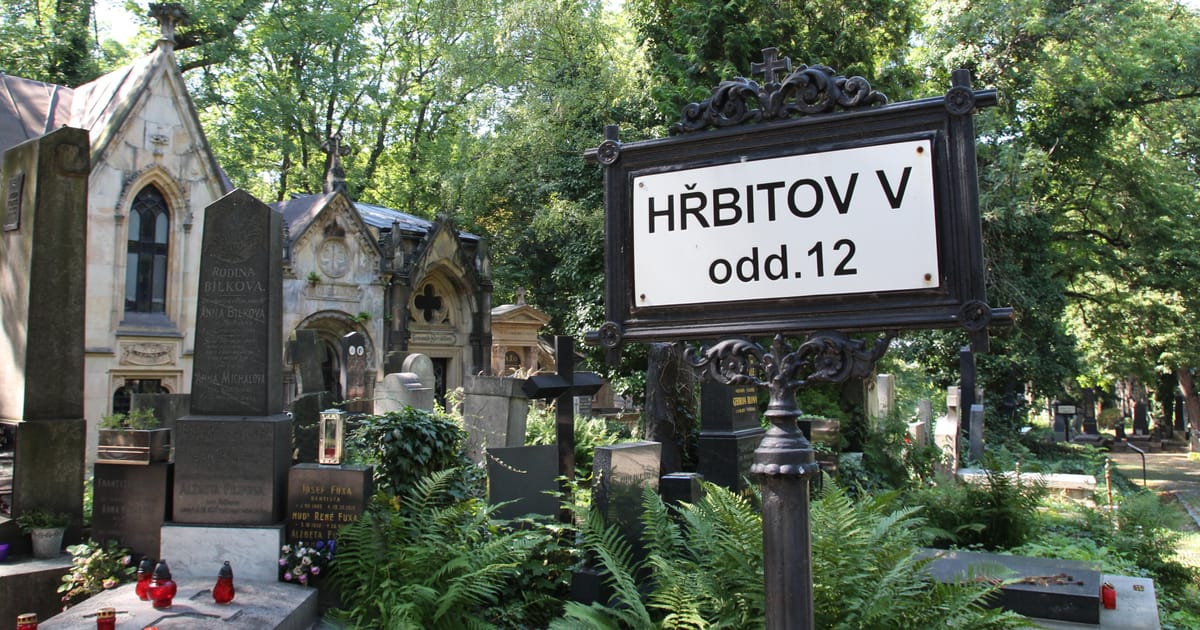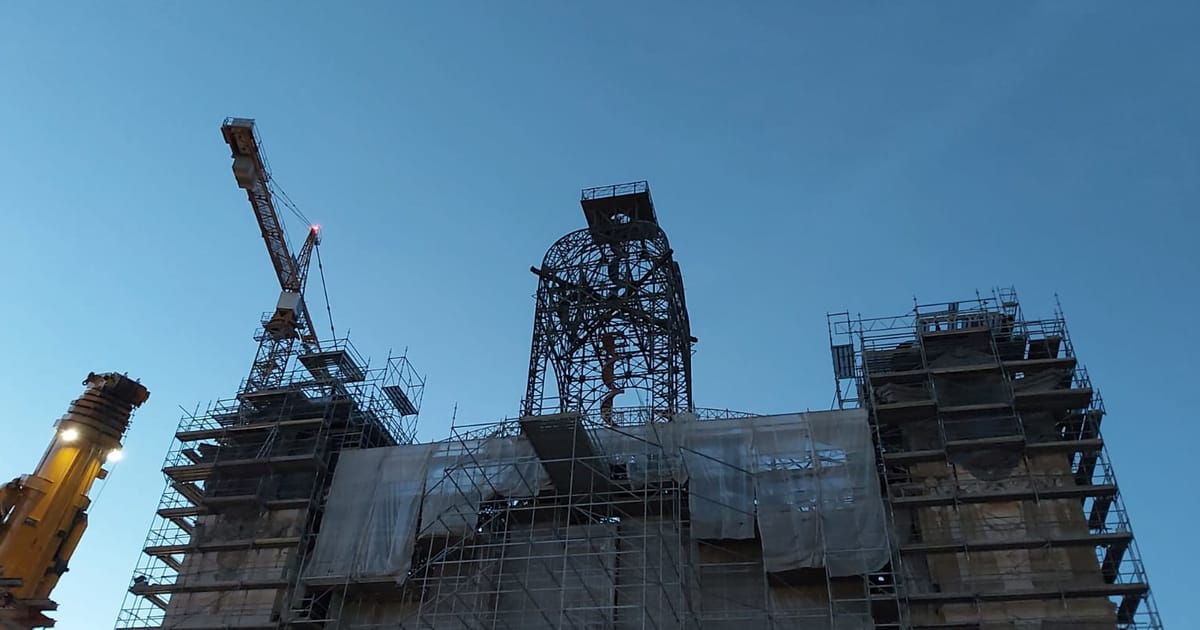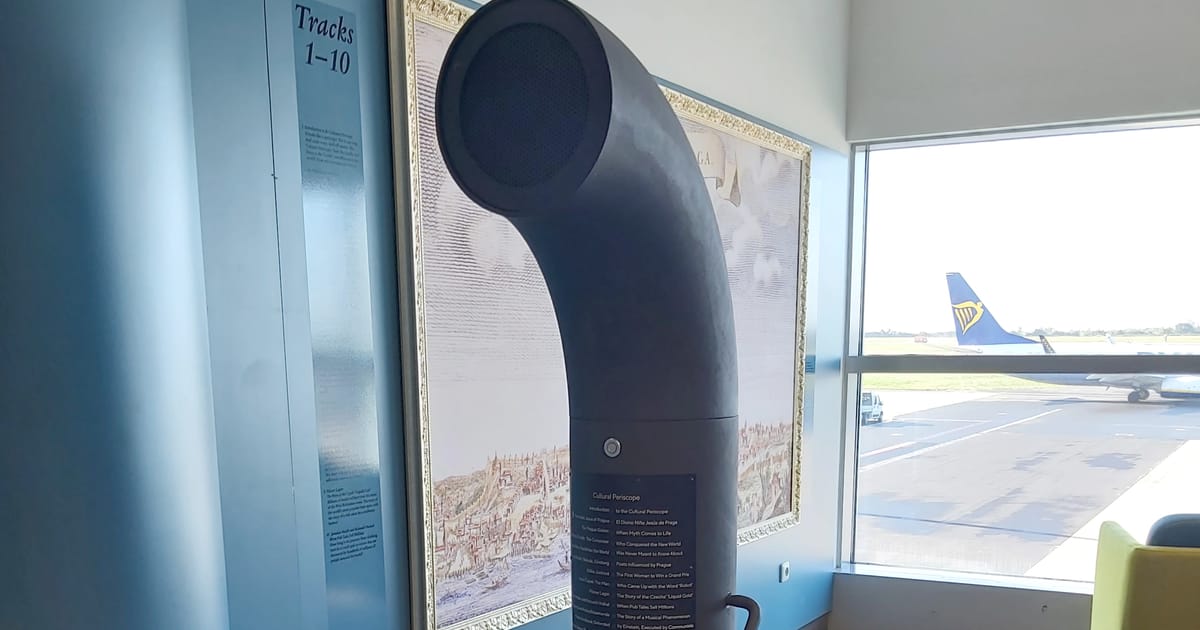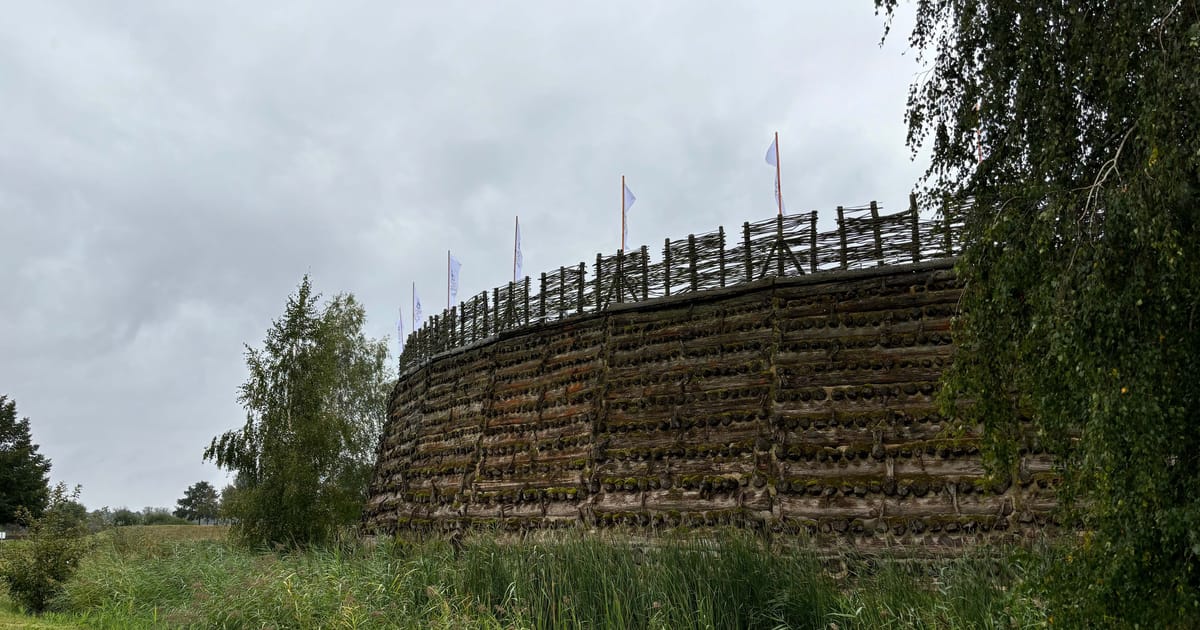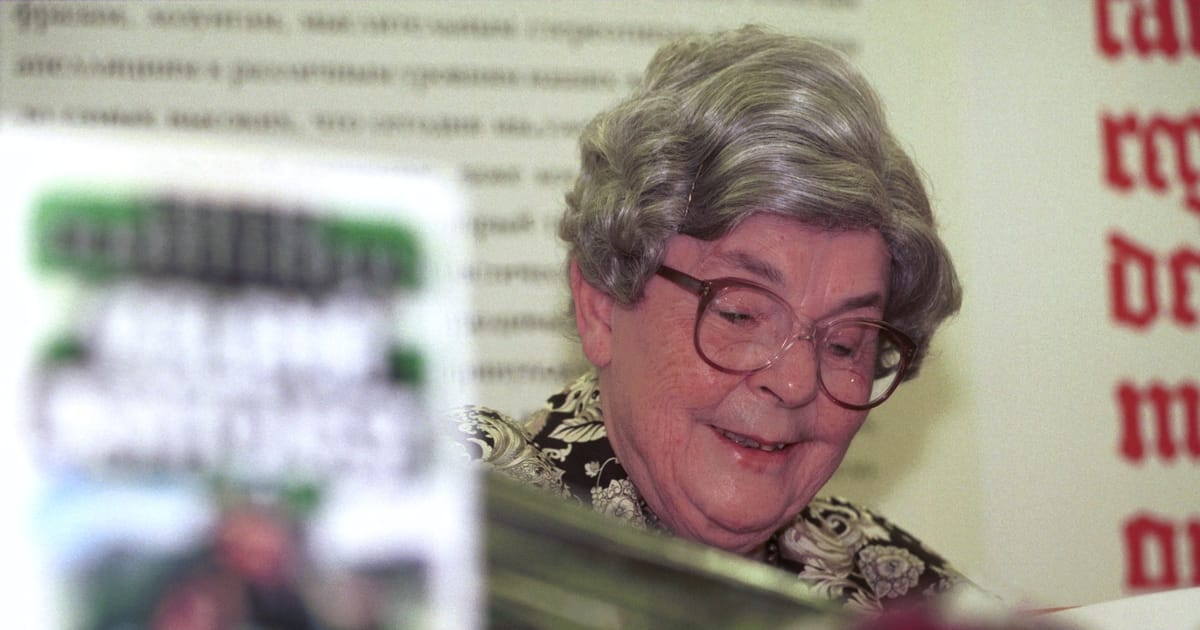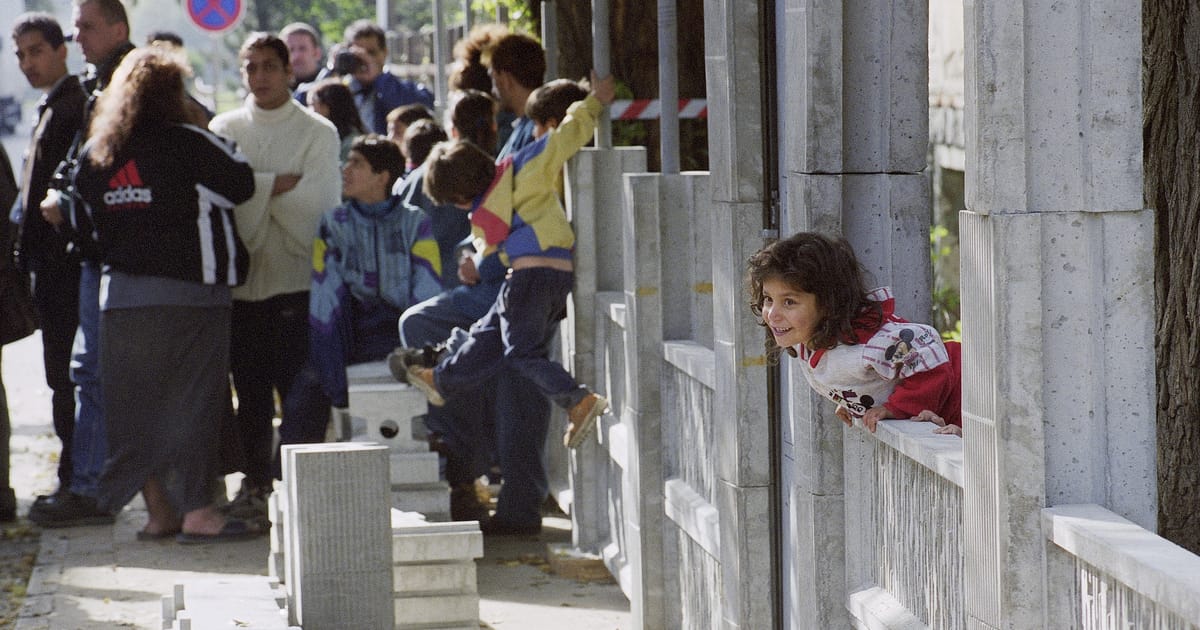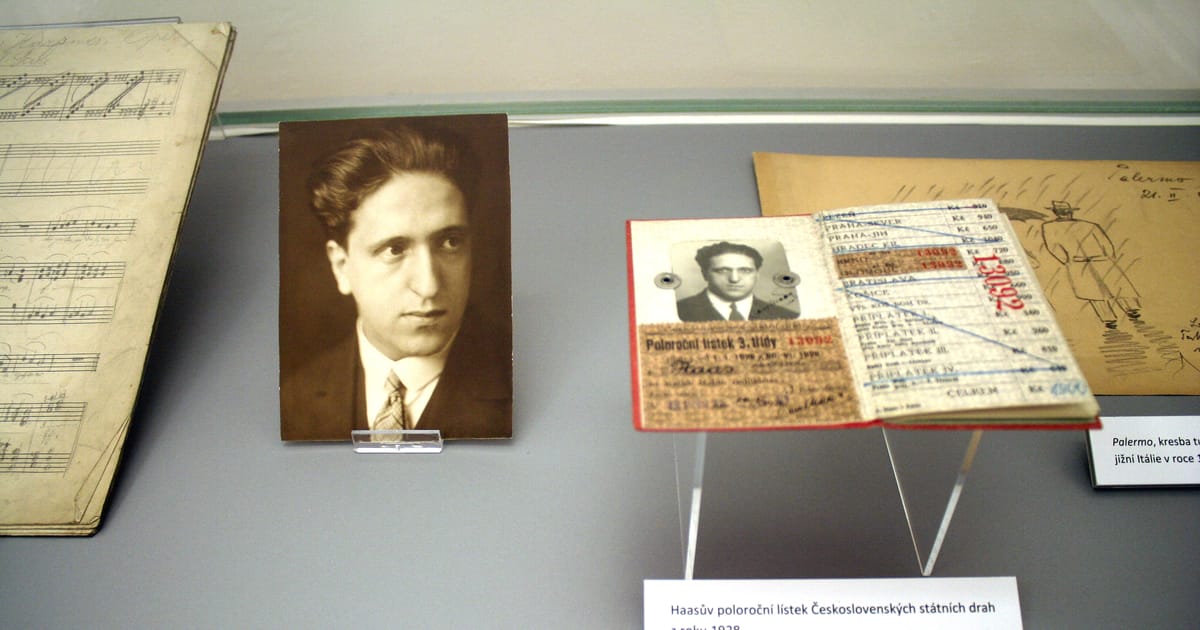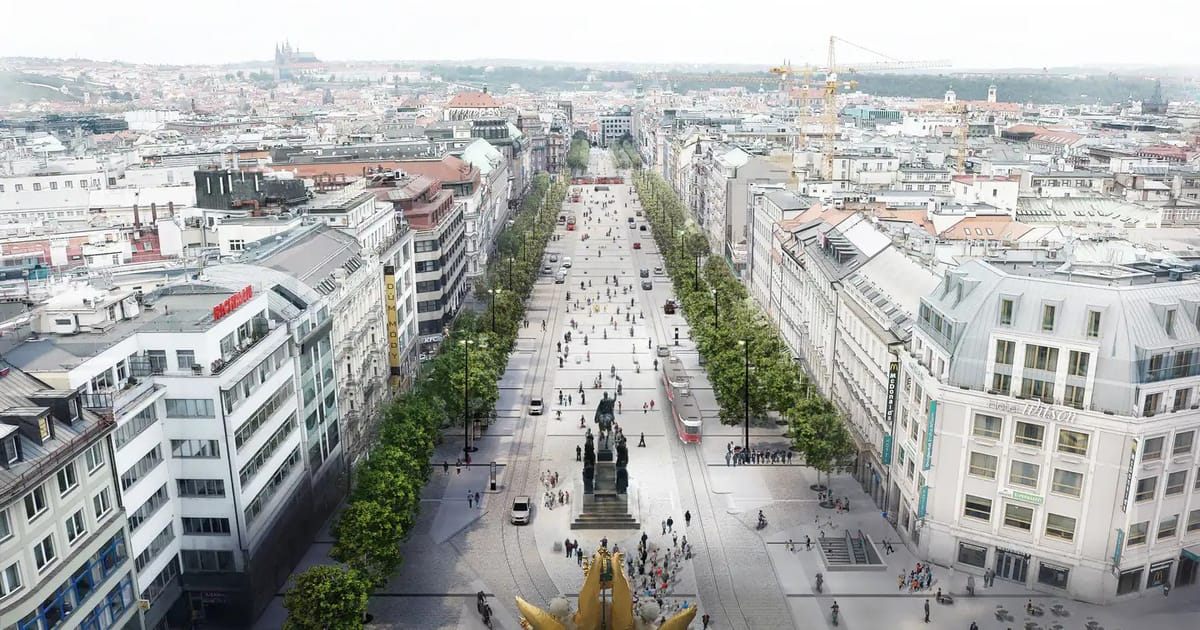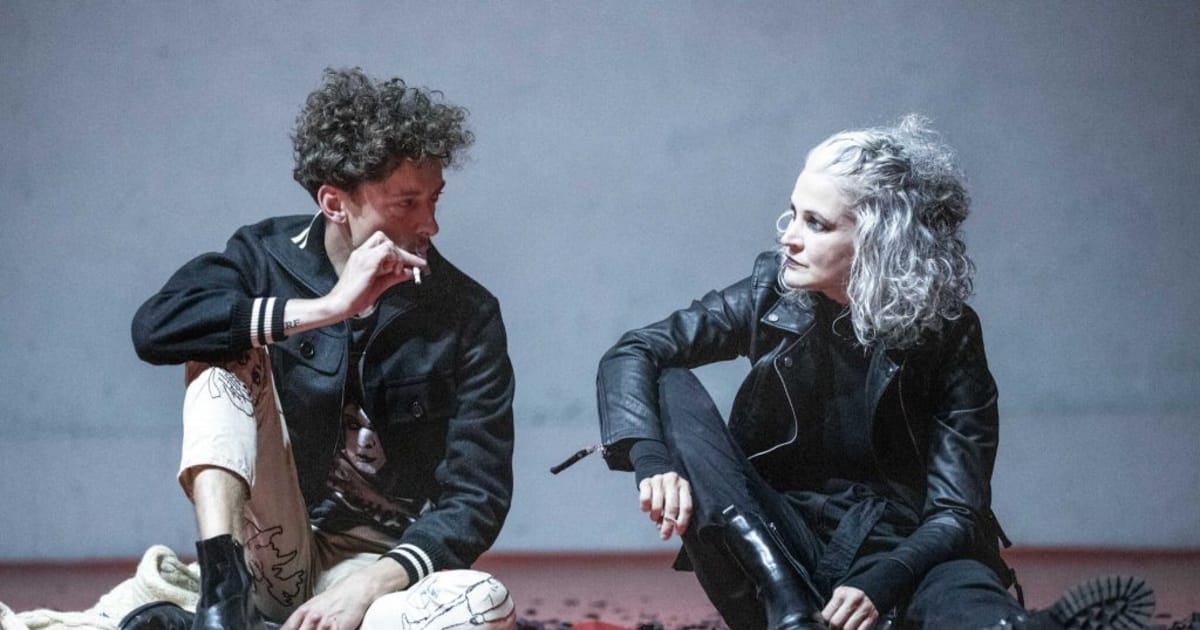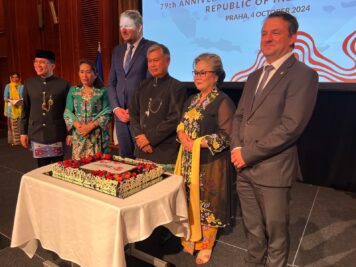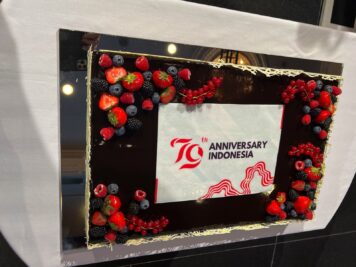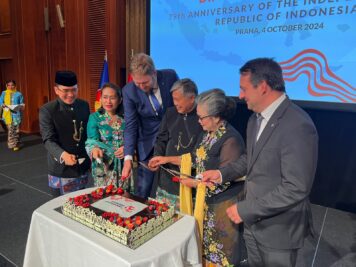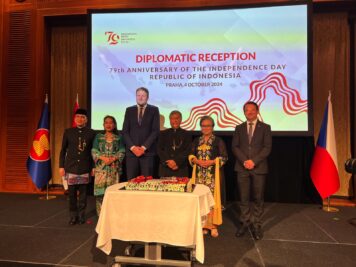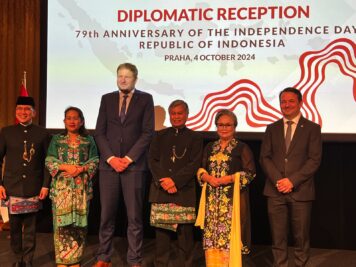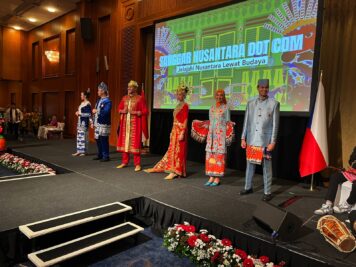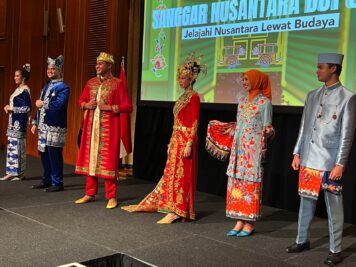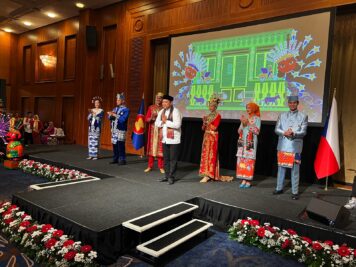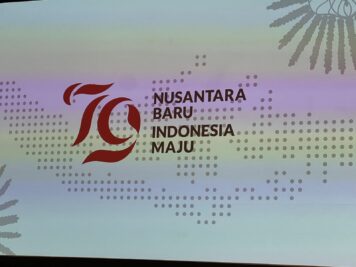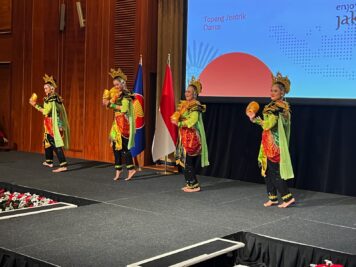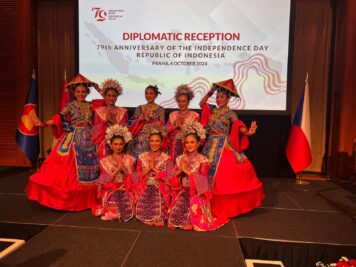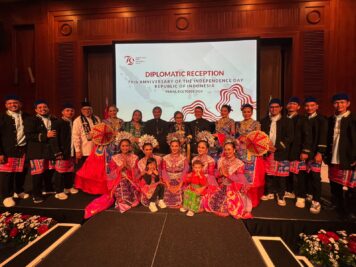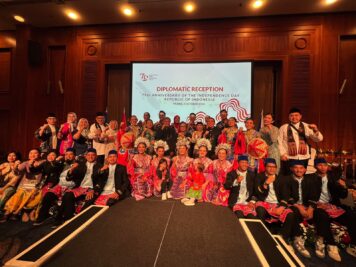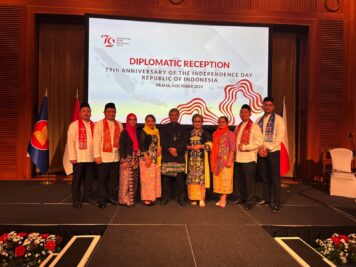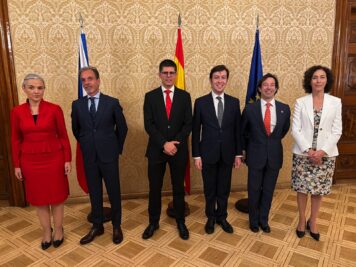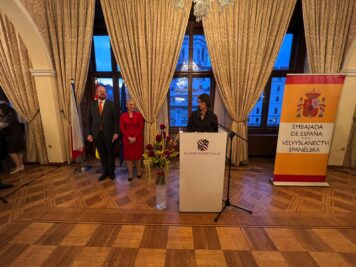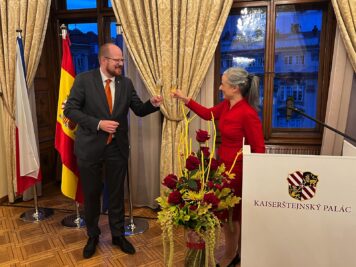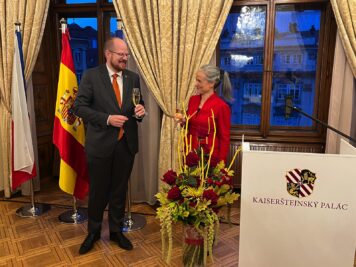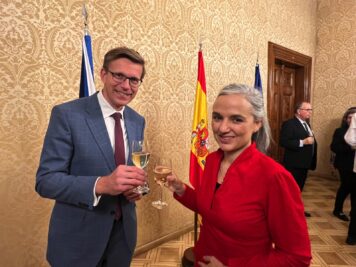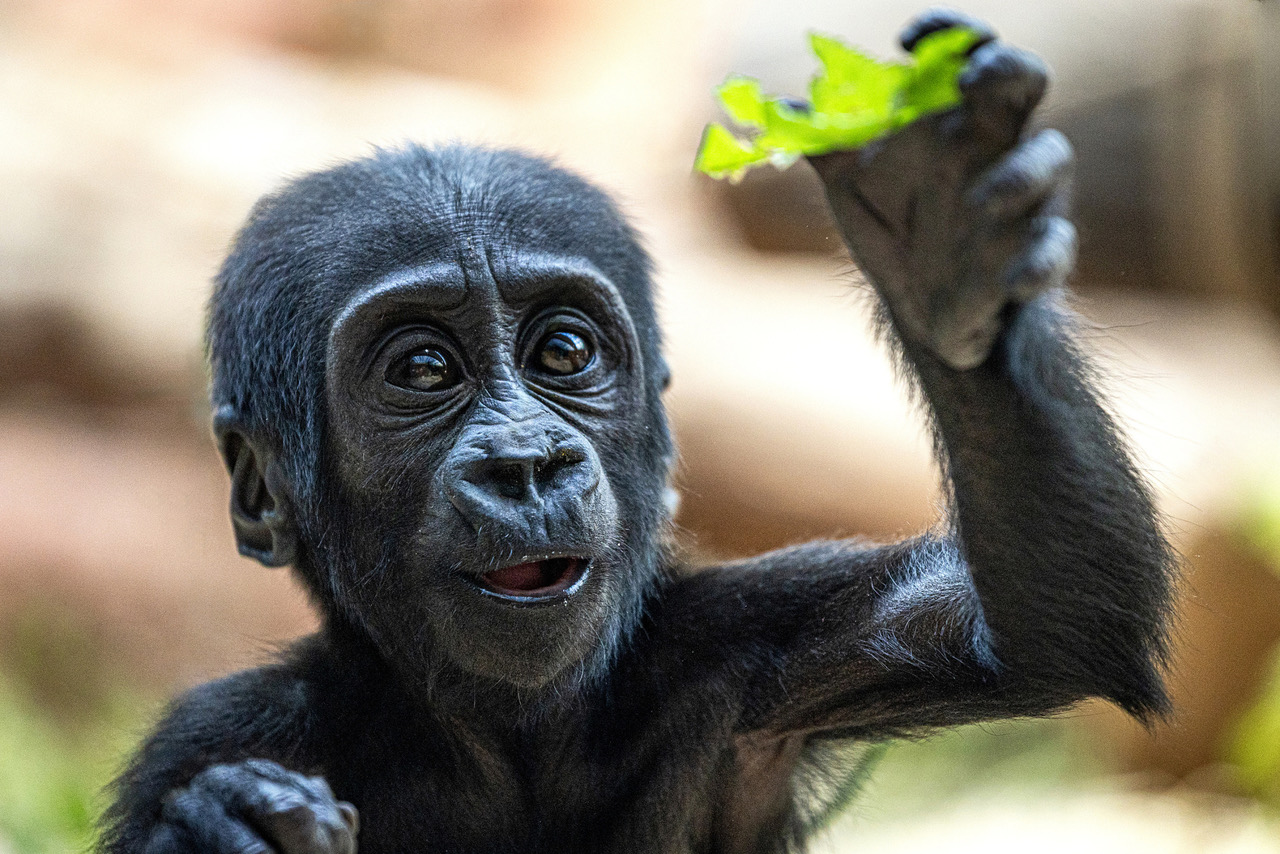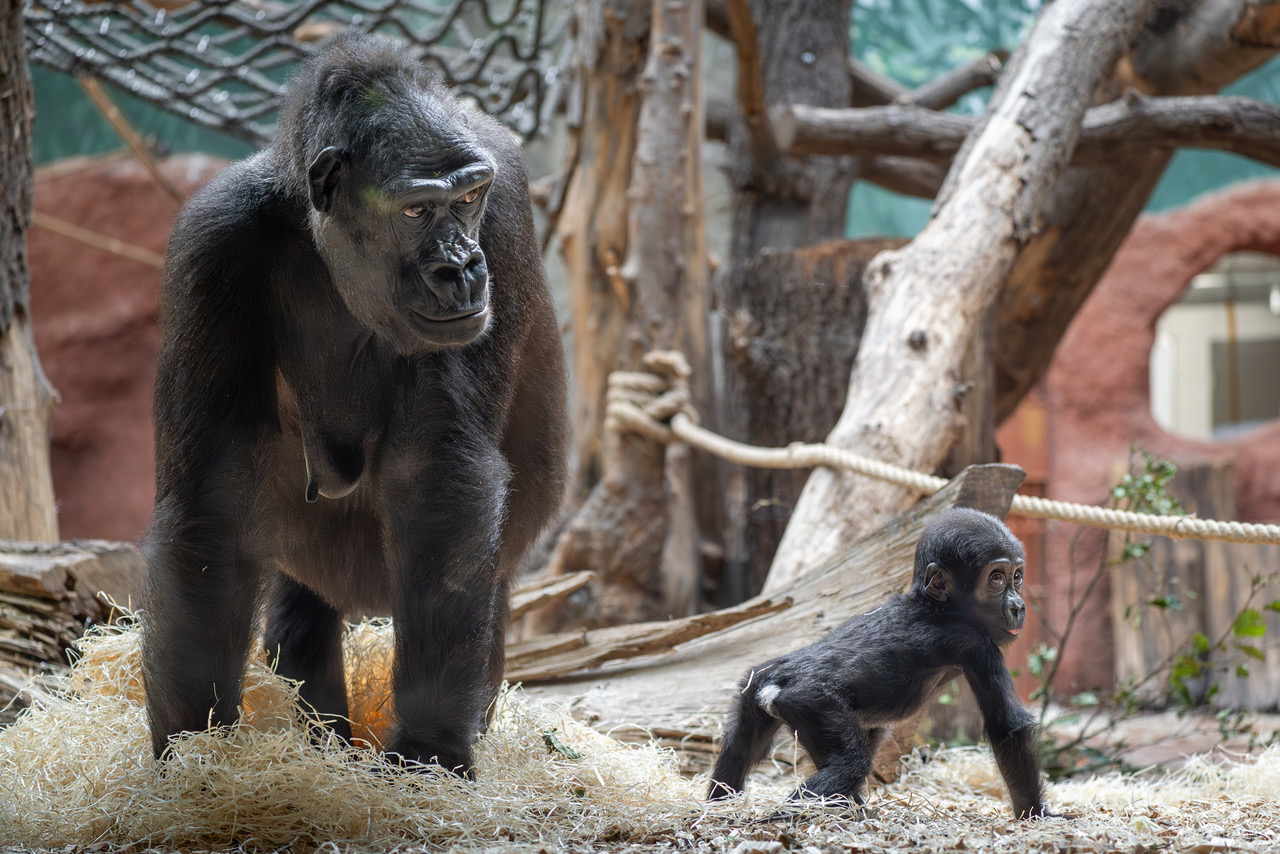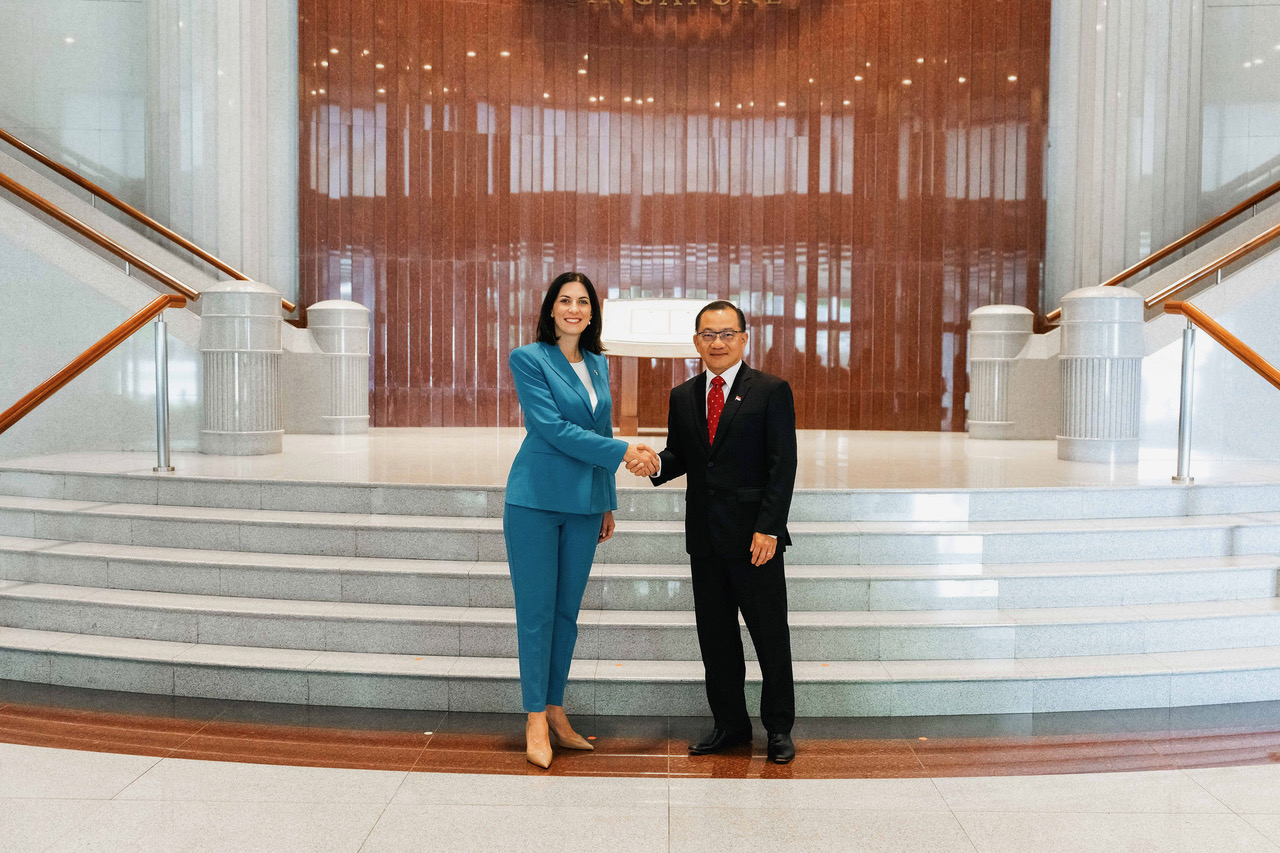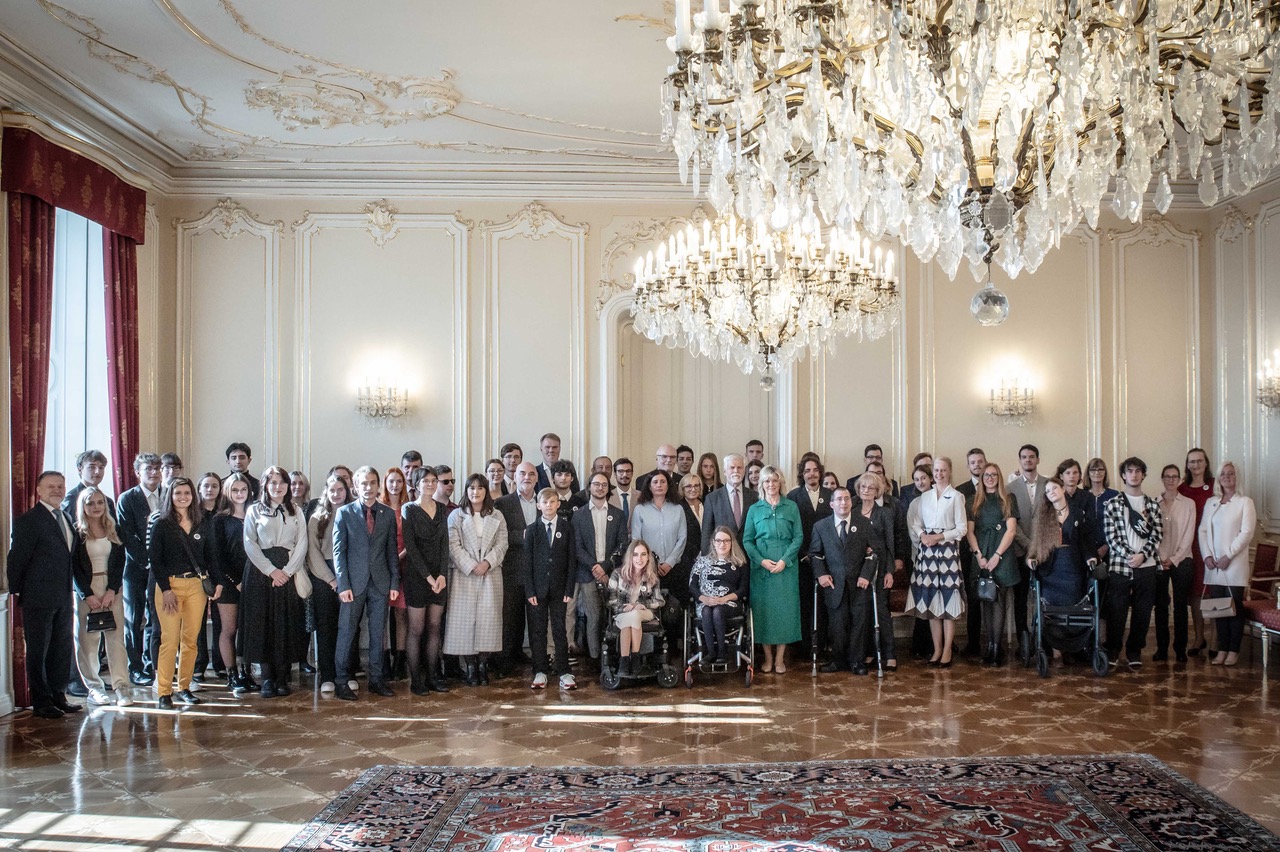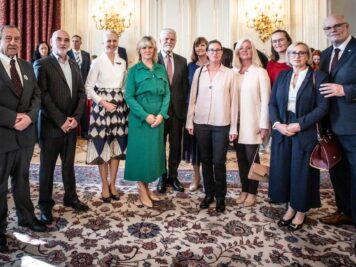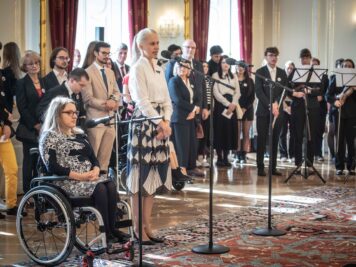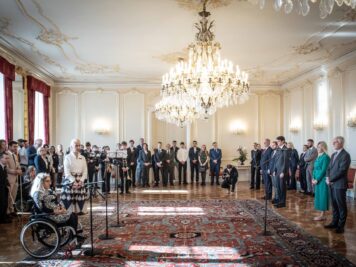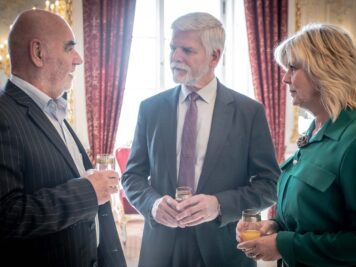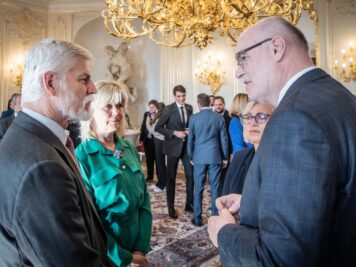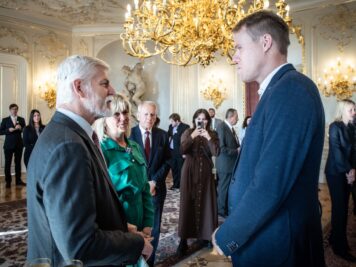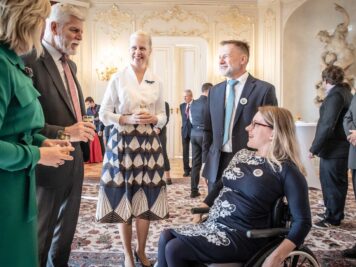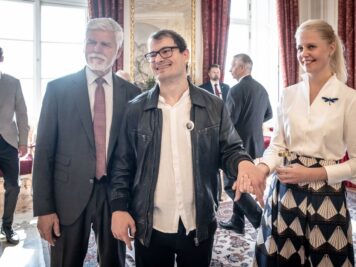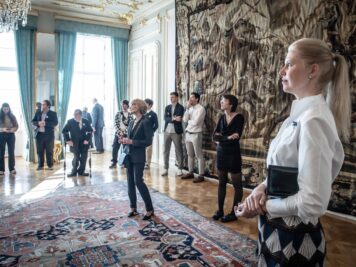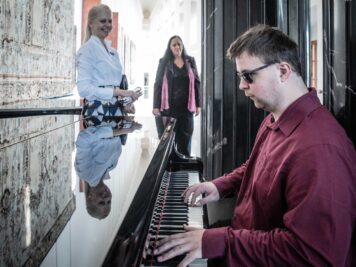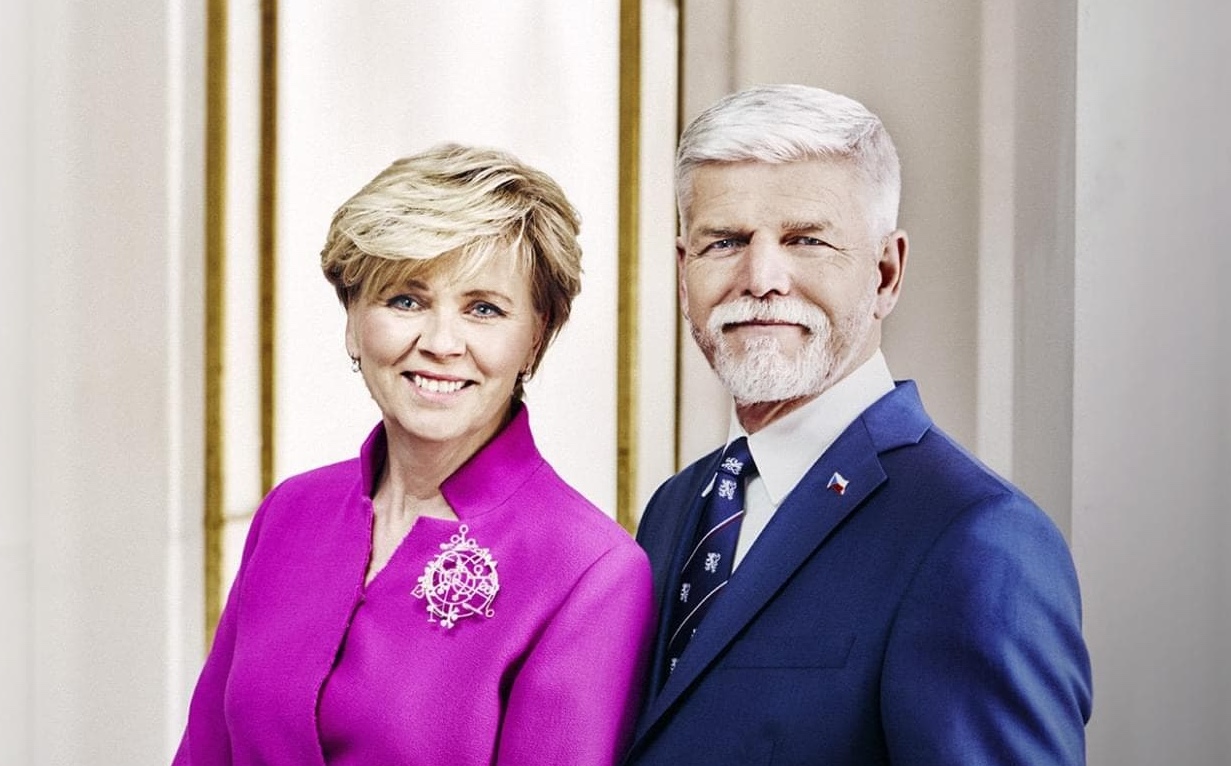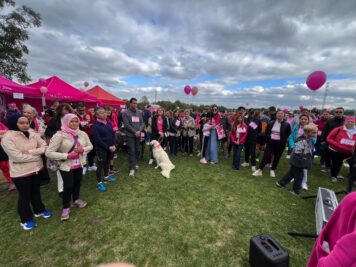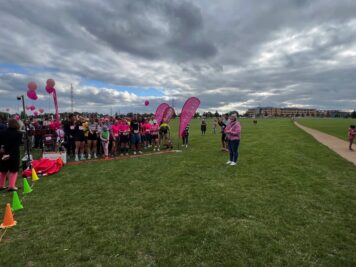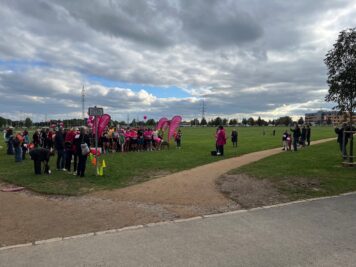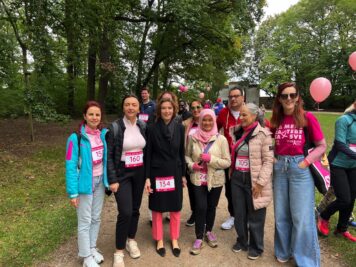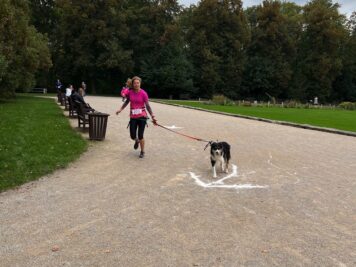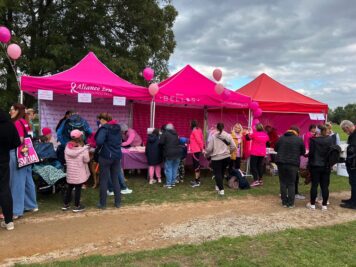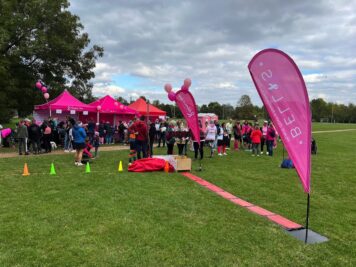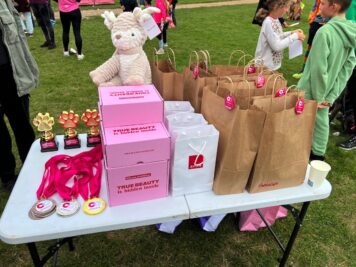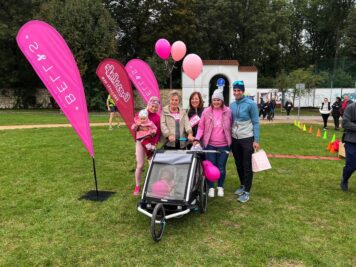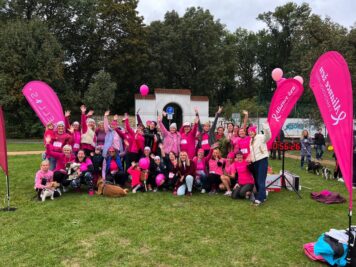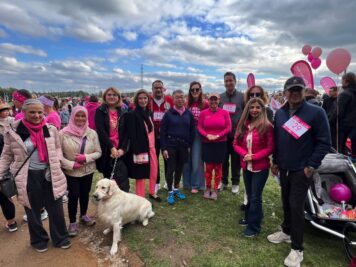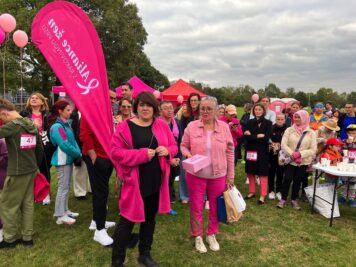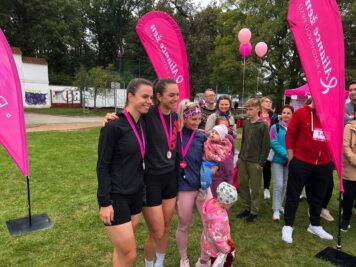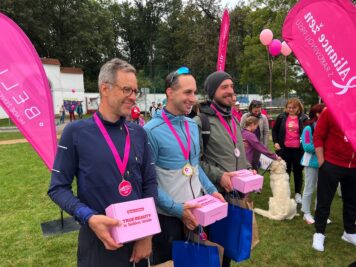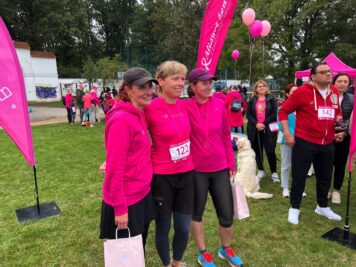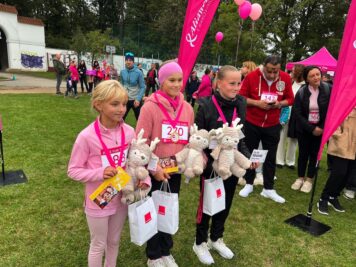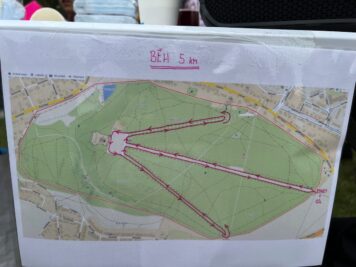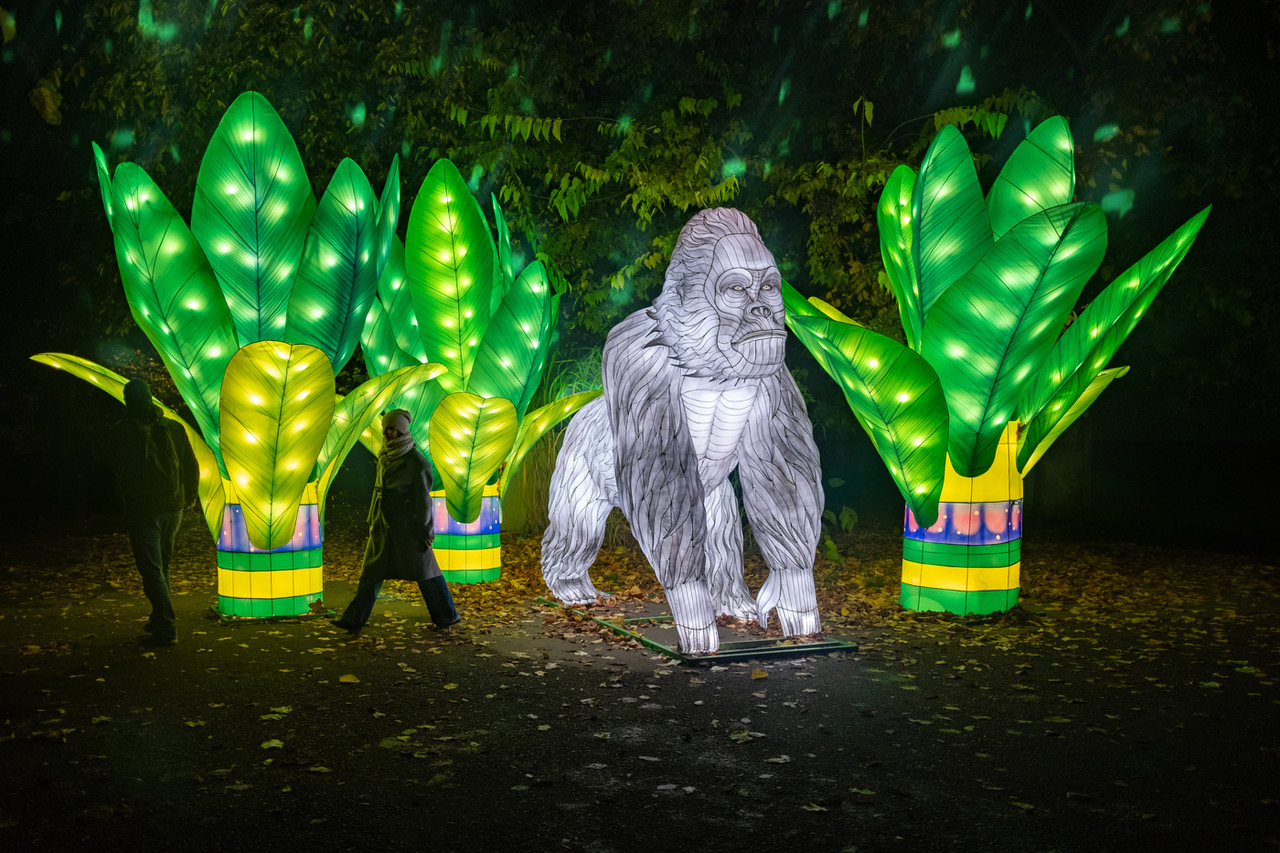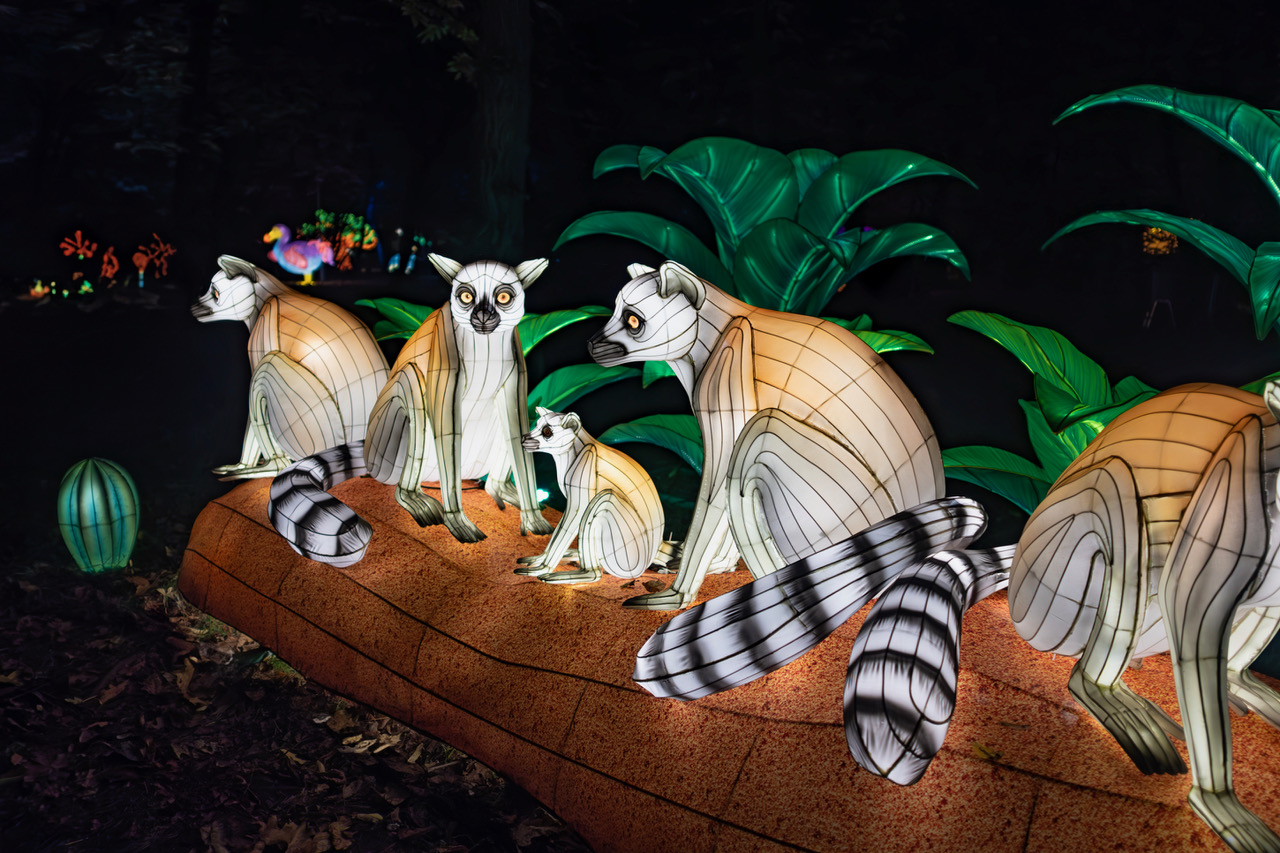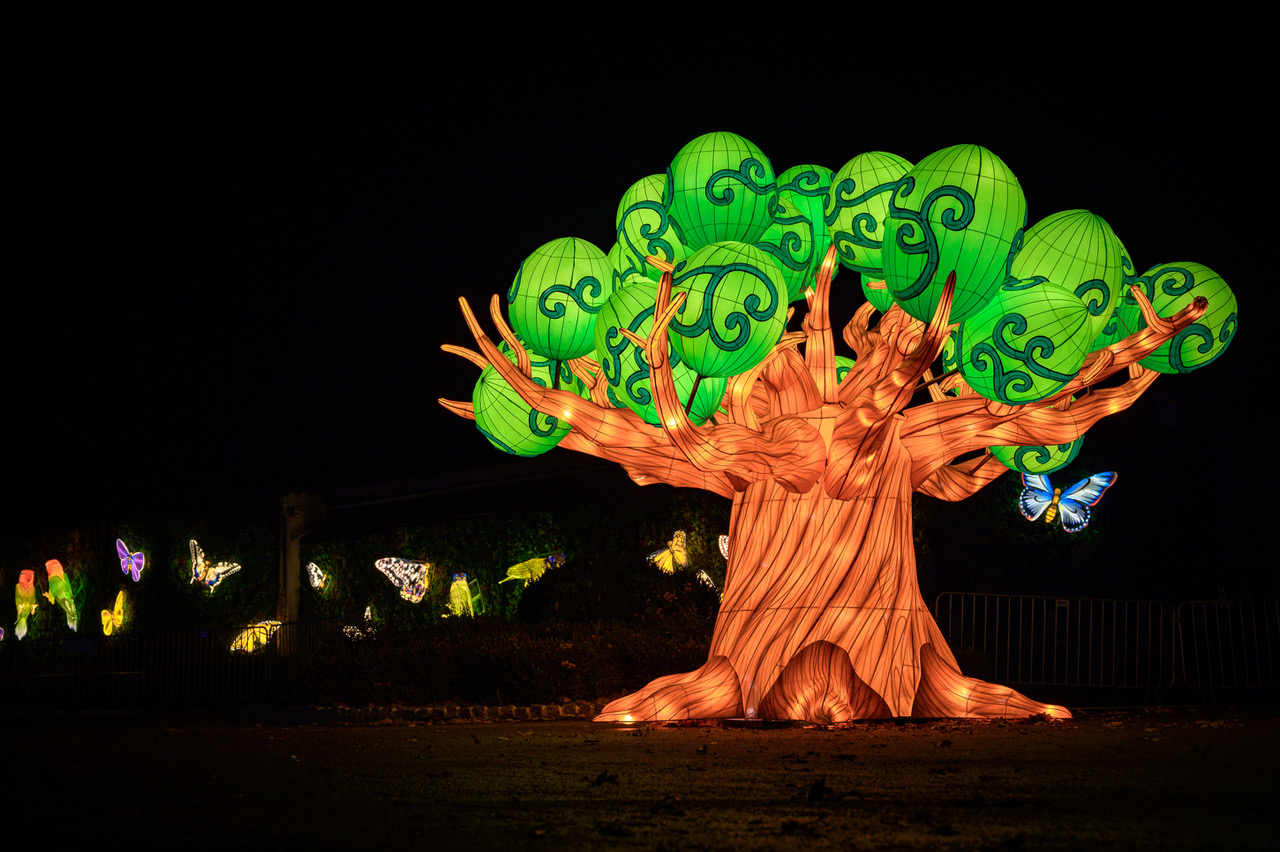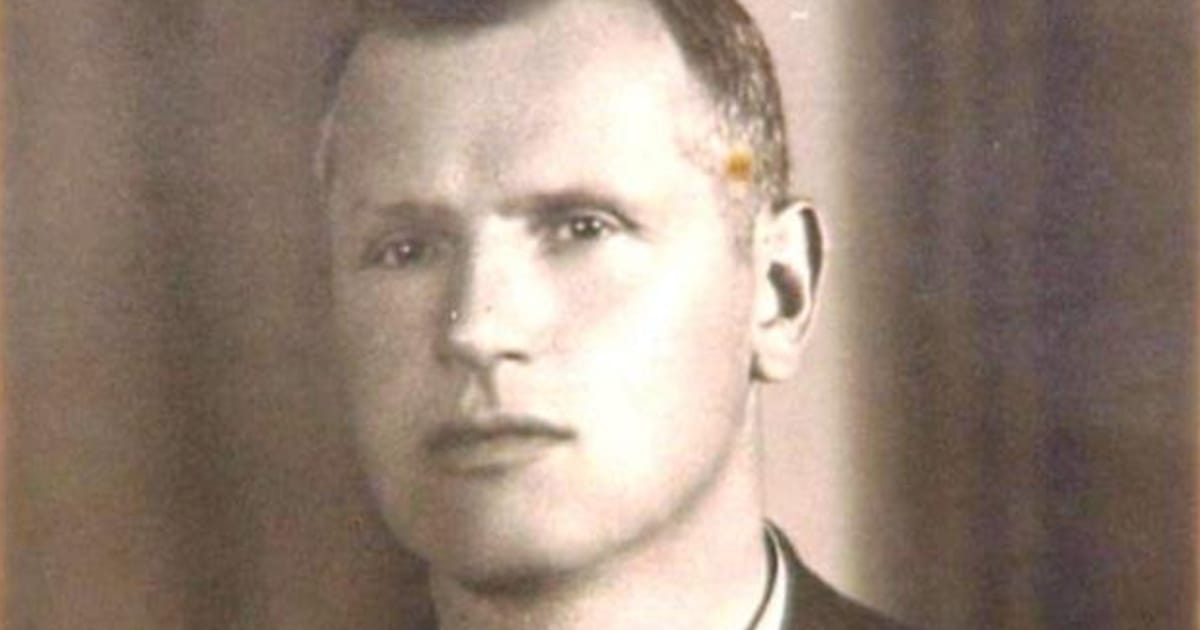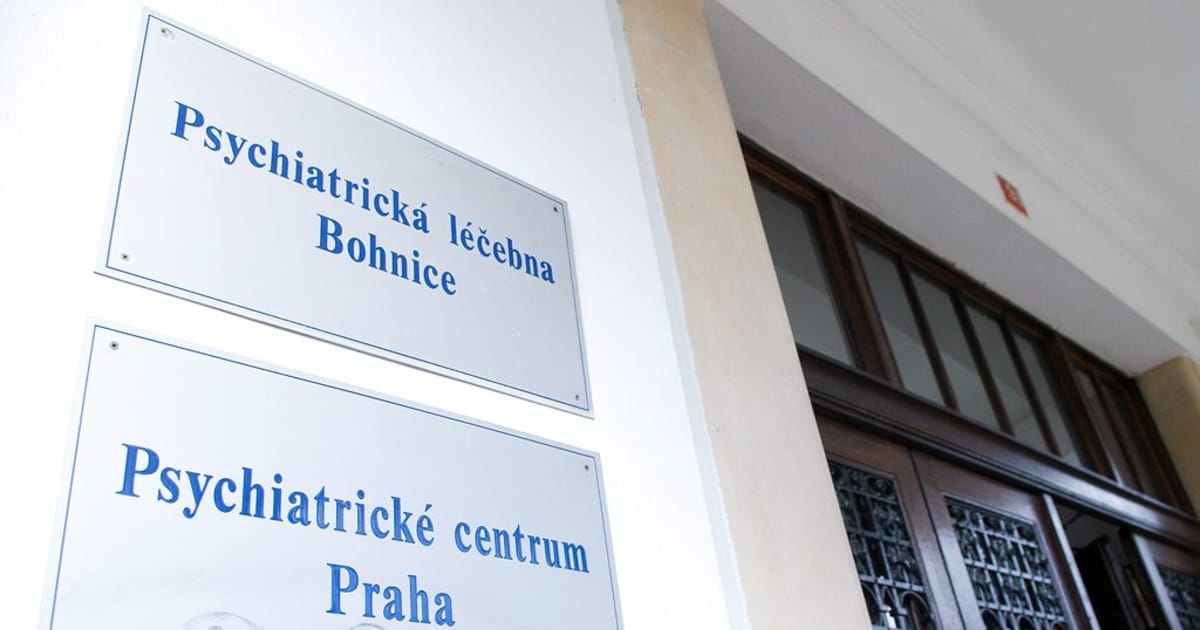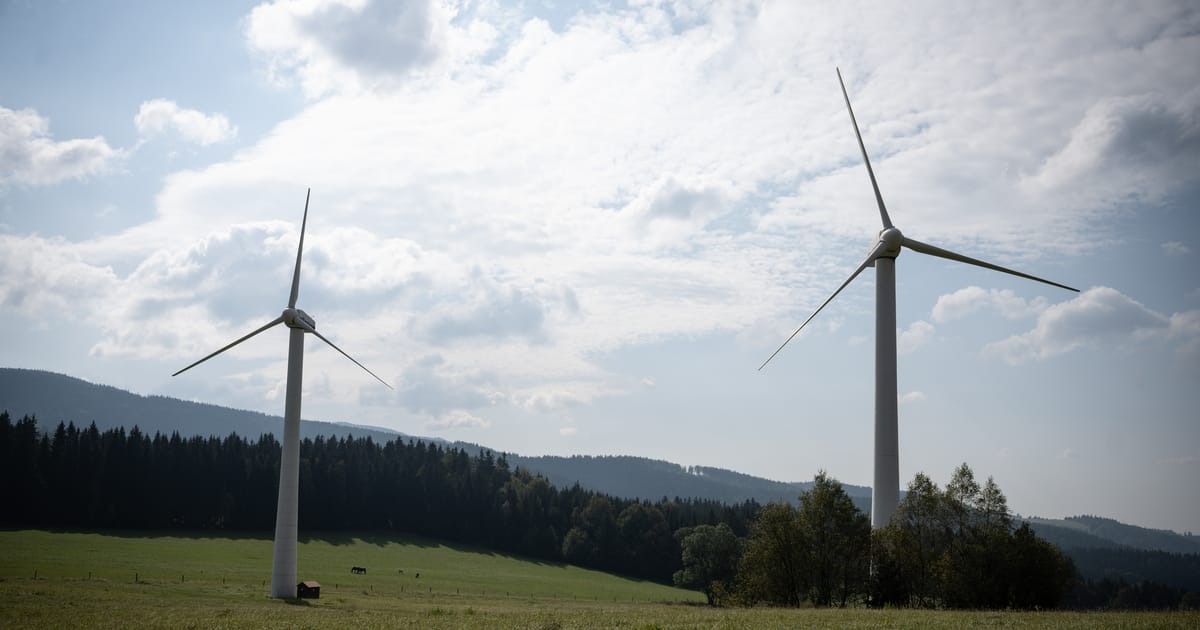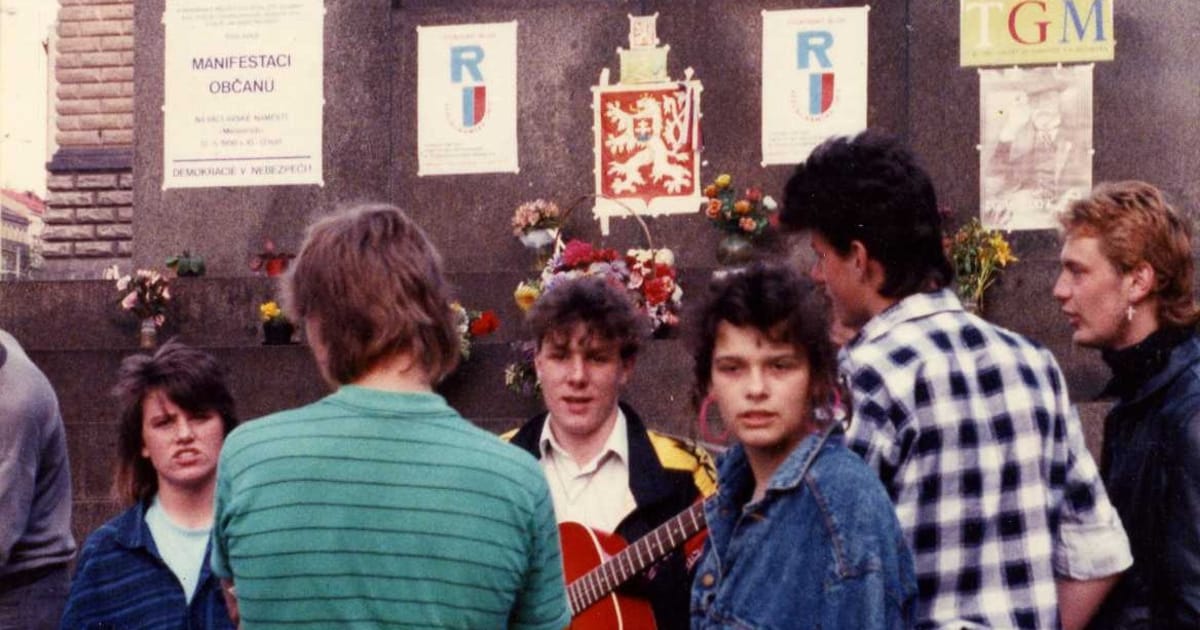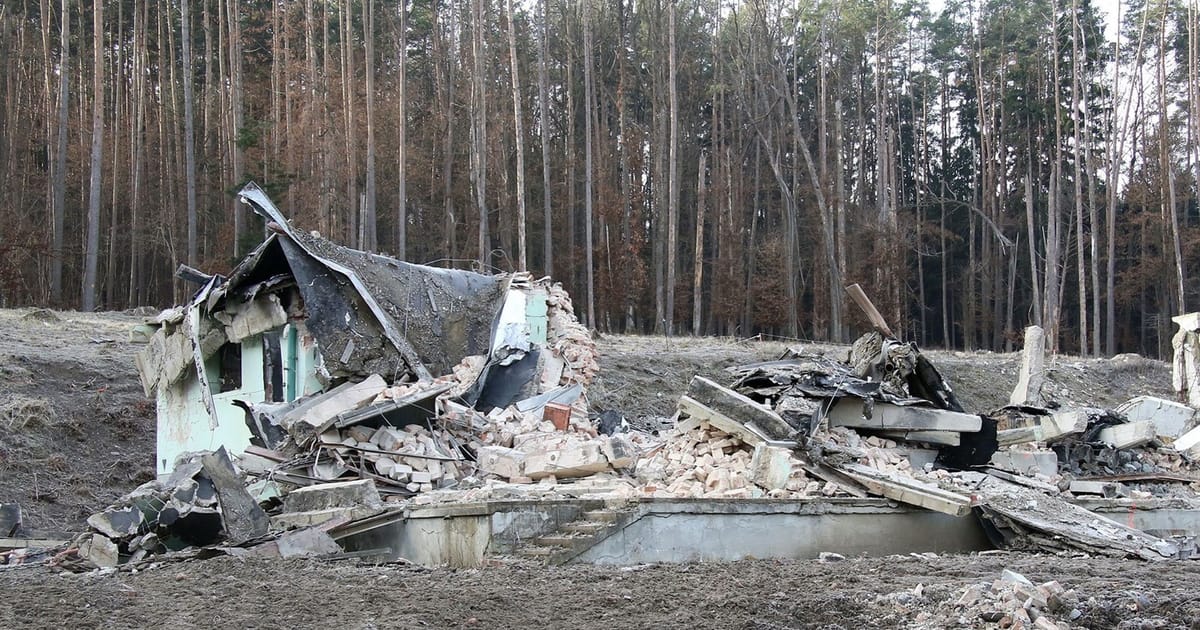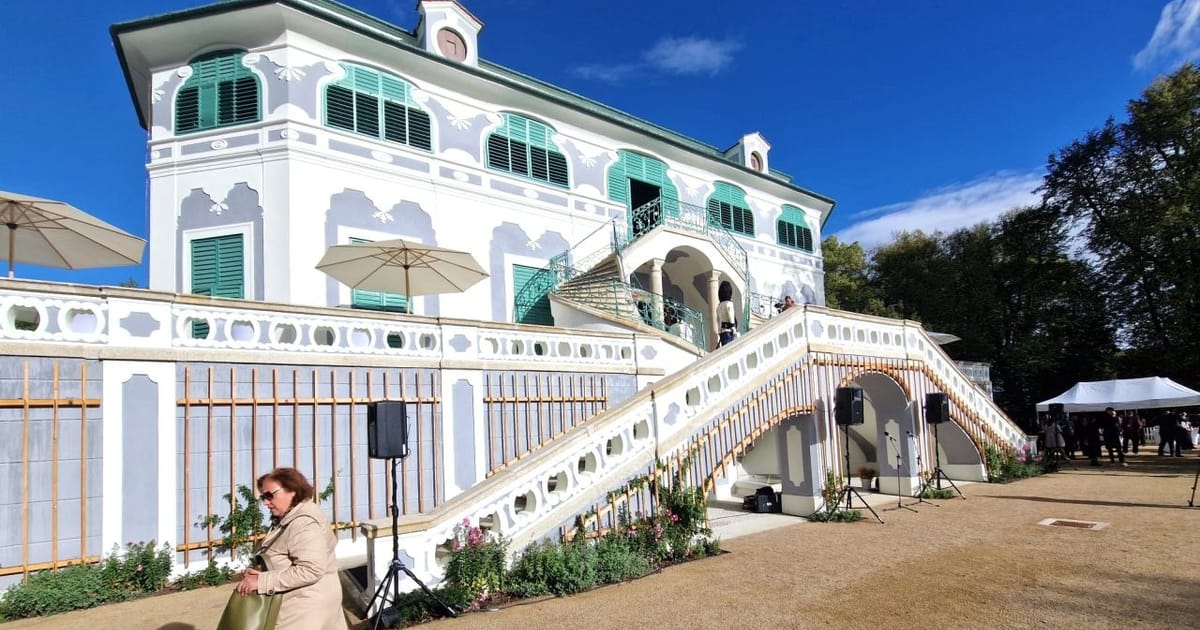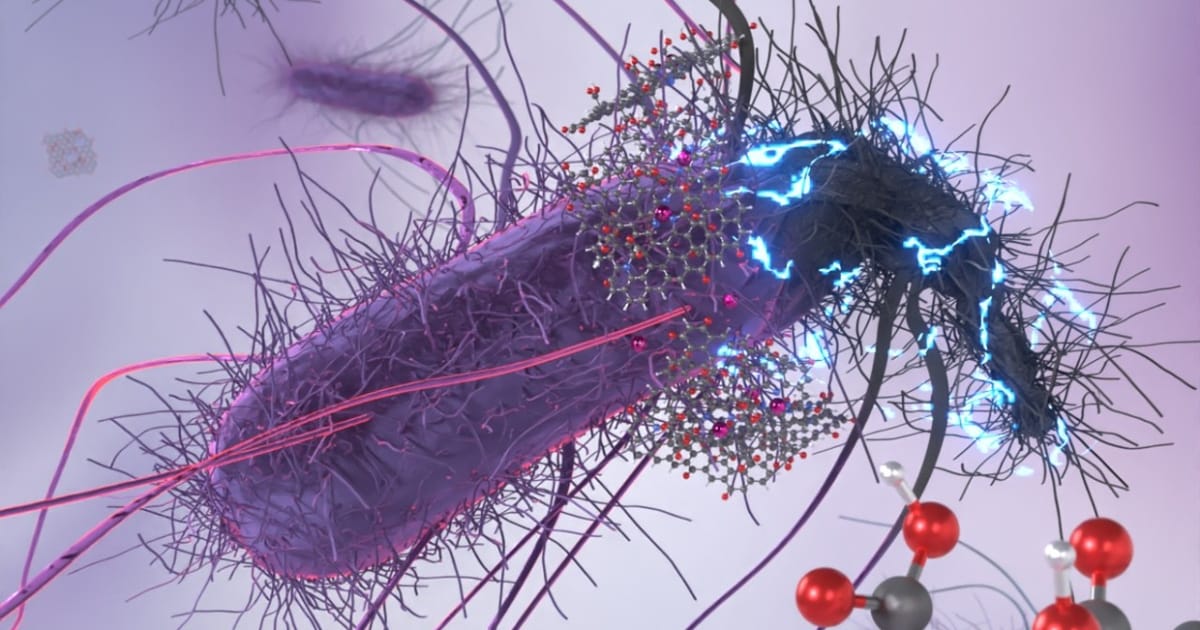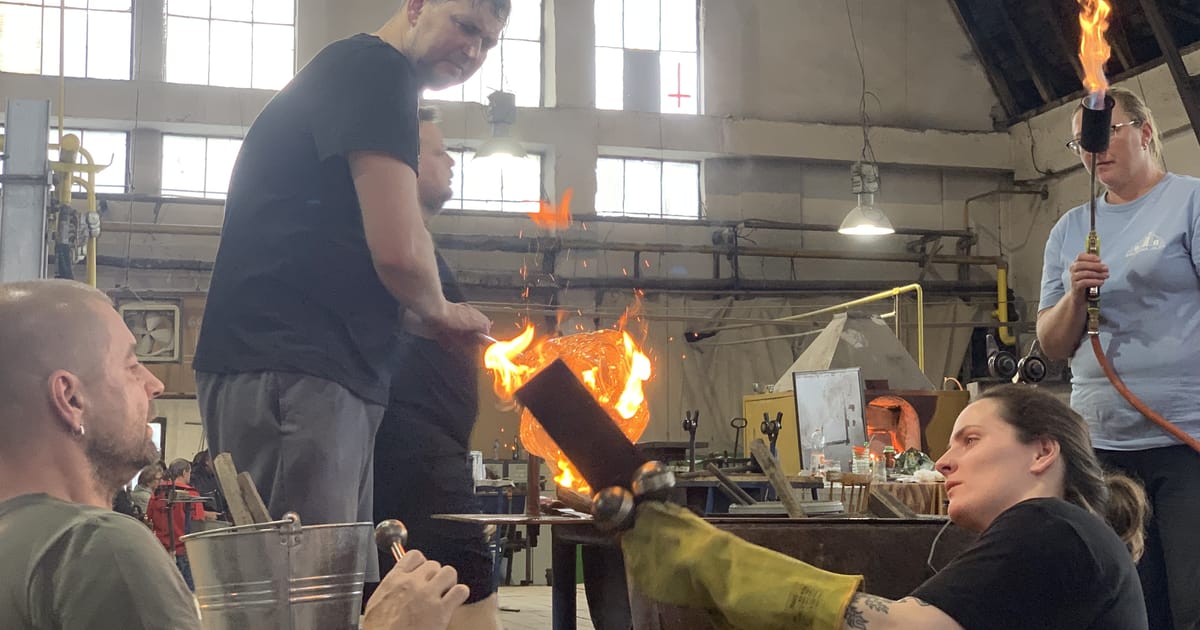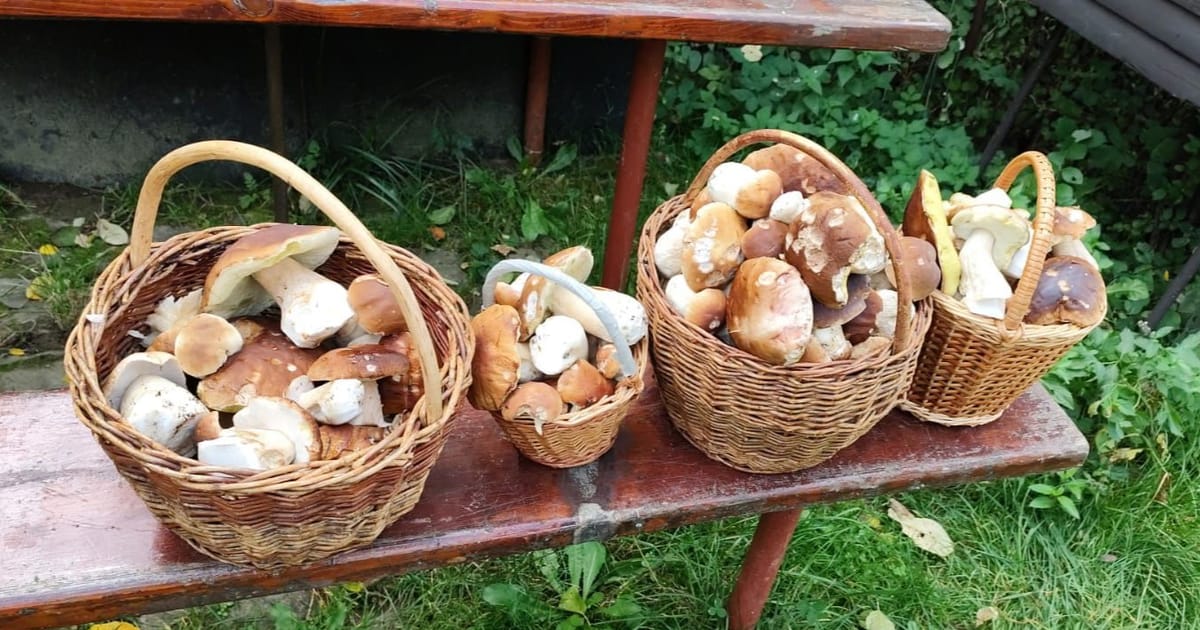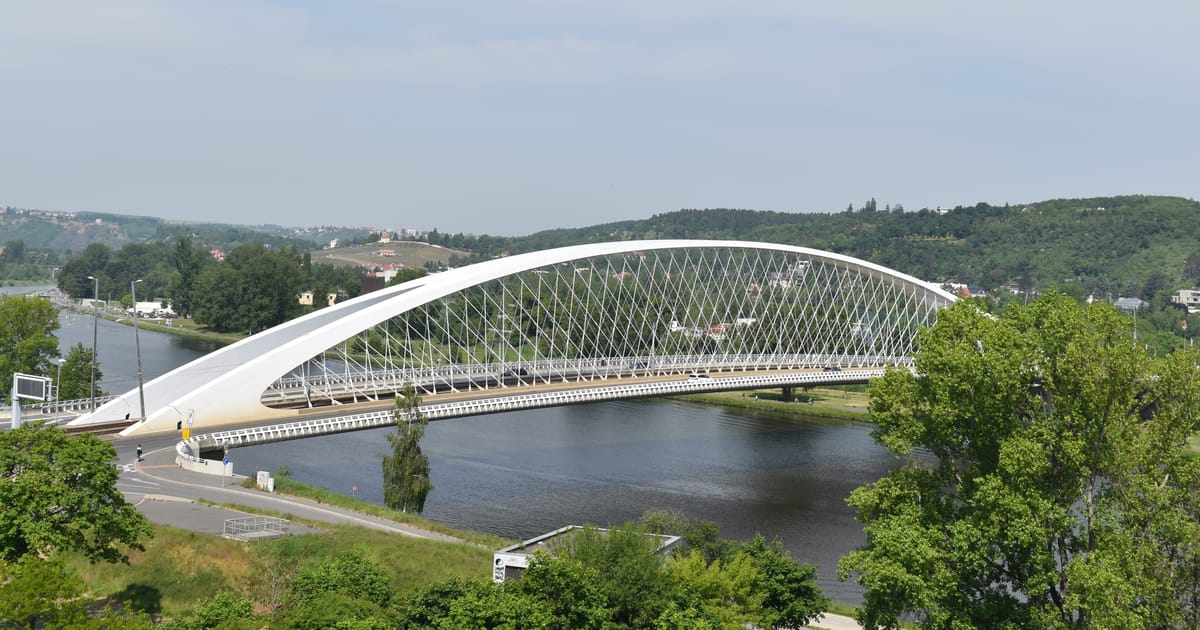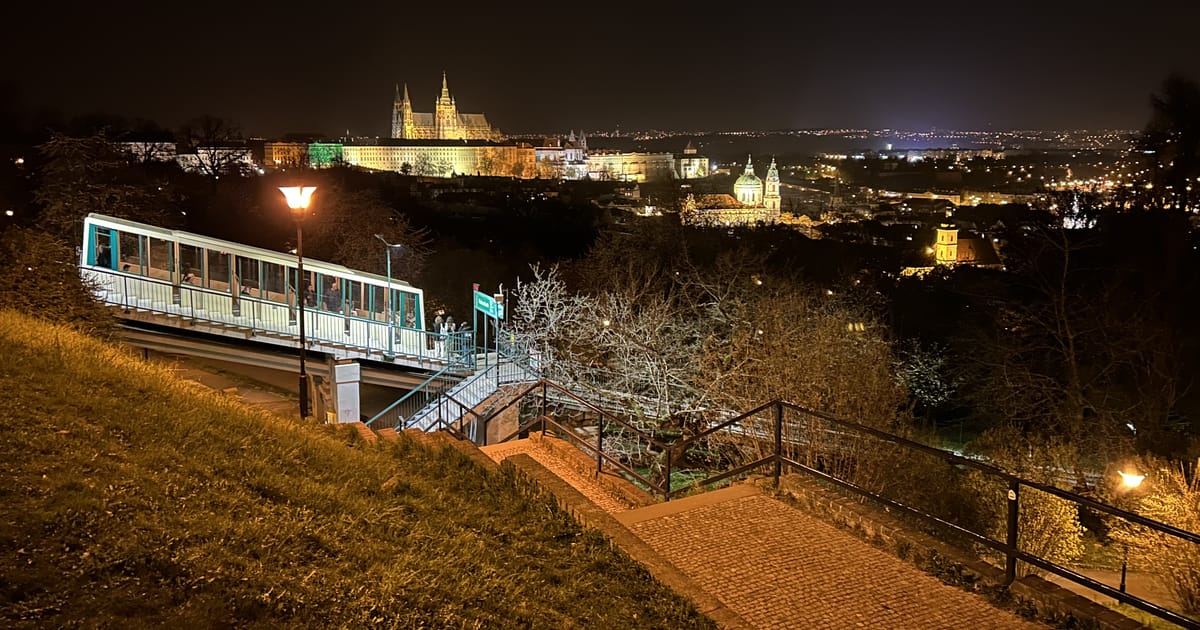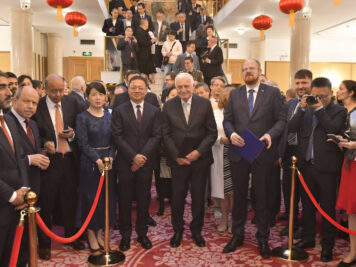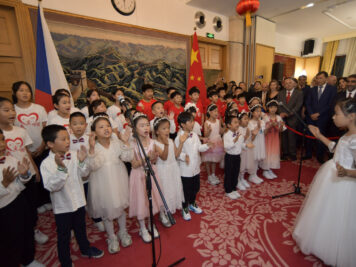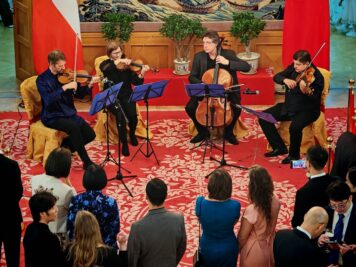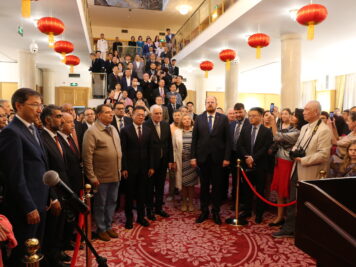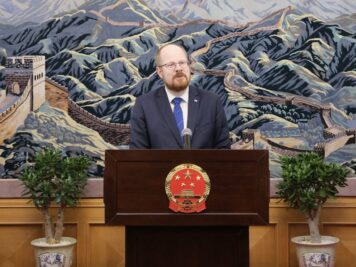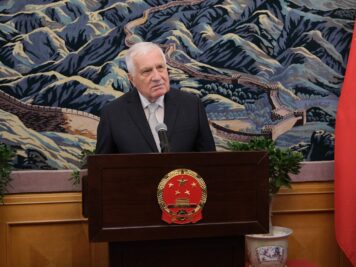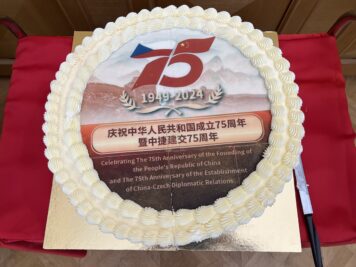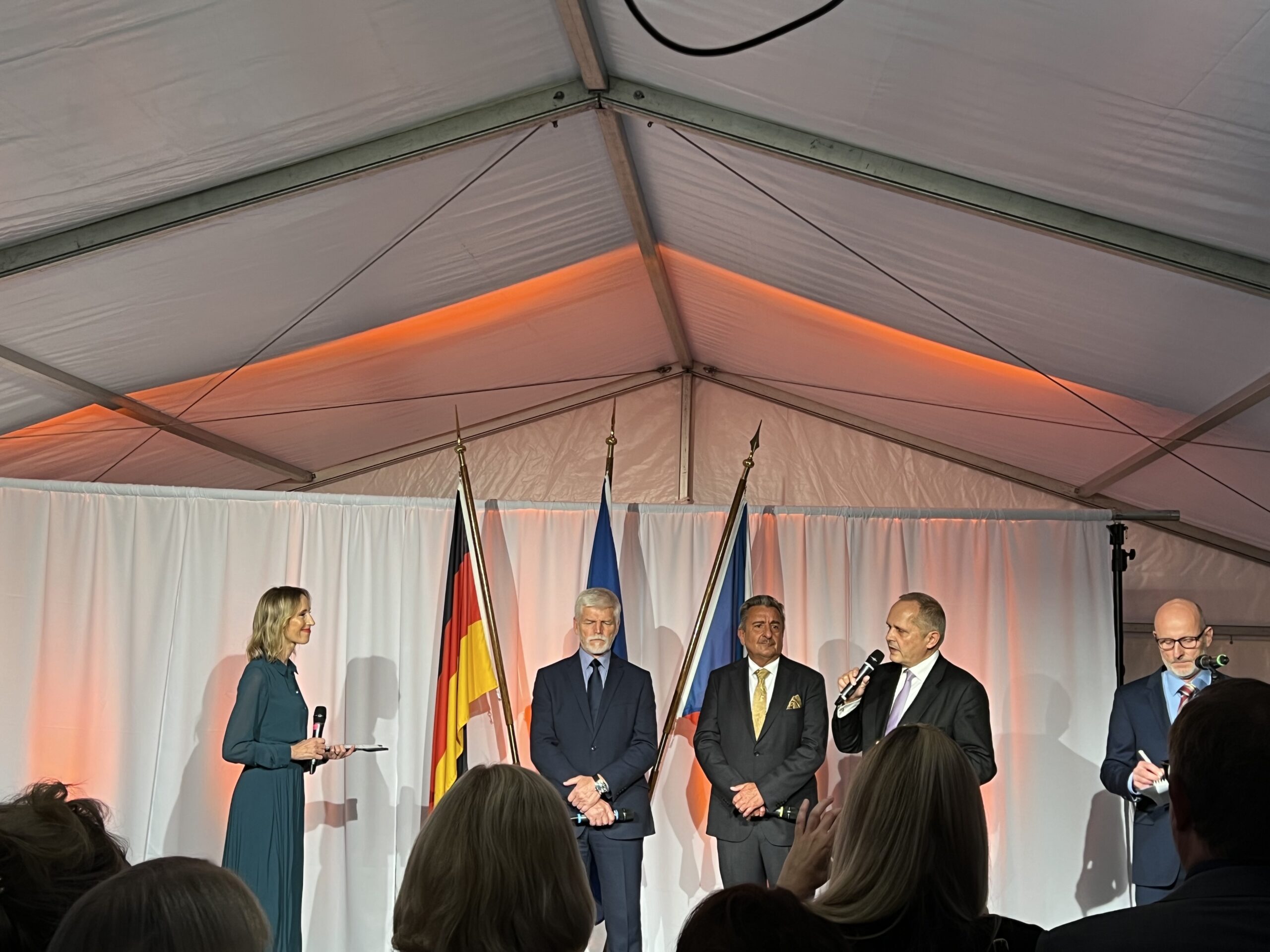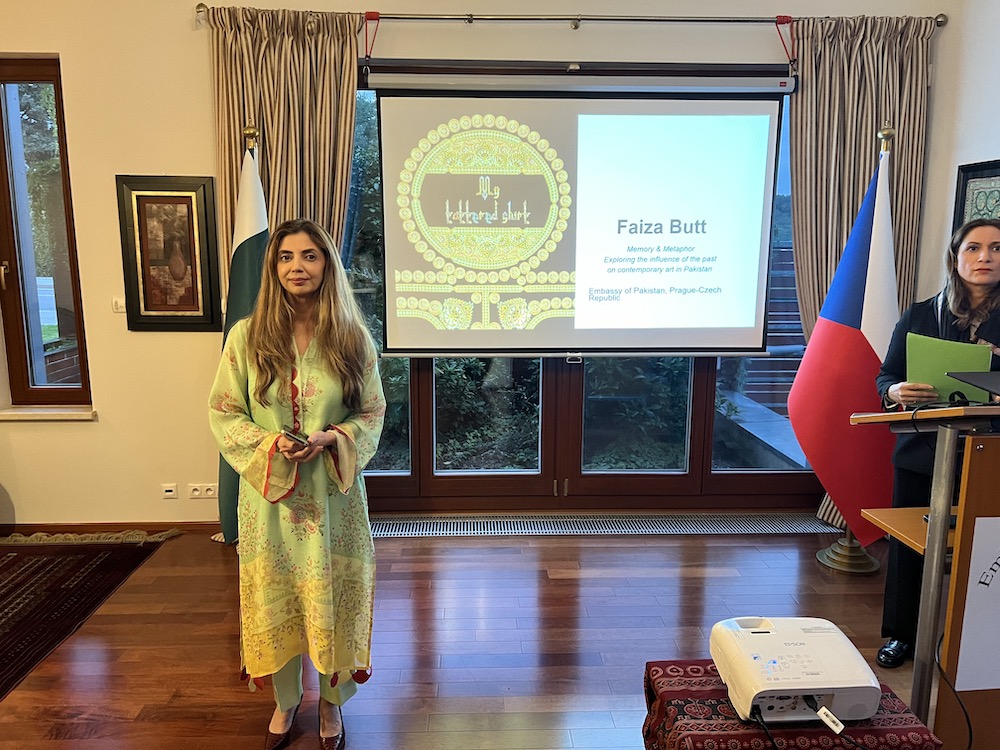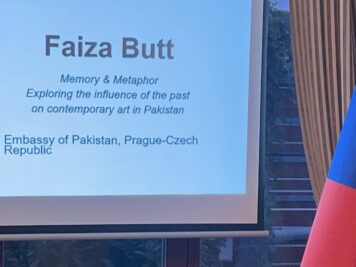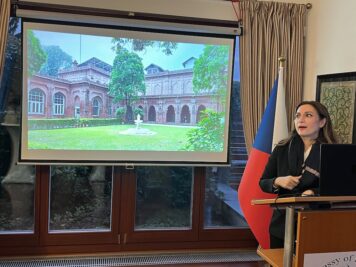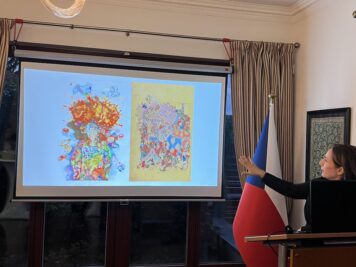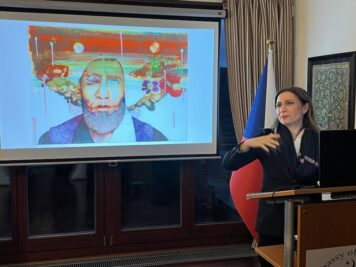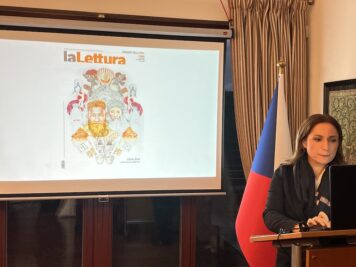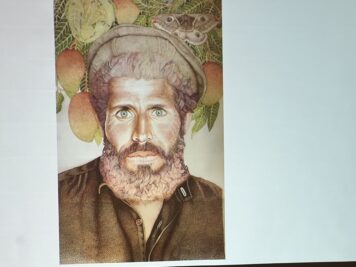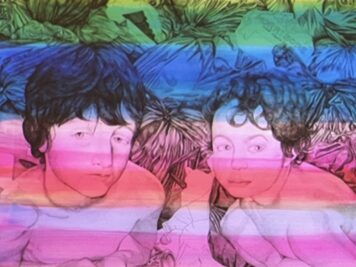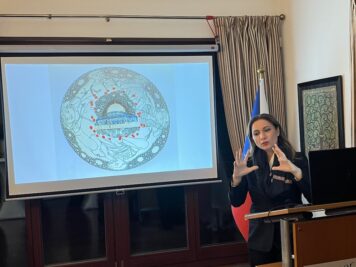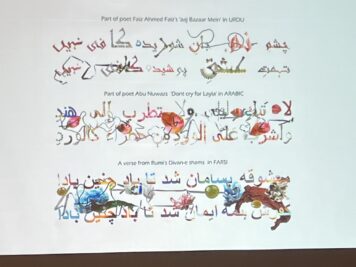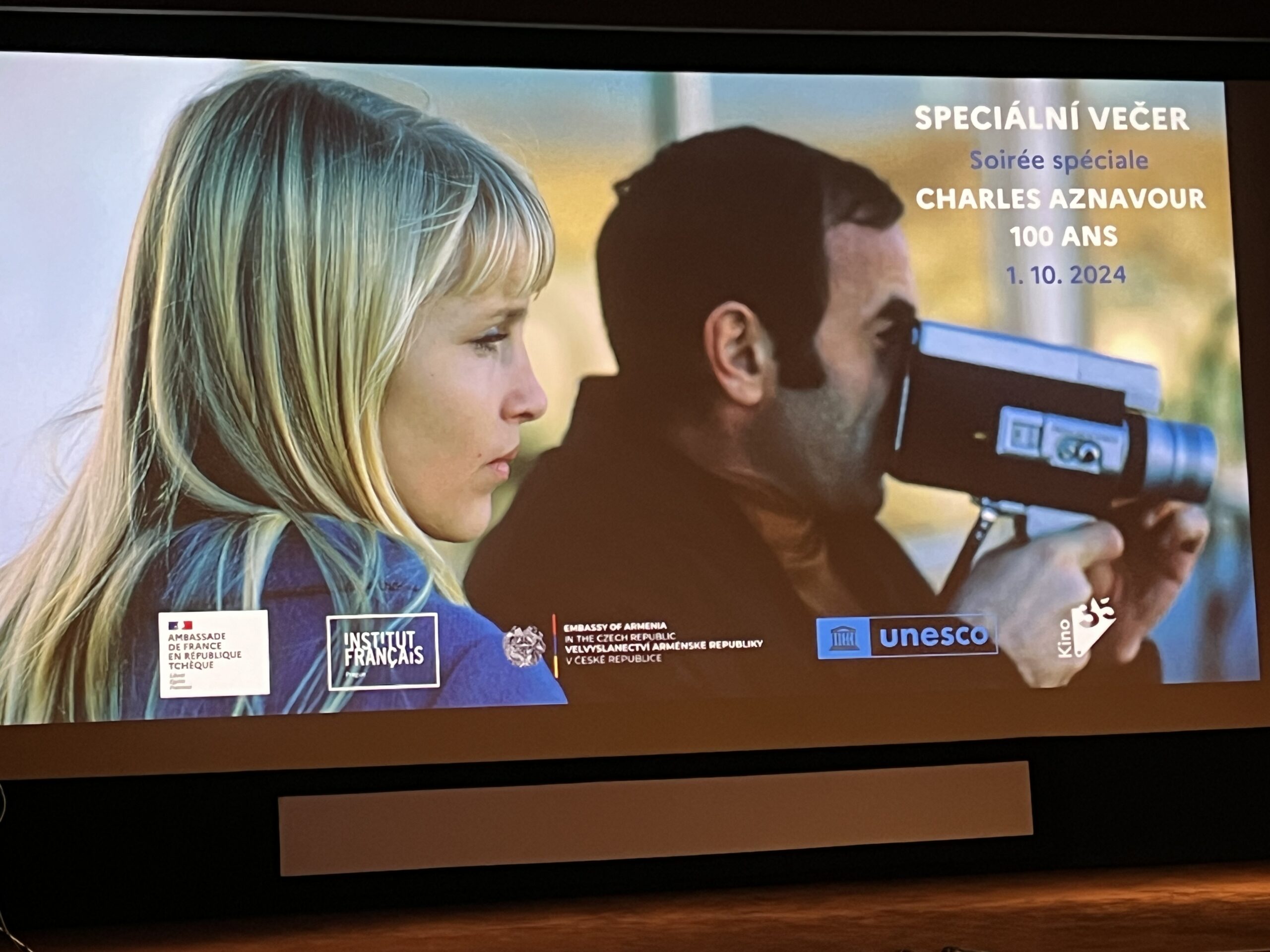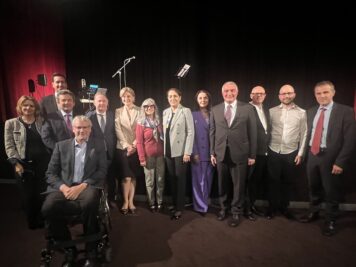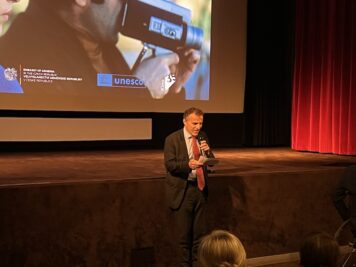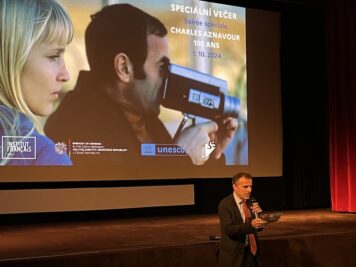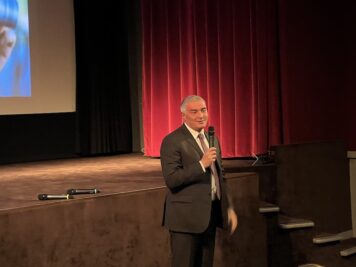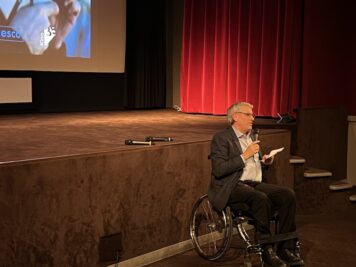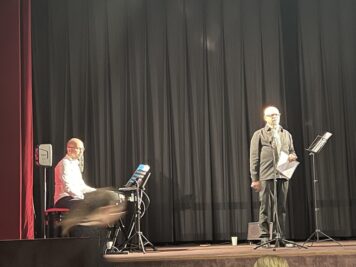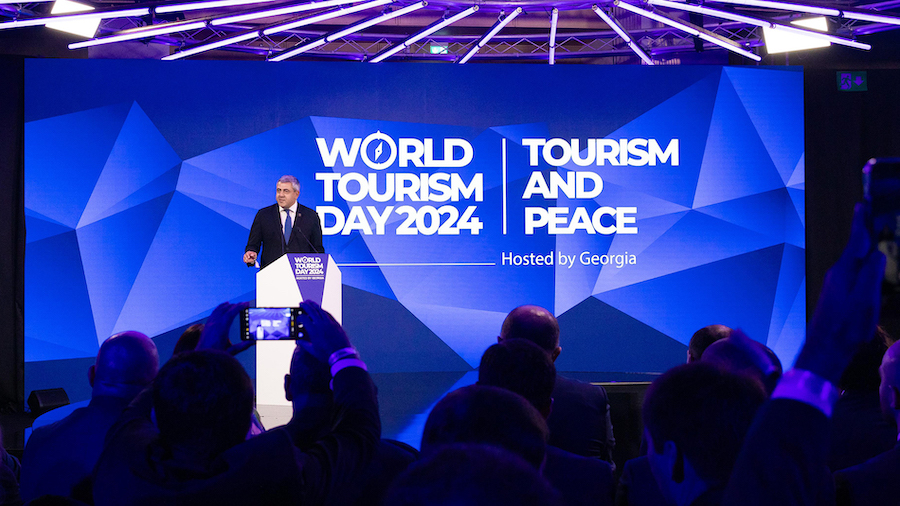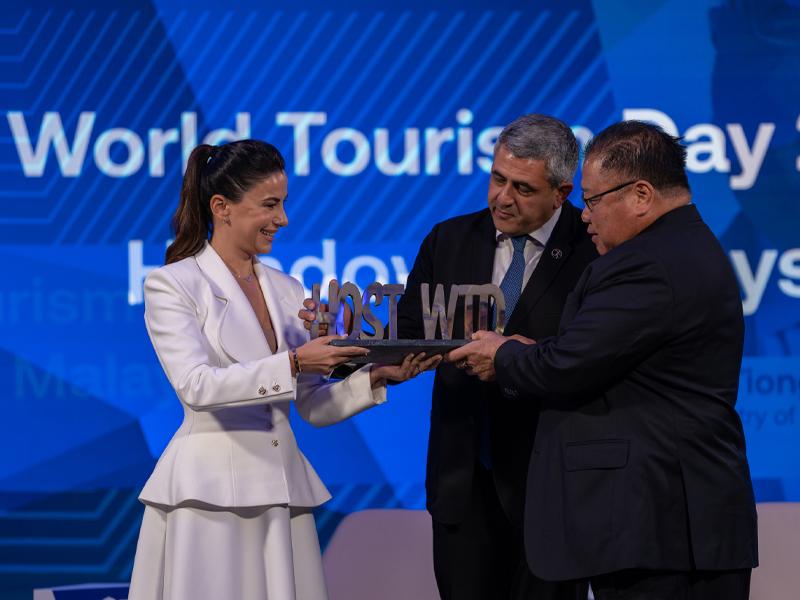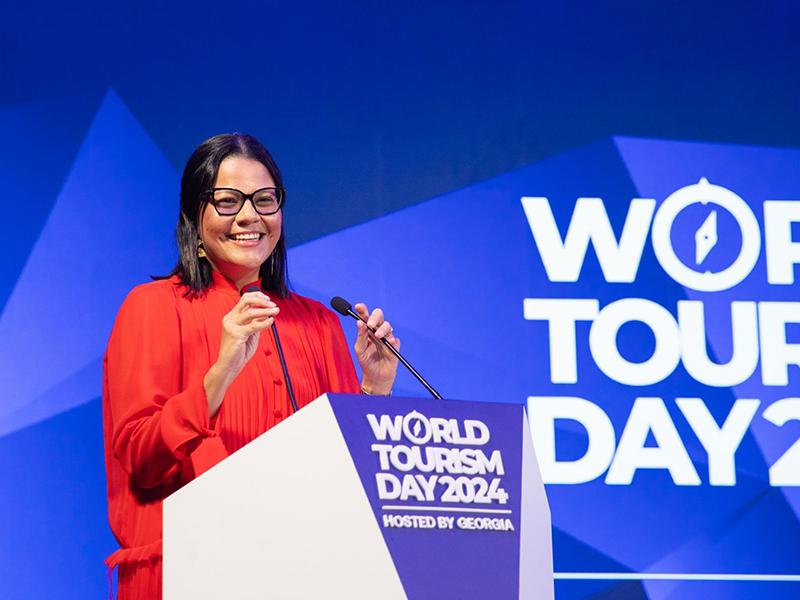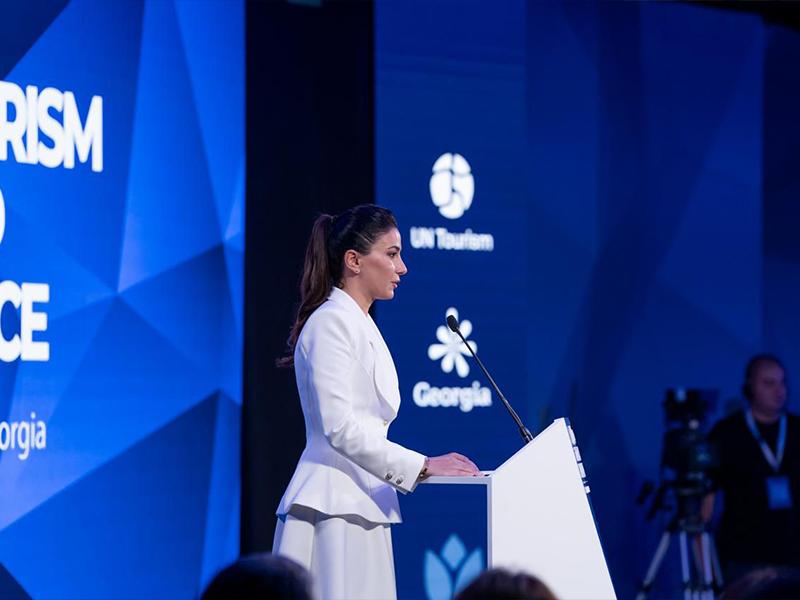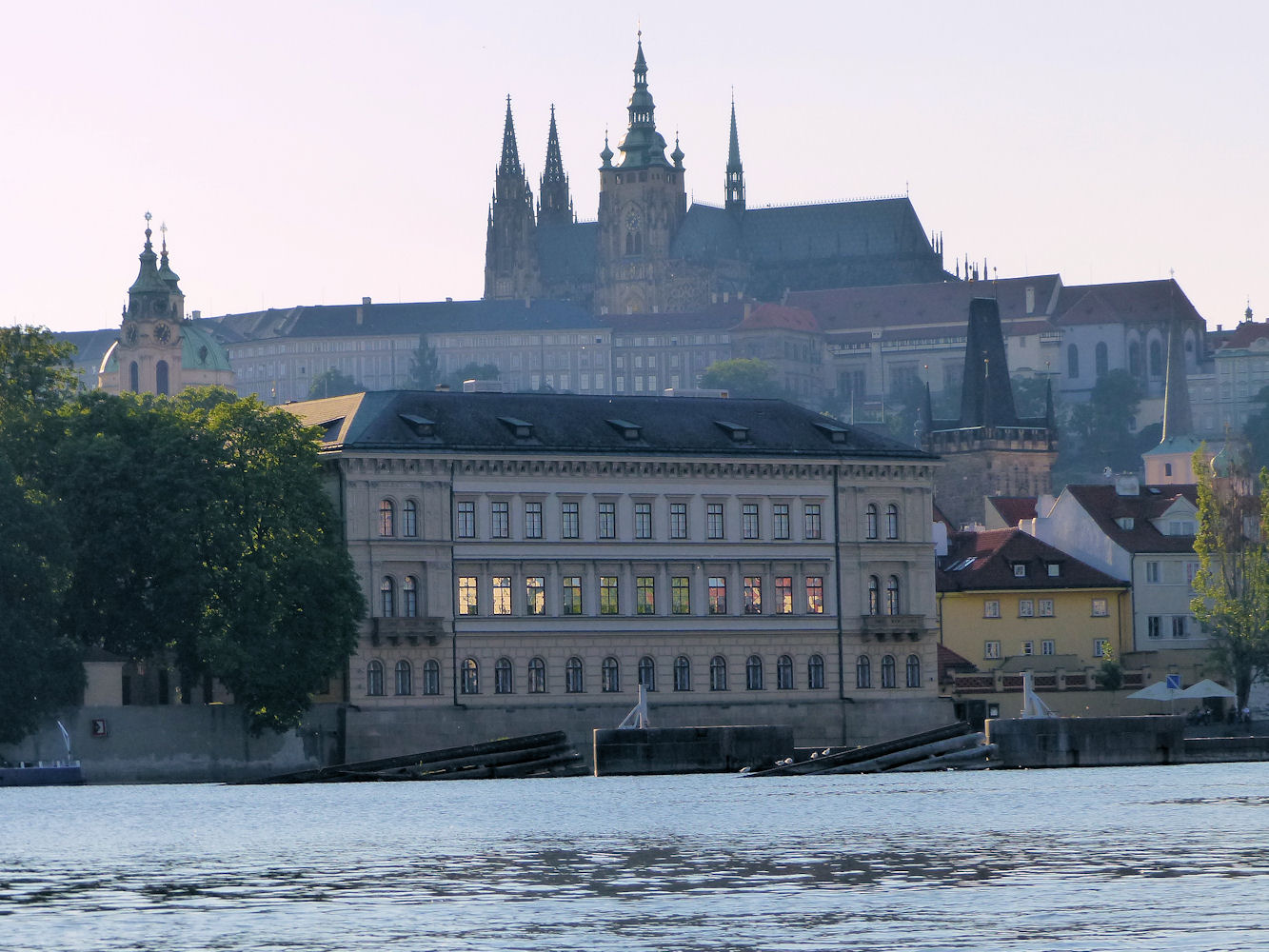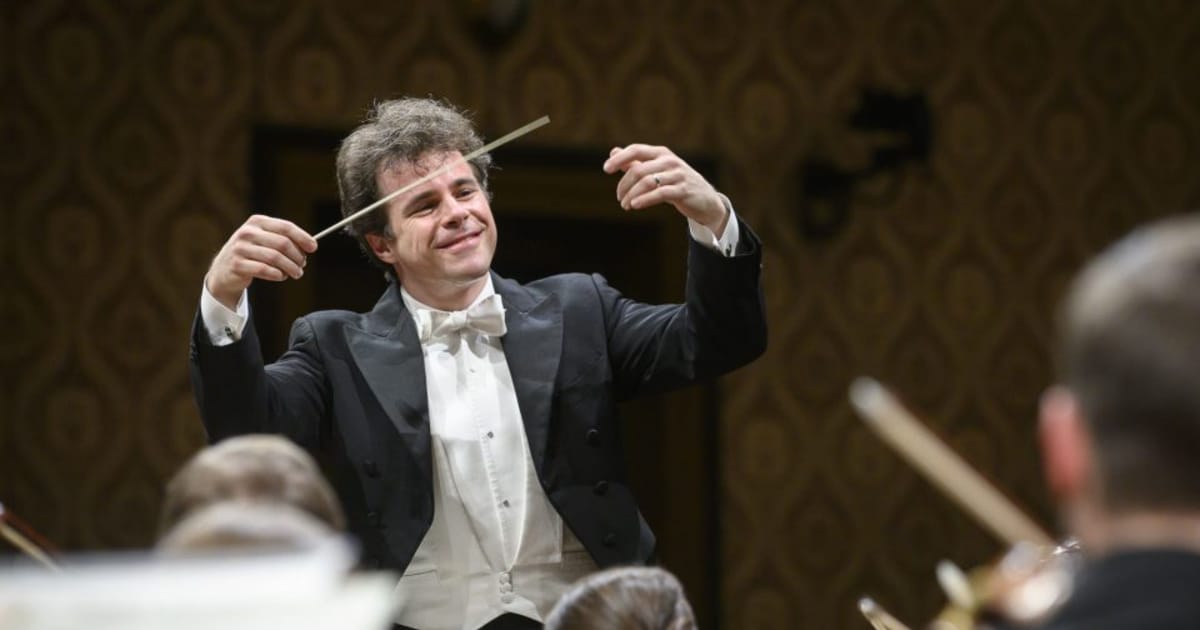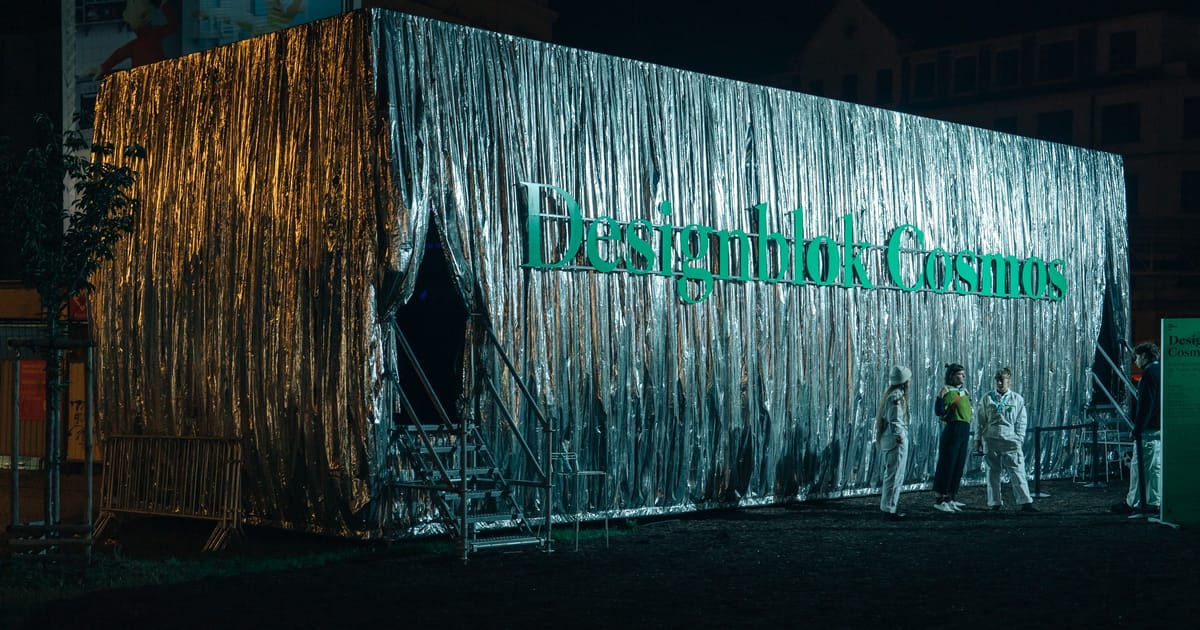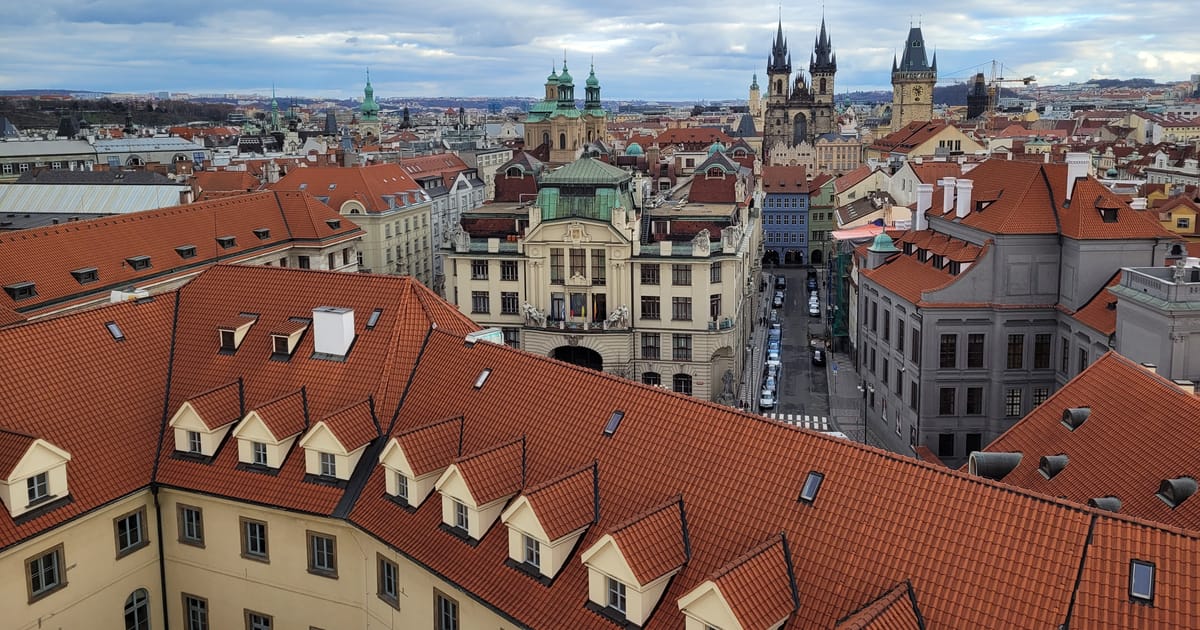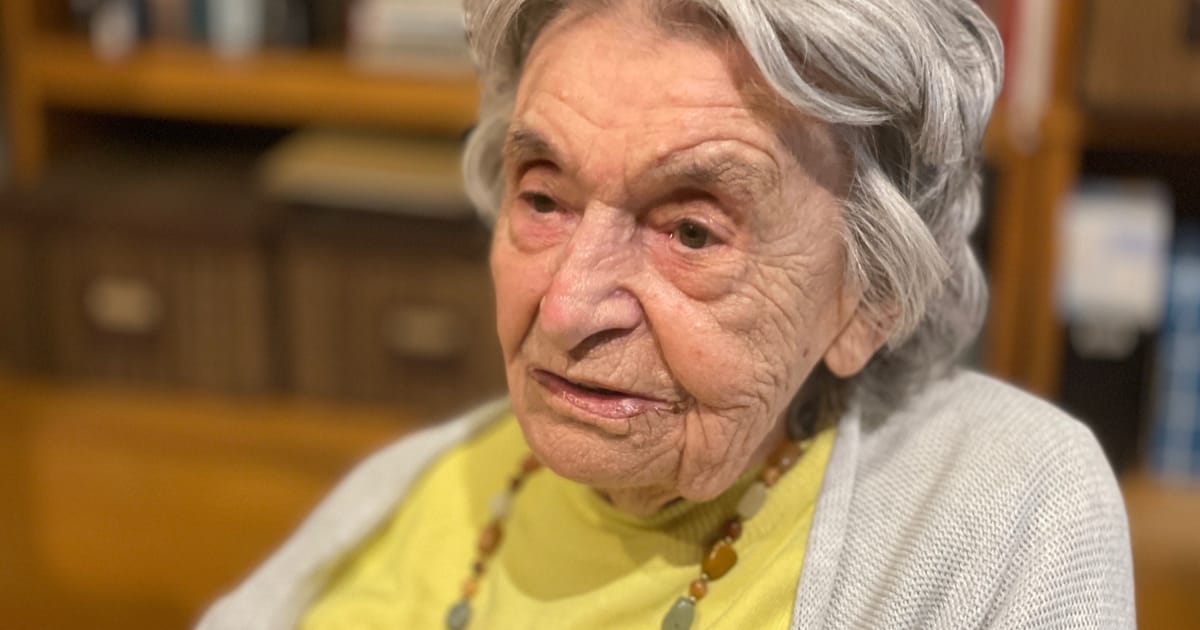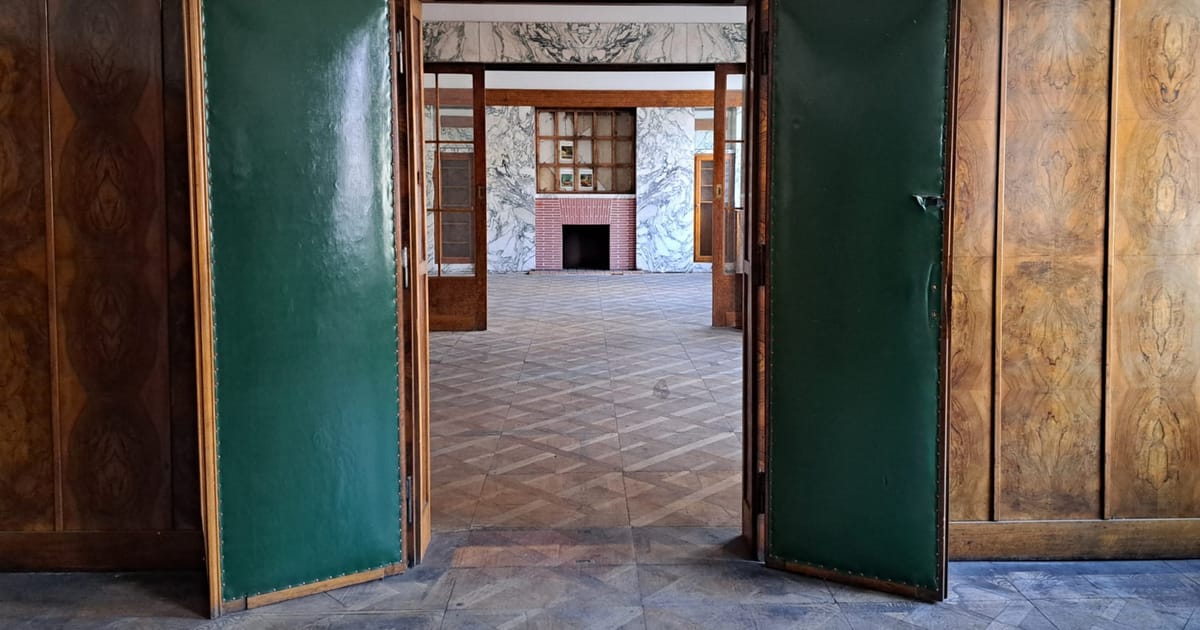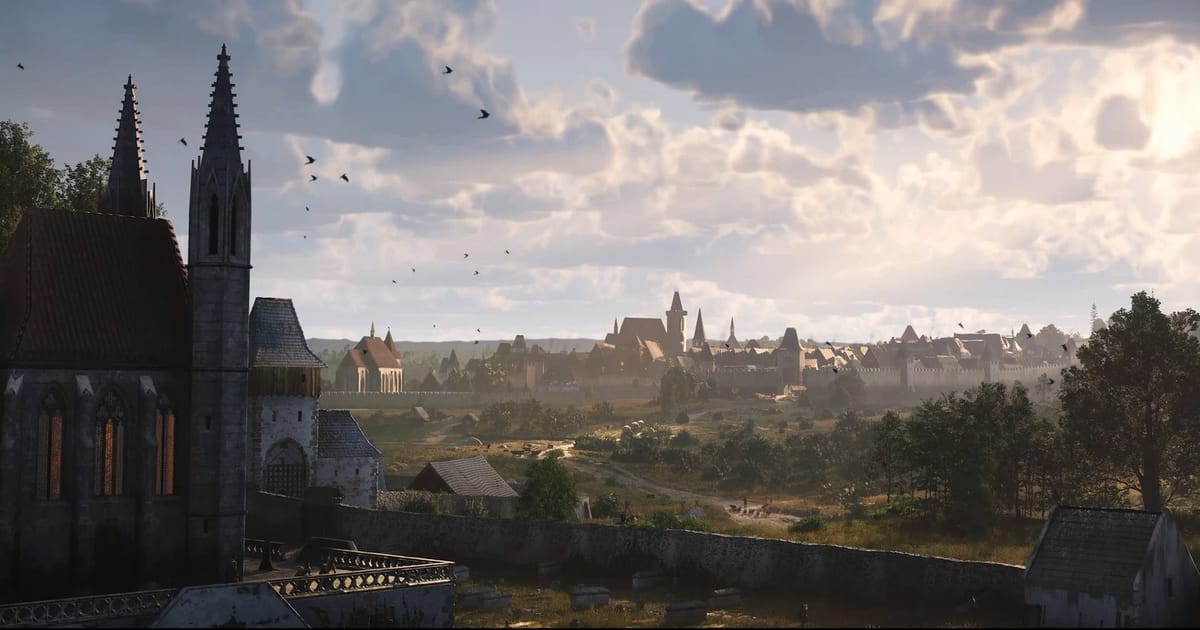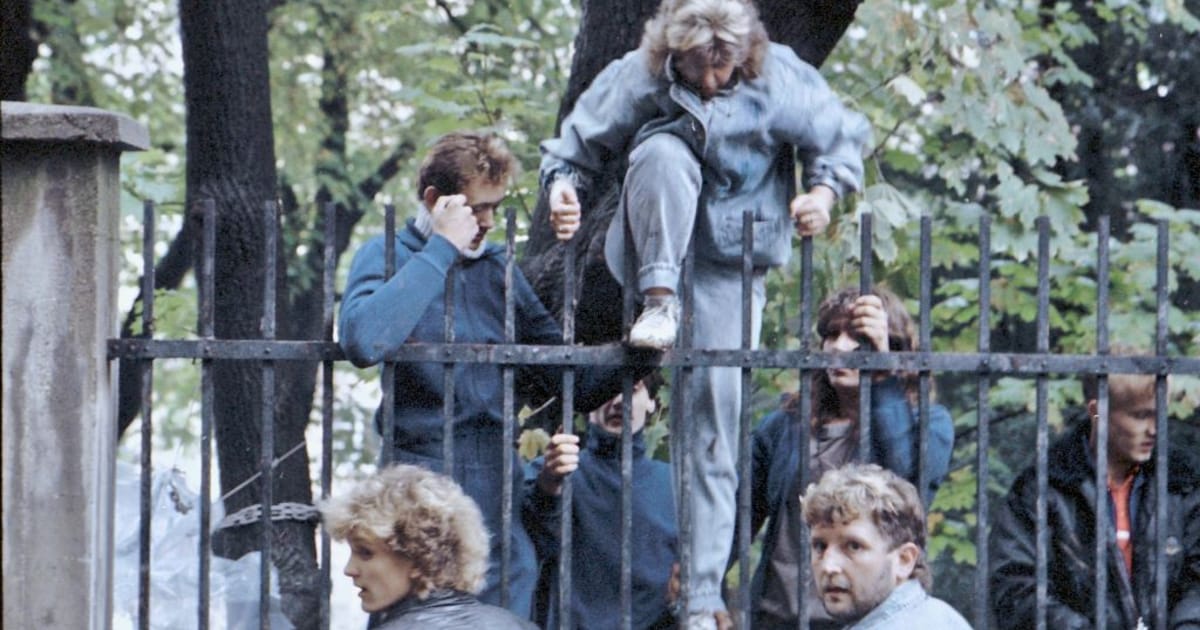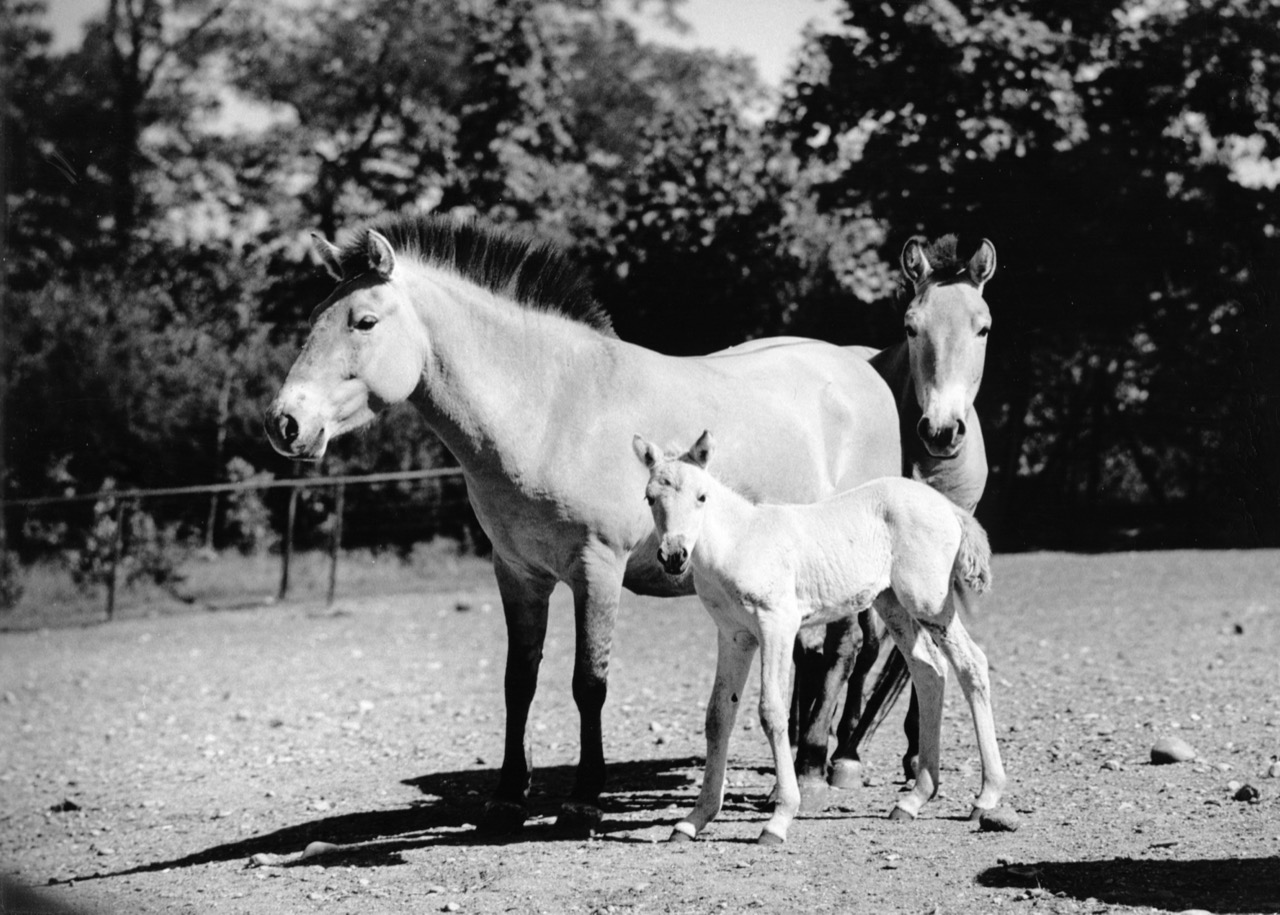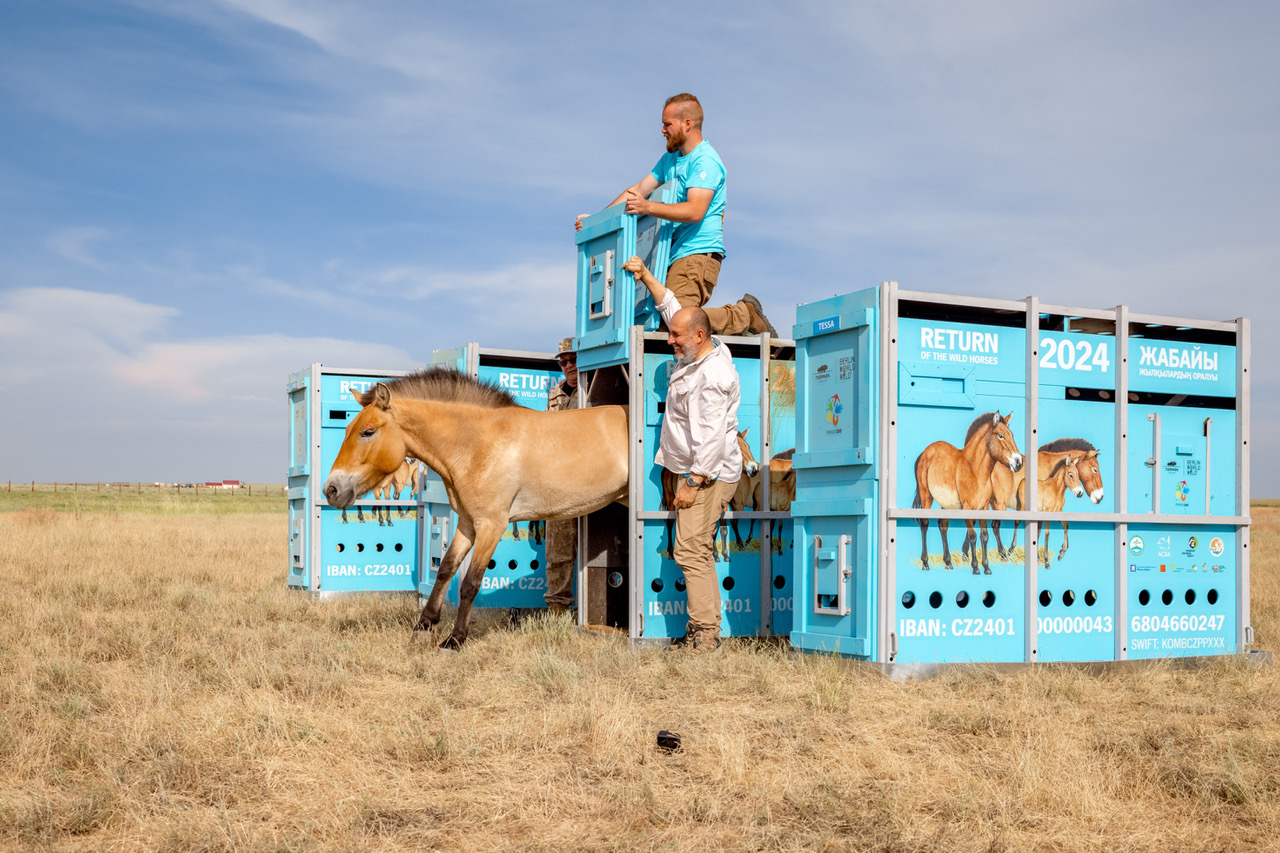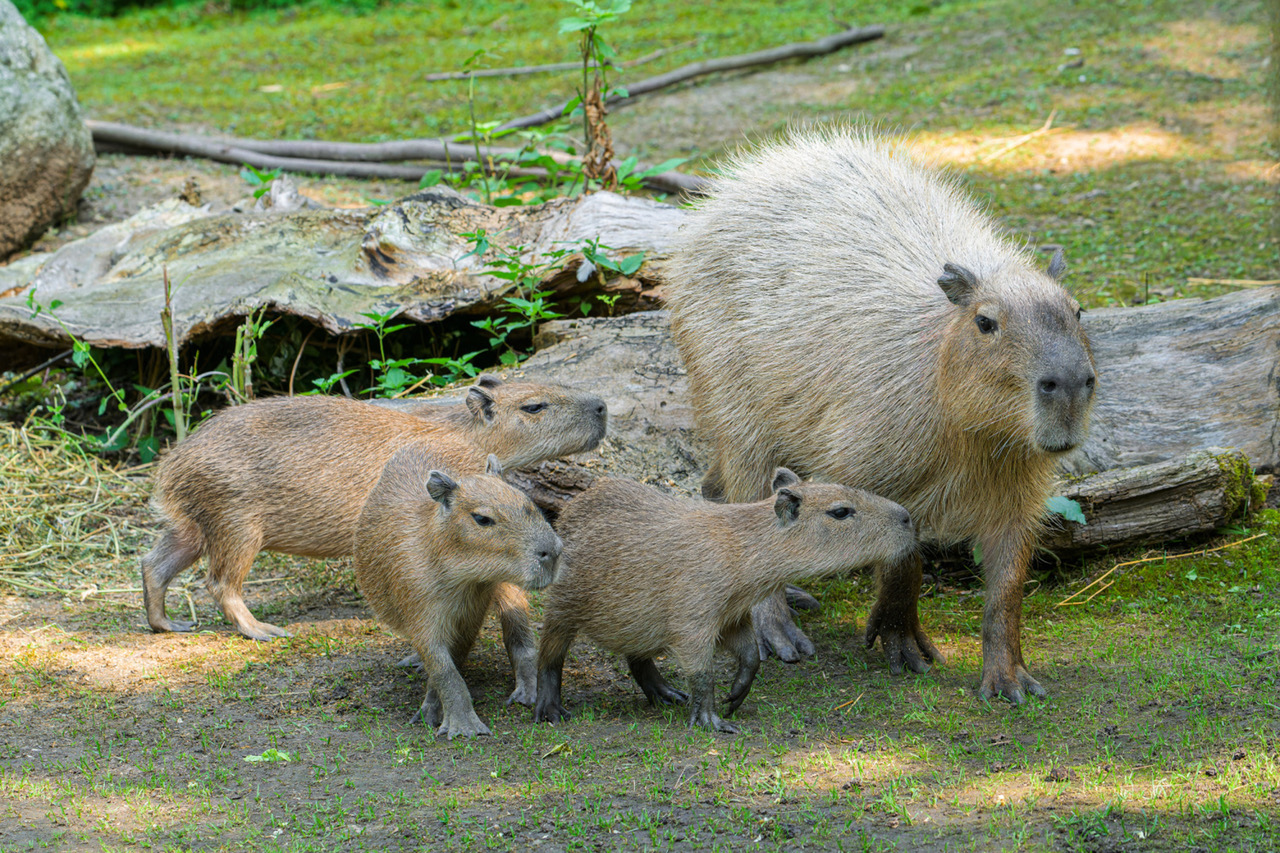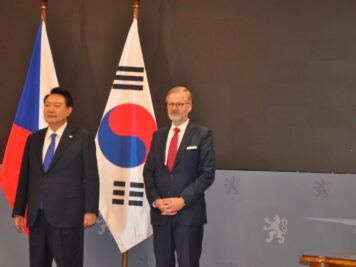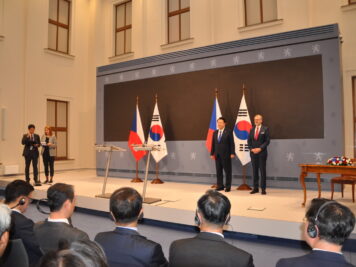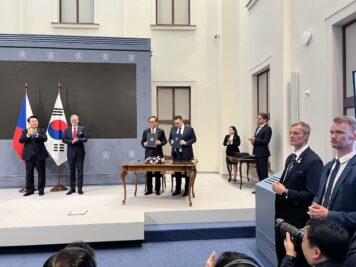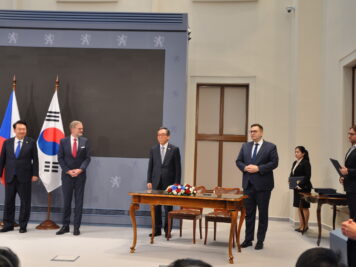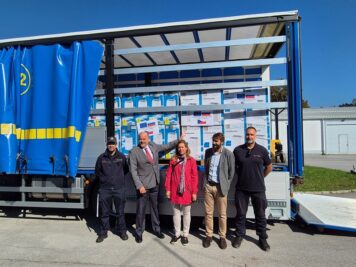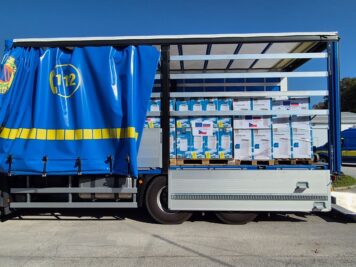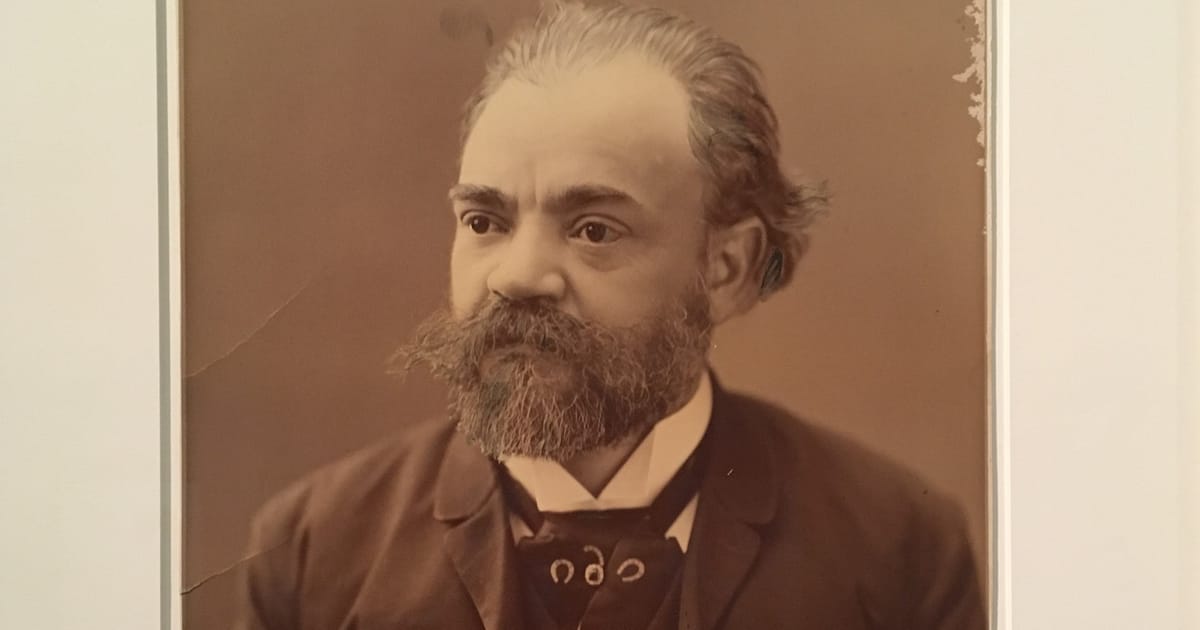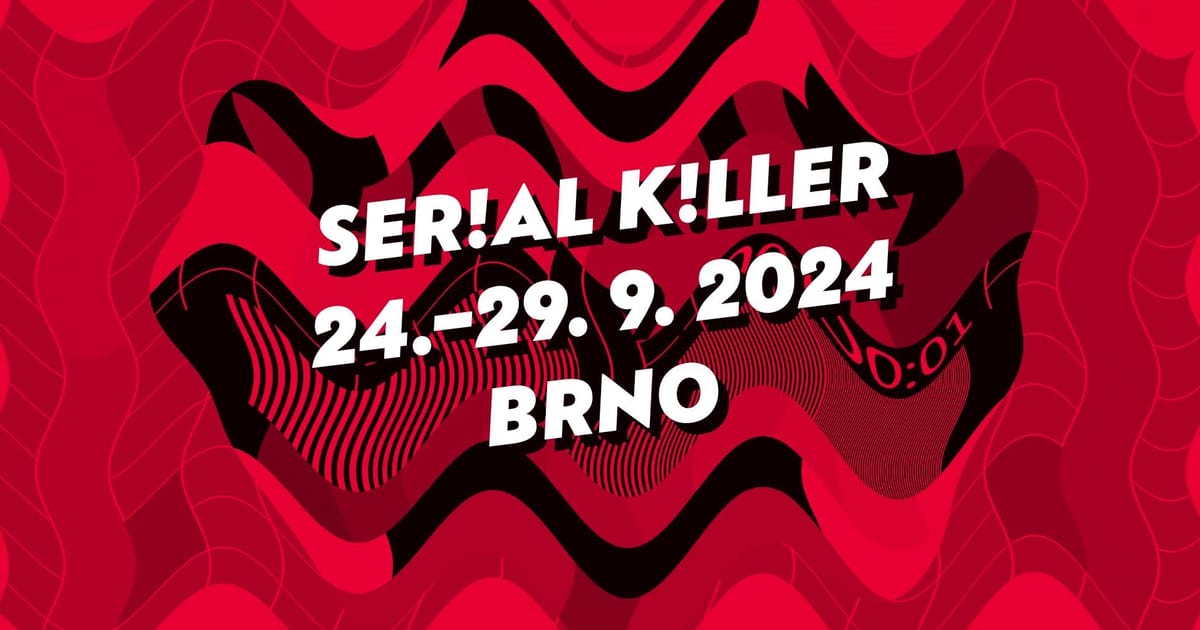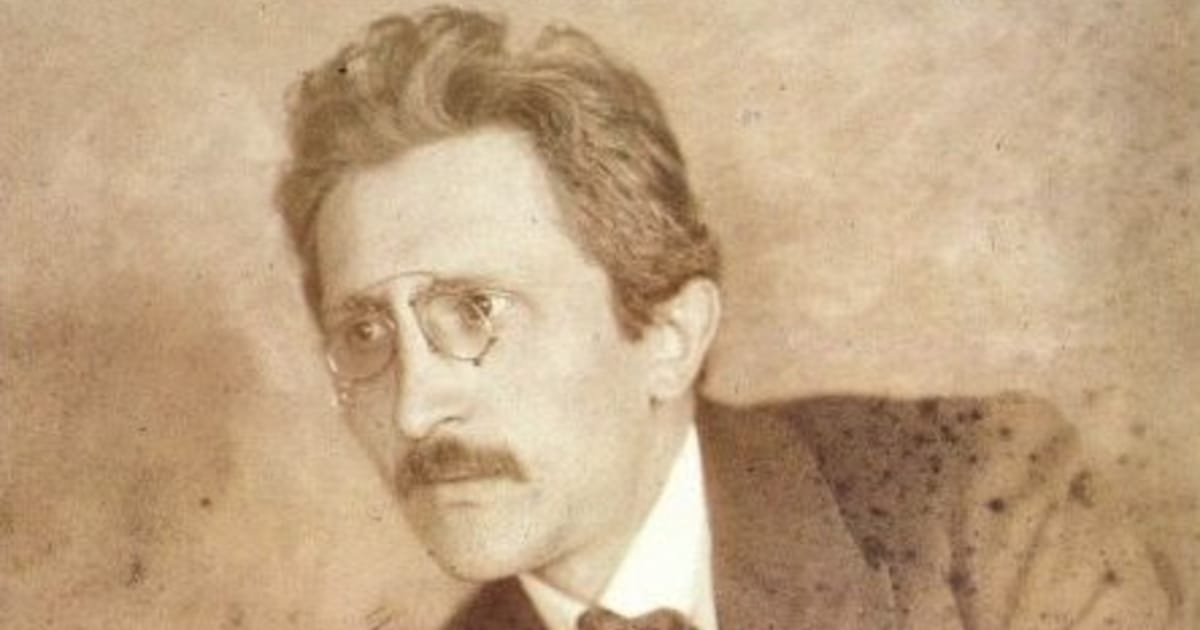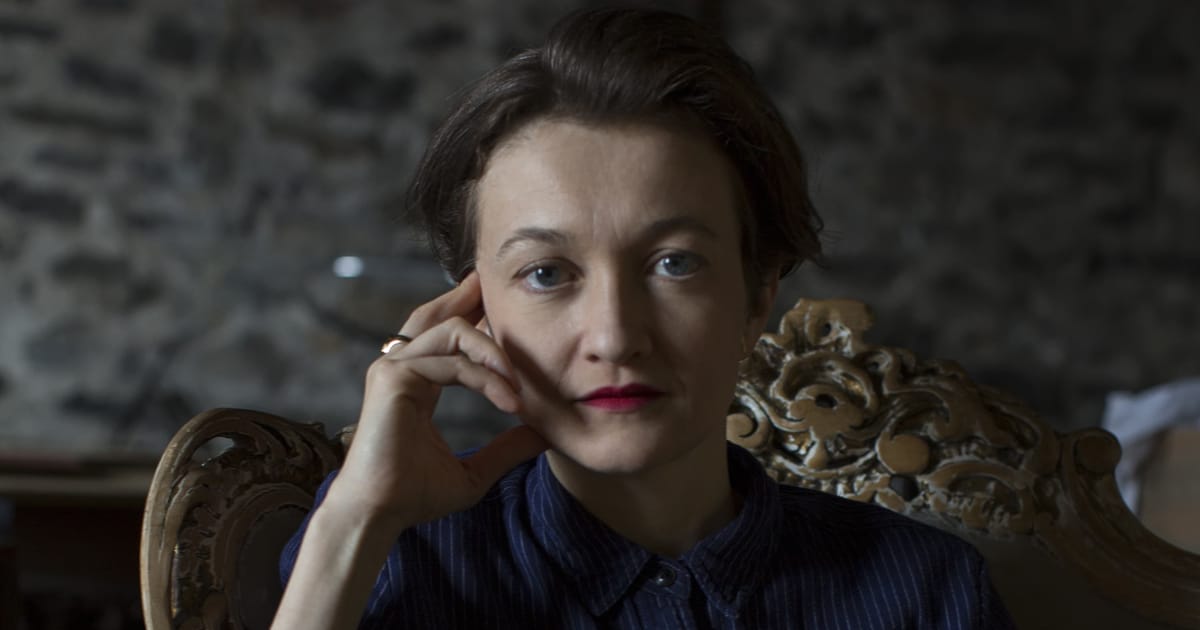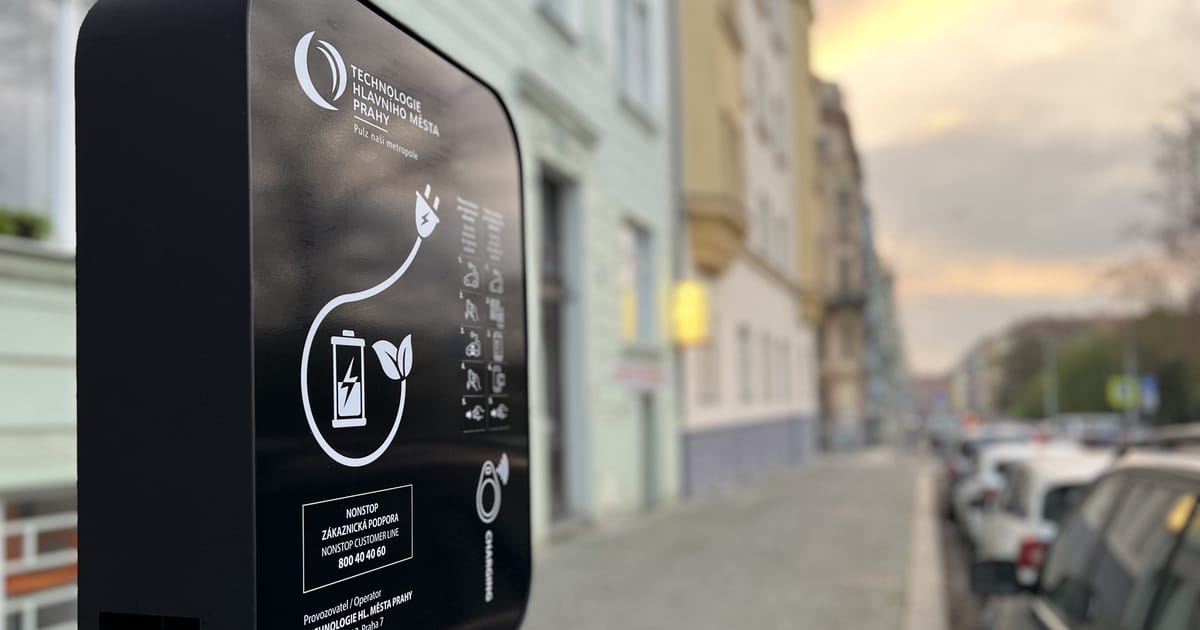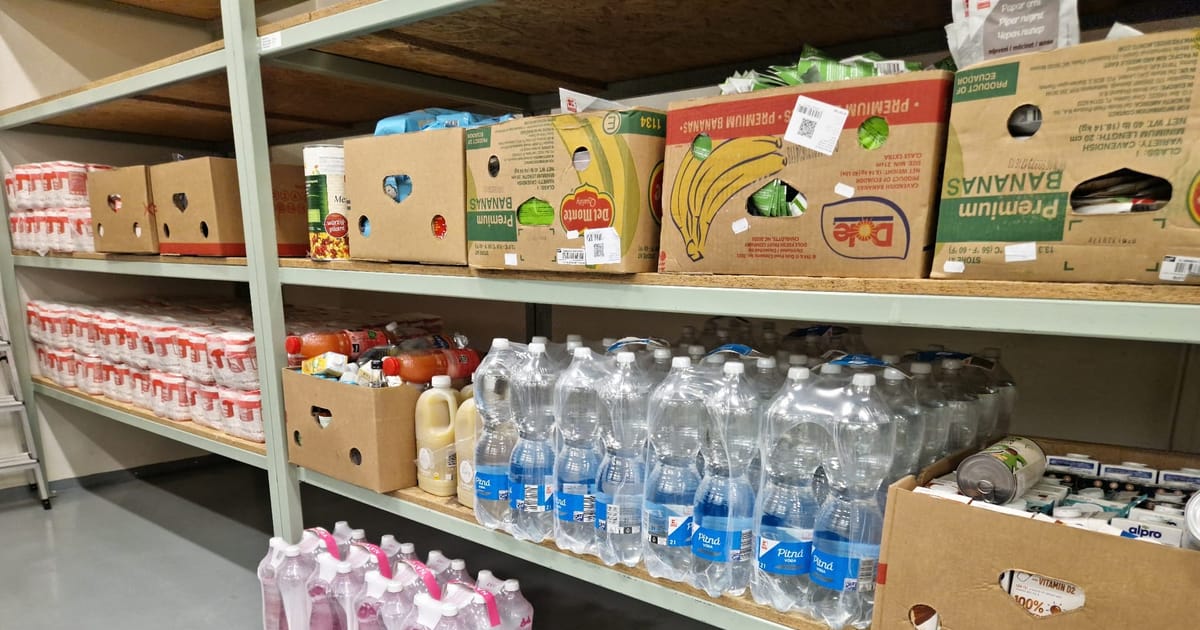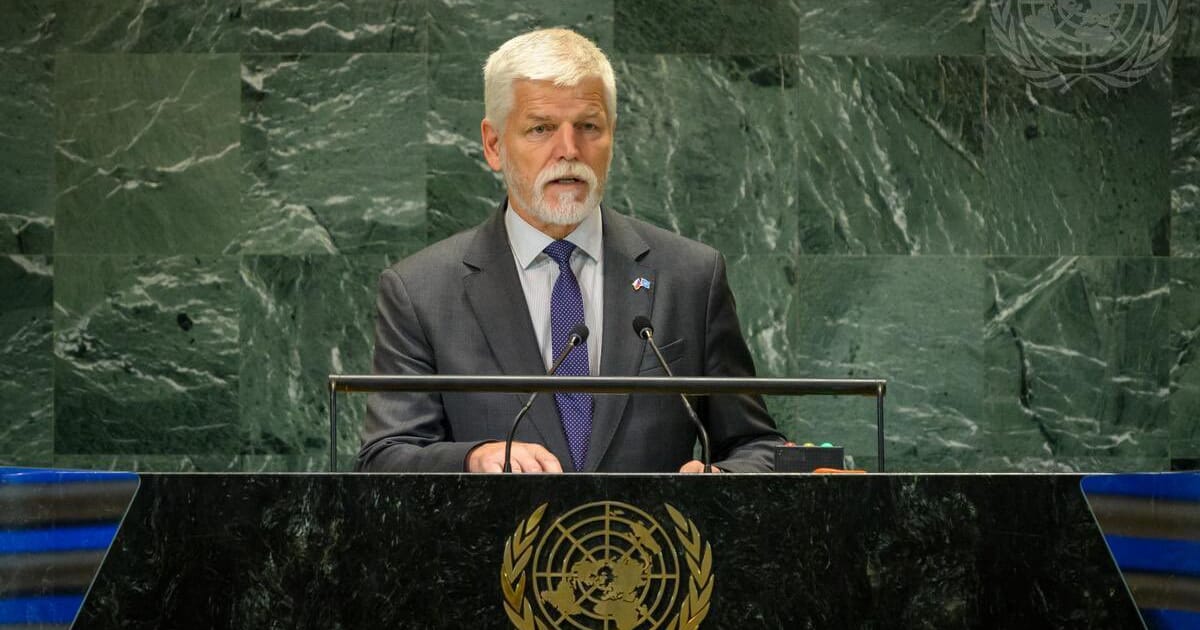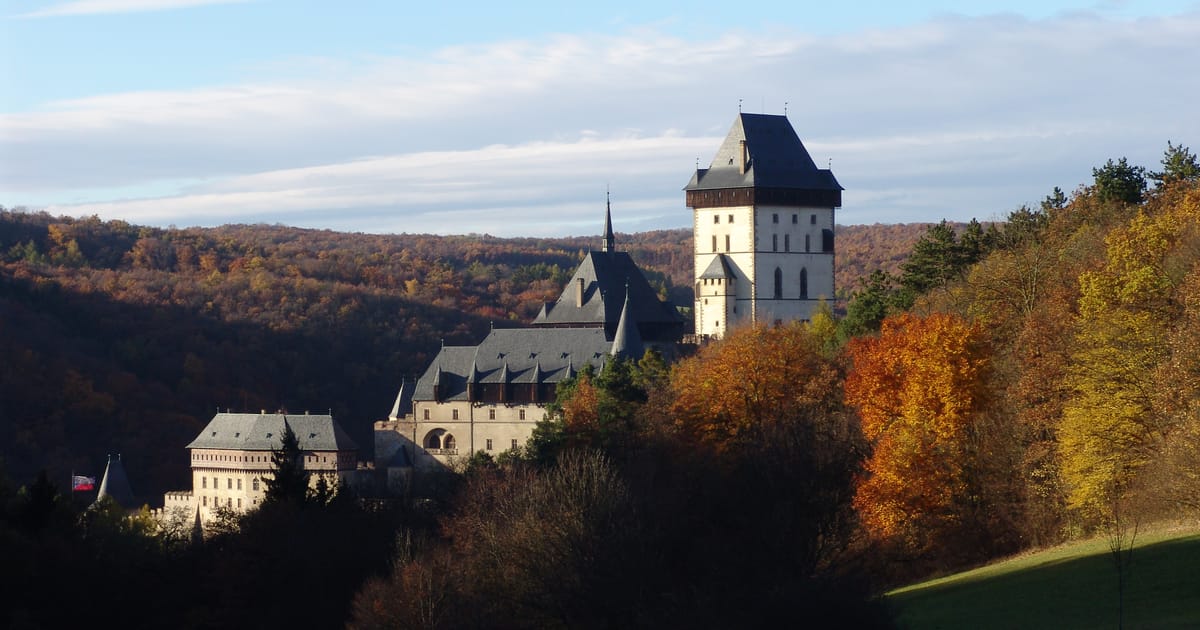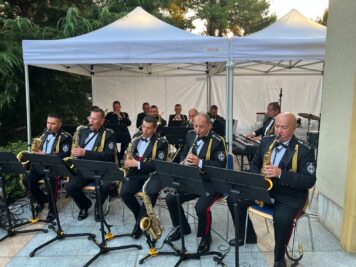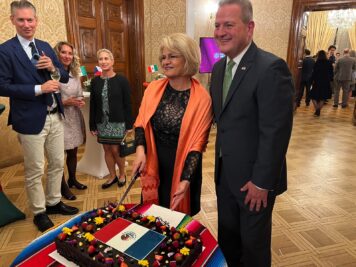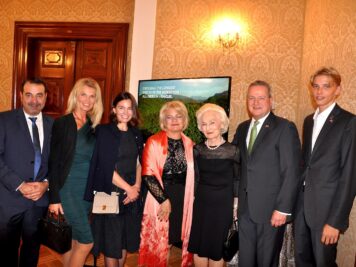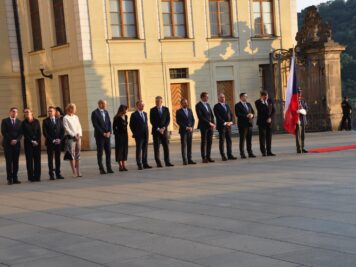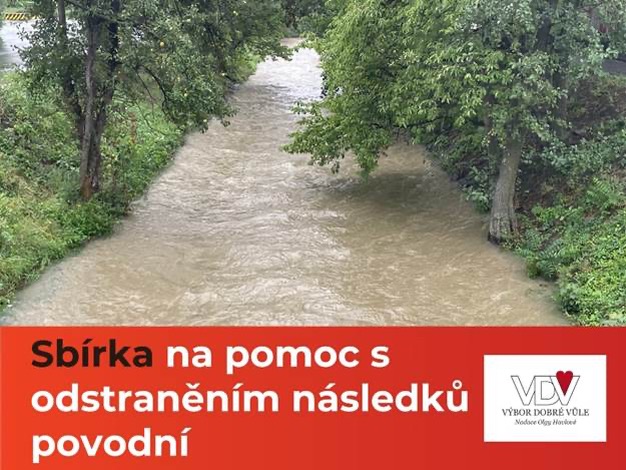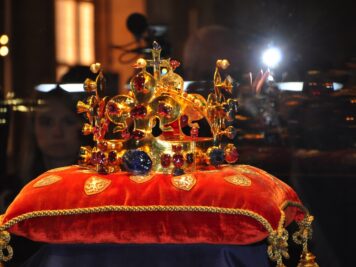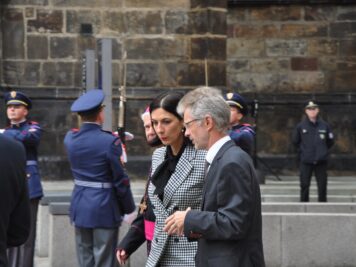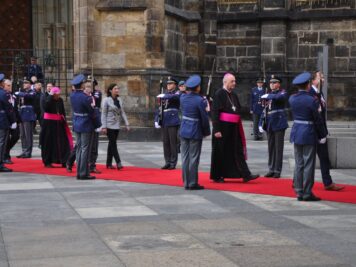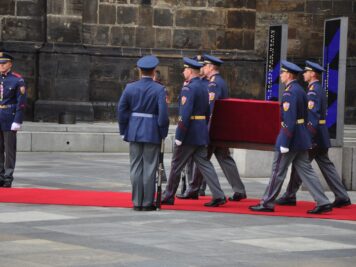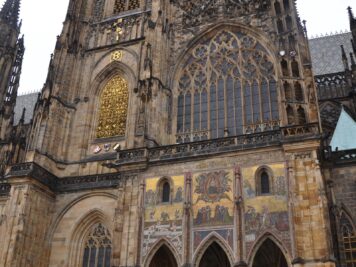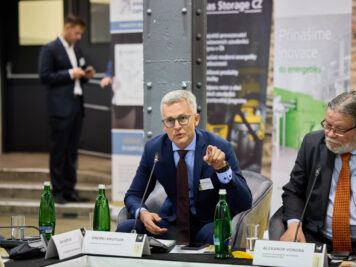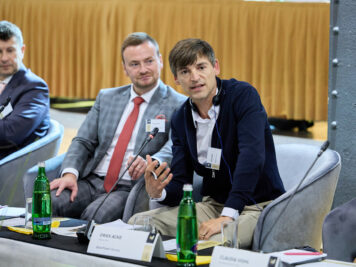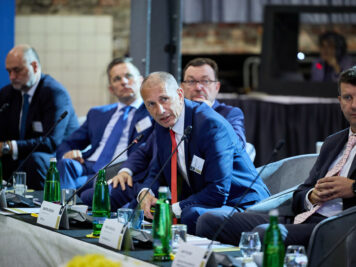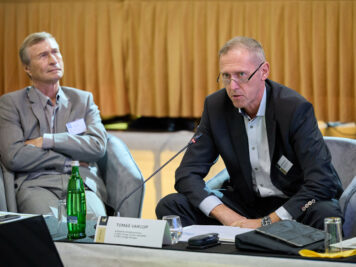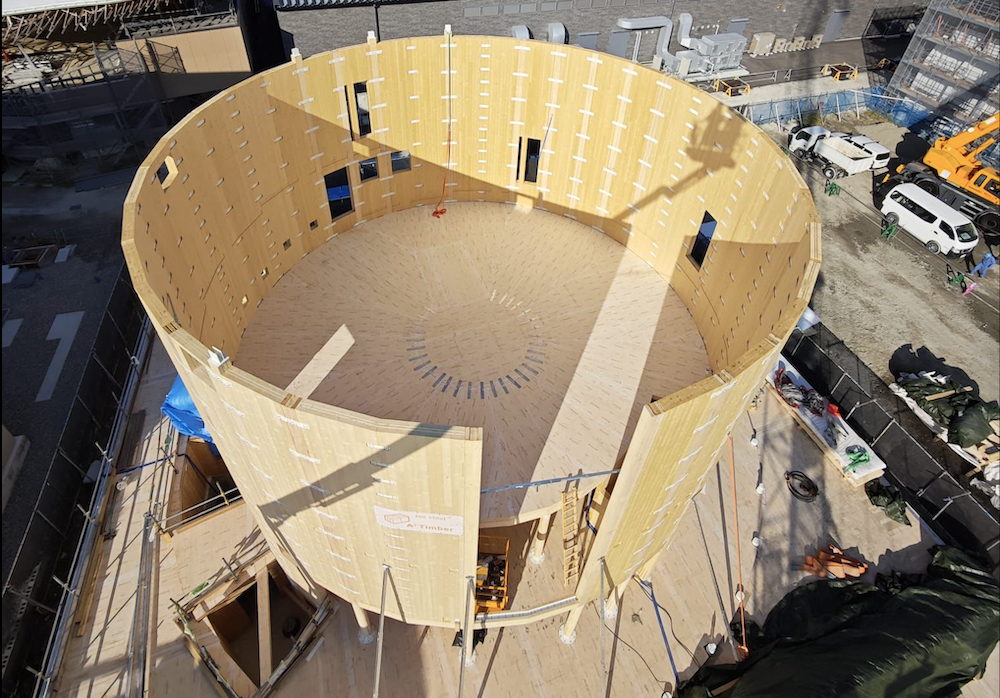
The gates of the World Expo, which will take place next year in Osaka, Japan, will open in exactly half a year, on April 13, 2025. EXPO 2025 will last for six months, and organizers expect up to 30 million people to visit it. One of the iconic buildings to which not only the organizers but also the Japanese and other foreign media are proudly invited, is the Czech National Pavilion. It officially began to be built in mid-May, and the assembly of the wooden structure has been underway since around mid-September. It now gets clear outlines and shapes. We bring you an exclusive photo gallery and comment on the construction progress.
“Construction of the Czech national pavilion at EXPO 2025 formally began in mid-May, a month after we signed the contract with the Japanese construction company Daisue. In May, we also held a jichinsai ceremony on the Czech land on Yumeshima Island in Osaka Bay, where the upcoming EXPO will be held. Subsequently, preparatory work took place and the Japanese builders worked on the foundations of the Czech National Pavilion, which are crucial for the construction – they must be sufficient support for possible earthquakes and typhoons,” says Ondřej Soška, general commissioner of the Czech participation in EXPO 2025, adding: “17. In September, the wooden construction started to be realized. To date, the assembly of the entire basement is complete, the builders completed the installation of the inner core of the building and the floor in the auditorium over the weekend. After less than a month of work on installing the wooden structure, about 40 percent of the rough construction is complete.”
The assembly is carried out by a joint team of the main contractor Daisue Construction and the Czech subcontractor A2 Timber. In Japan, this is a rather unconventional collaboration, as the local market is quite protectionist and usually does not allow foreigners into such projects. Despite significant differences in the way work is organized, the implementation of the national pavilion is nevertheless moving forward quickly. The Japanese can see from the course of cooperation so far that the Czechs are professional and are pleasantly surprised by the speed and efficiency of the construction process.
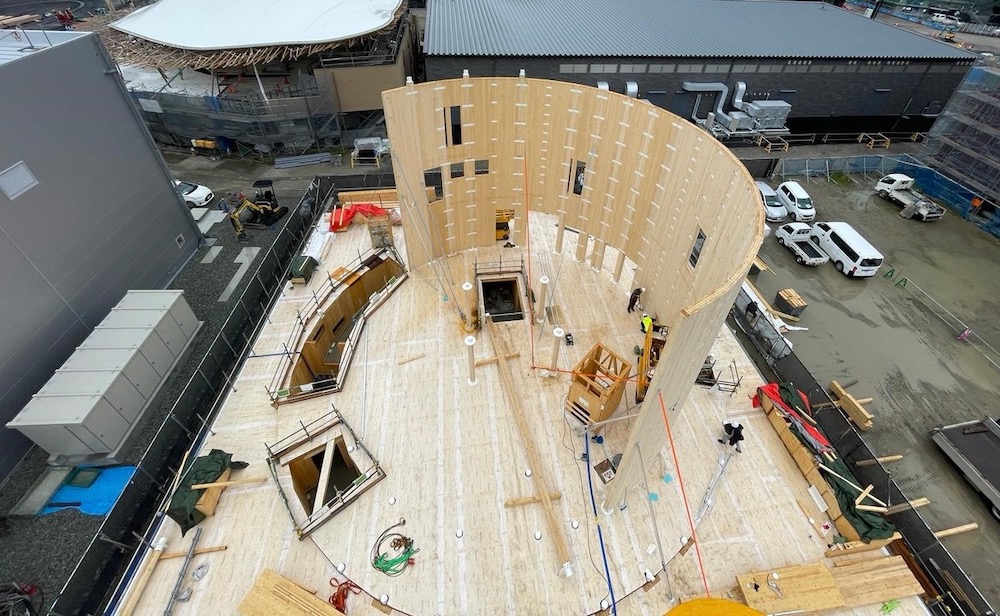
CLT construction manager Martin Povala from the A2Timber team praises the cooperation with Japanese colleagues: “The Czech national pavilion is not only a good design but also an innovative and technically sophisticated project. When installing in an environment where earthquakes and typhoons are common, the absolute precision of our work is key. The Japanese understand this better than anyone else, and they give us all the cooperation in routine organizational matters, even when something needs to be done quickly.”
A team of approximately 10 people, six Czechs, and four Japanese, operates on the construction site every day. Work starts at six in the morning and ends between five and six in the afternoon. They work six days a week, one day off. The work is very demanding, the temperatures are still high in Japan, but all work is carried out according to the agreed schedule. The construction manager must also plan the work according to the weather. Due to the size of the panels, it cannot be installed when it is raining a lot or the wind is blowing. For work planning, they also use the Czech application Windy, which is very popular in Japan. The progress of the construction is also personally supervised by General Commissioner Soška, who is also on-site to be able to resolve any misunderstandings or problems that may arise operatively.
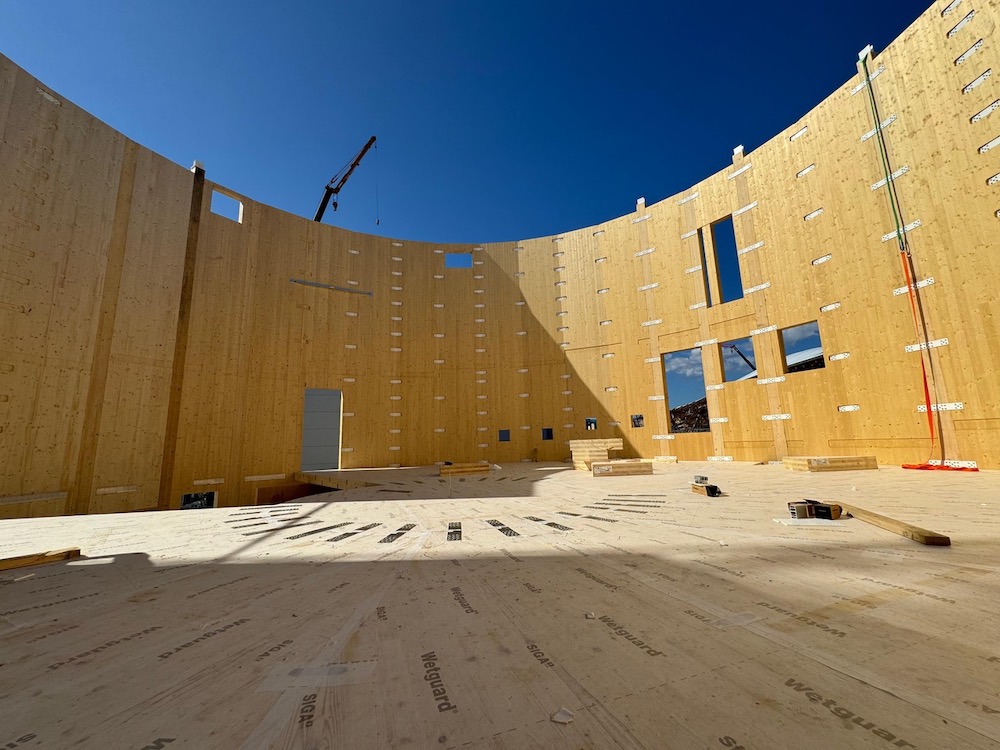
The Czech National Pavilion will be the first wooden building of its kind without a steel structure in Japan. It is produced mainly from Czech materials – wood from Czech forests and Czech art glass. The Ministry of Agriculture, the Ministry of the Environment, and the Ministry of Defense participate in the supply of wood, specifically the state enterprise Forests of the Czech Republic, Military Forests and Farms of the Czech Republic, and the Krkonoše National Park. The cooperation at the national pavilion was announced by Minister Marek Výborný, Petr Hladík, and Jana Černochová at a press conference at the Breadwinner’s Land in České Budějovice this August.
The first wooden-framed containers left for Japan on July 1, 2024, and another forty or so containers left during the summer, with the last containers loaded in early September. All wood is transported to Japan by ship. From the Czech Republic, the containers always headed to the largest German port in Hamburg, from where they sailed for about 8-10 weeks to Osaka, Japan.
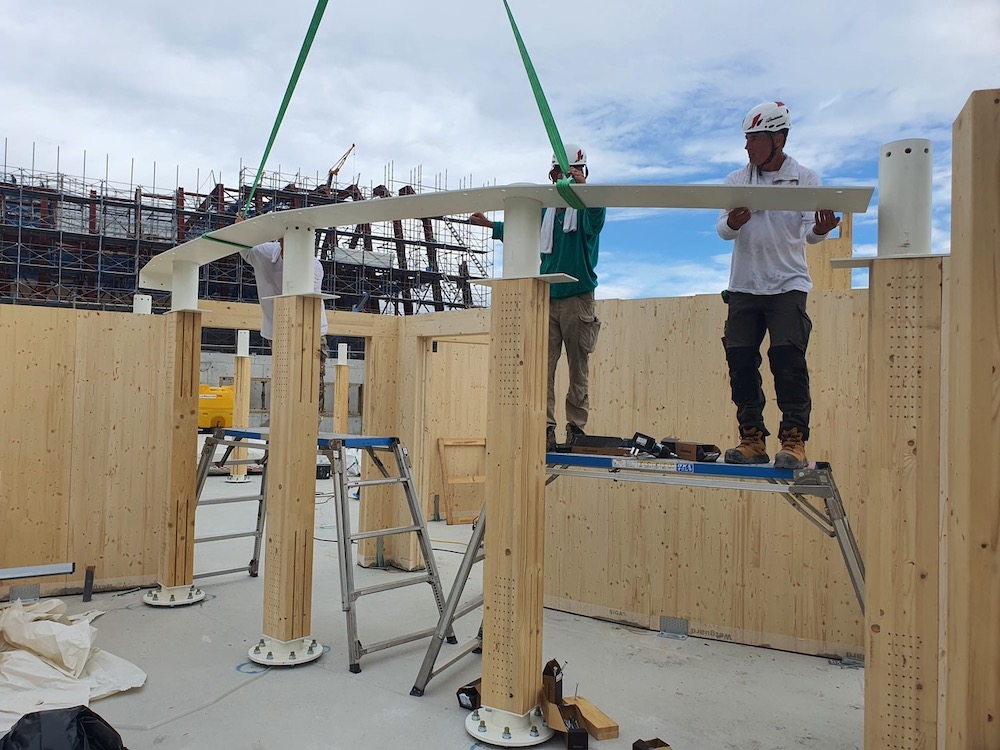
You can read more about the architecture: https://www.czechleaders.com/insights/a-glass-spiral-in-osaka-the-czech-national-pavilion-for-expo-2025-will-be-a-marvel
About the Czech pavilion at EXPO 2025
In December 2022, after more than twenty years, the Office of the Commissioner General announced an open anonymous architectural competition for the design of the national pavilion for EXPO 2025. 38 competition teams applied for it, from which an expert jury led by the world-renowned architect Eva Jiřična selected the winning design in March 2023 in the shape of a glass spiral by Apropos Architects. The supporting structure of the building will be made up of modern wooden panels, while the facade will be made of art glass, which has a centuries-old tradition in the Czech Republic. The national pavilion will offer a worthy background for the Czech participation in EXPO 2025, which will be held from April to October 2025 on the artificial island of Yumeshima in the Osaka Bay. The pavilion will have a permanent exhibition, a multifunctional auditorium, facilities for business meetings, a restaurant, a VIP lounge, and in front of the pavilion there will be a relaxation area with a view of the sea for visitors.
About Czech participation in EXPO 2025
The Czech Republic will participate as an independent state in the EXPO world exhibition for the sixth time. Ondřej Soška, who won the selection procedure of the Ministry of Foreign Affairs with his concept and theme “Talent and creativity for life”, holds the position of general commissioner from September 2022. In Osaka, the Czech Republic should be presented not only with what the Japanese know very well and admire for a long time, for example Czech glass and classical music, but also with Czech innovations, nanotechnologies, promising startups and regional talent.
Become a partner of the Czech participation at EXPO 2025:
Become a partner of the Czech participation at EXPO 2025
You can find more information on the website of the Czech participation in the world exhibition EXPO 2025. You can also follow us on Twitter, LinkedIn, Facebook, Instagram and YouTube.
From January 2023, the Office of the General Commissioner is part of the network of Czech Centers.
